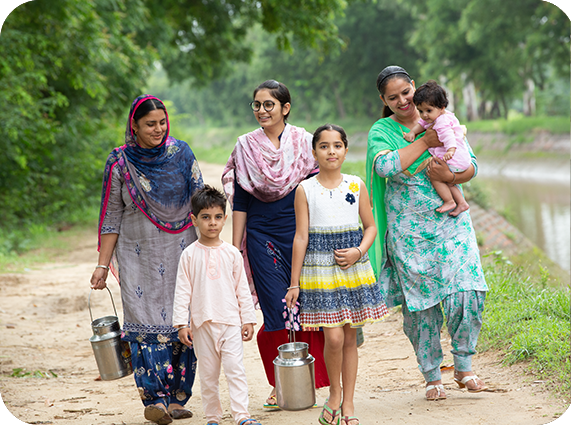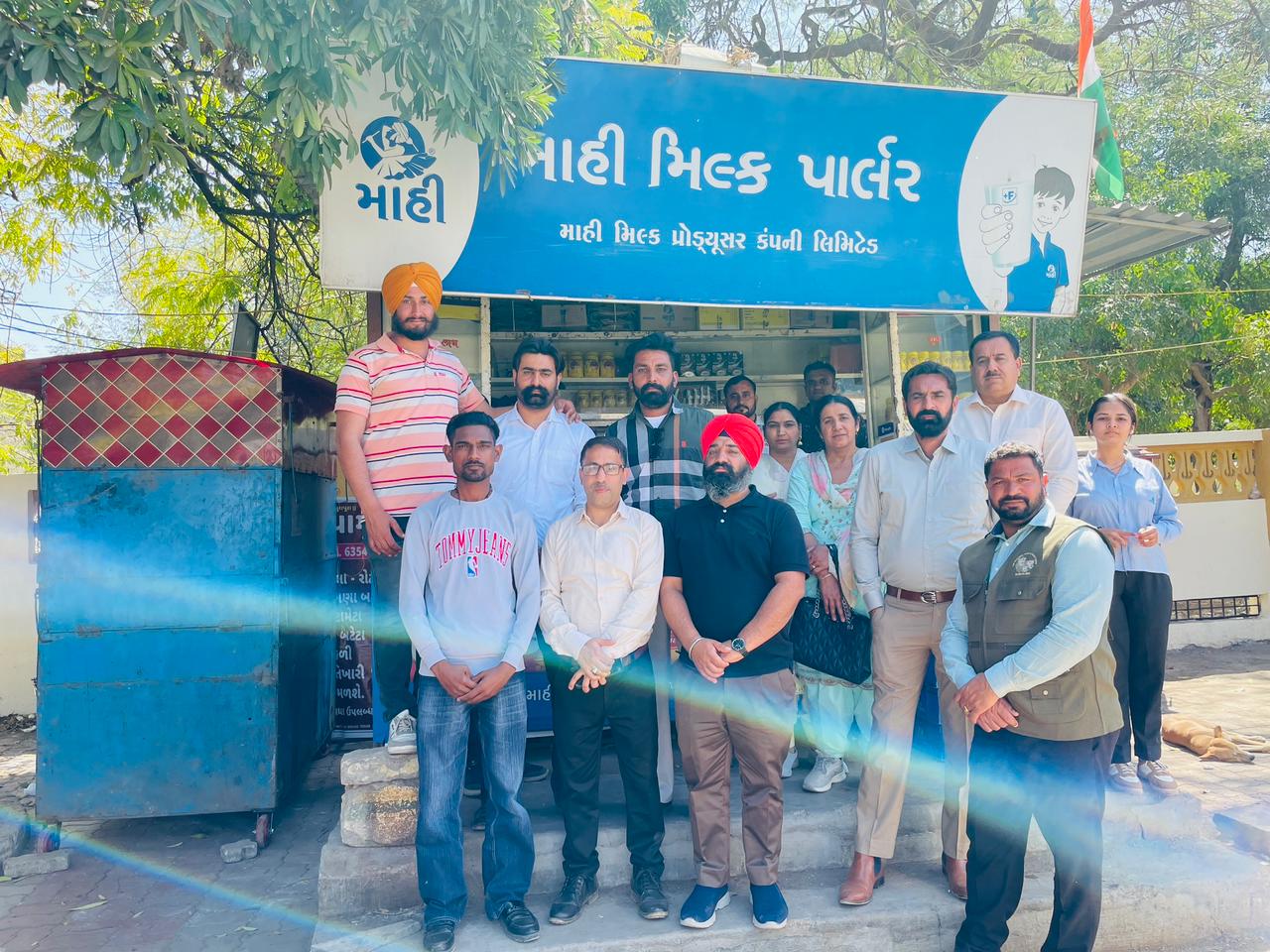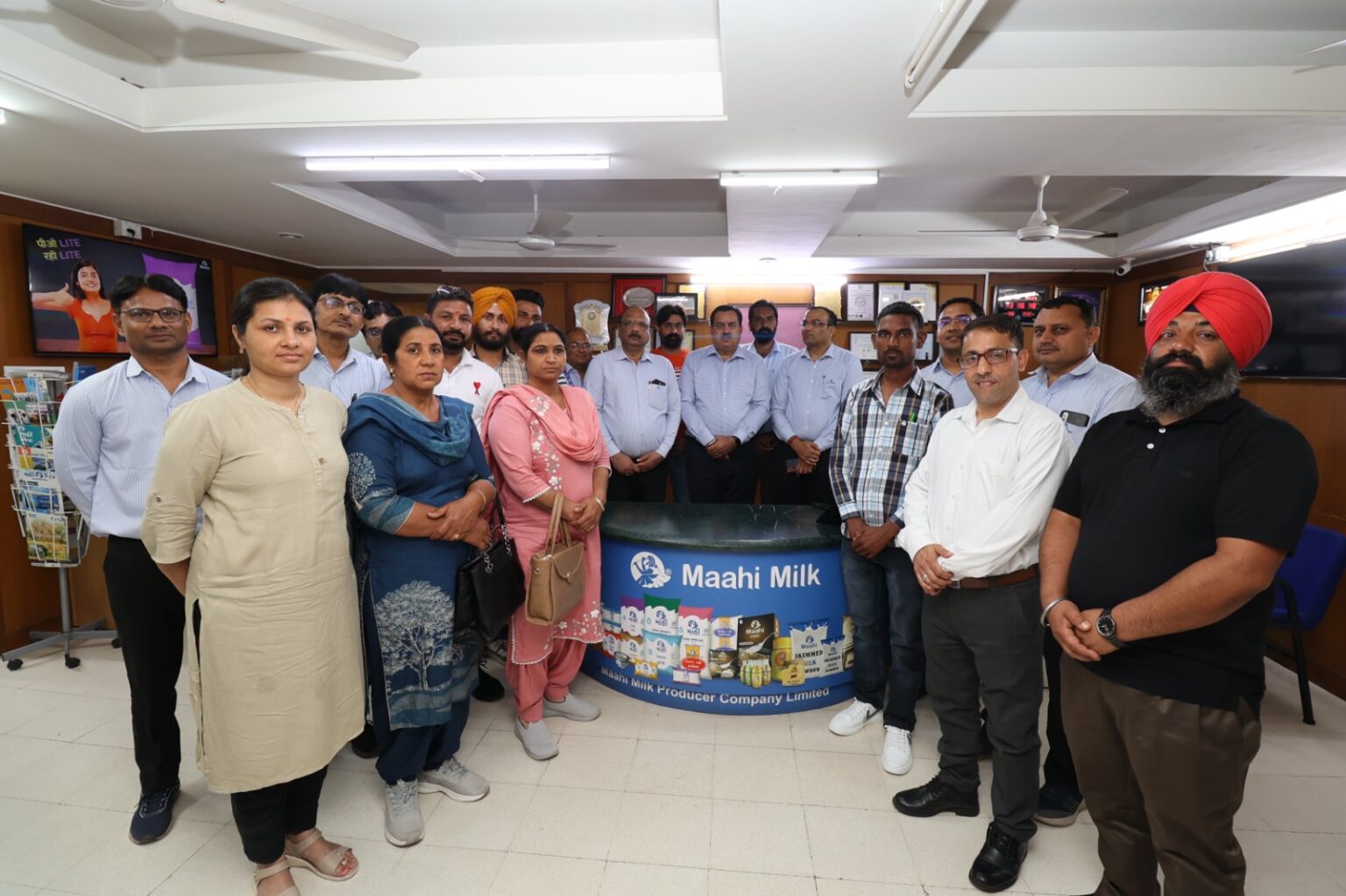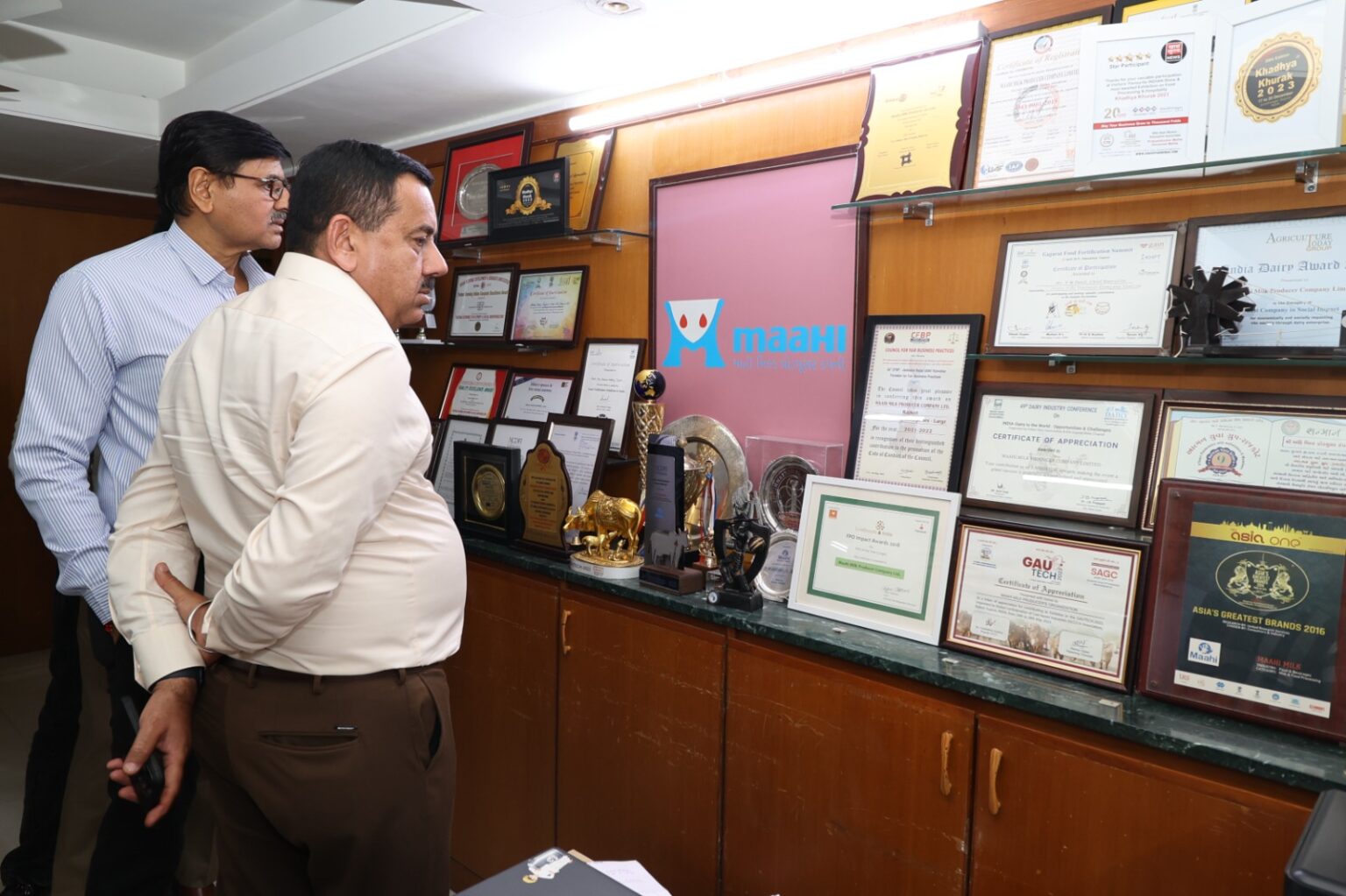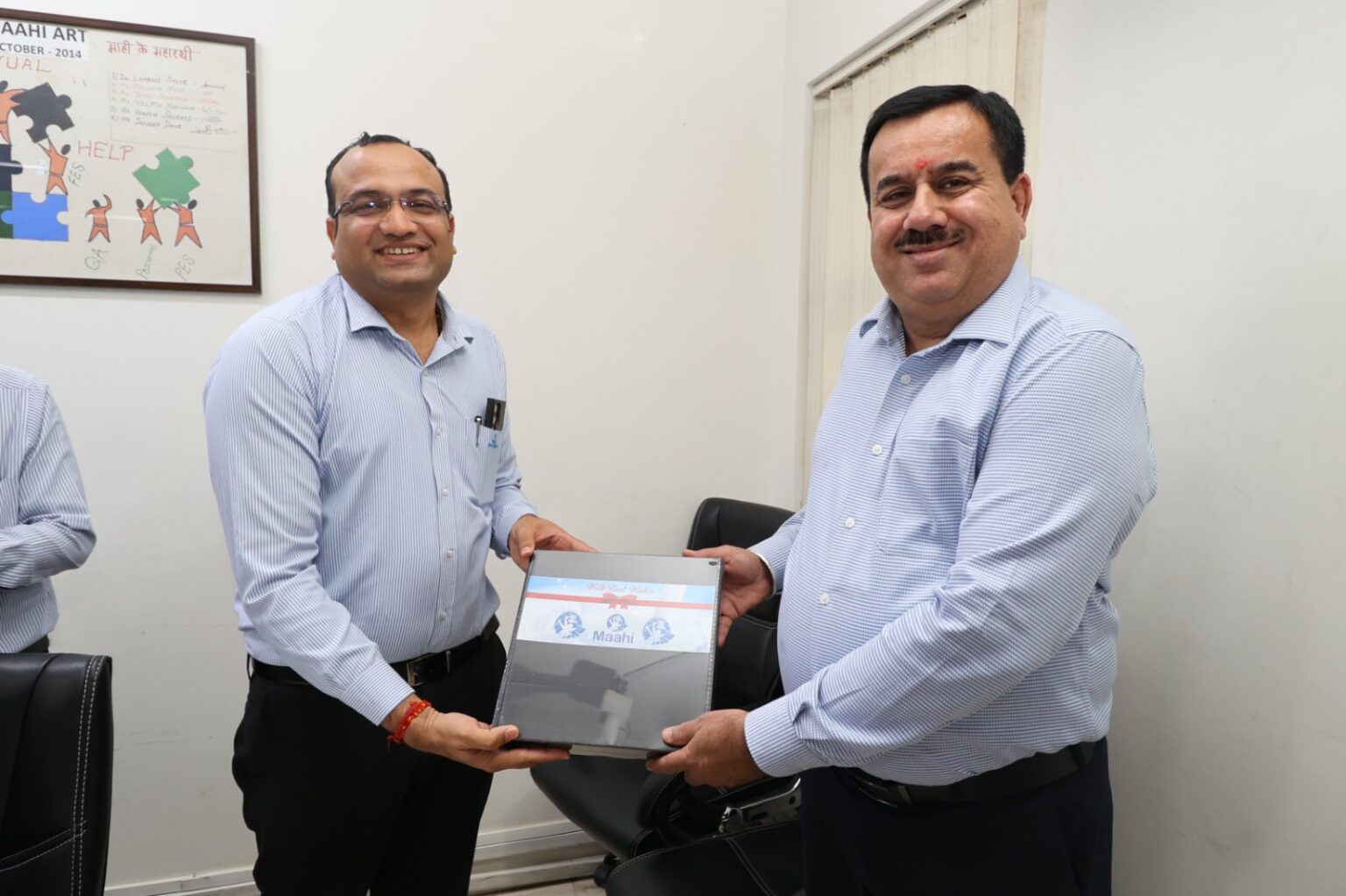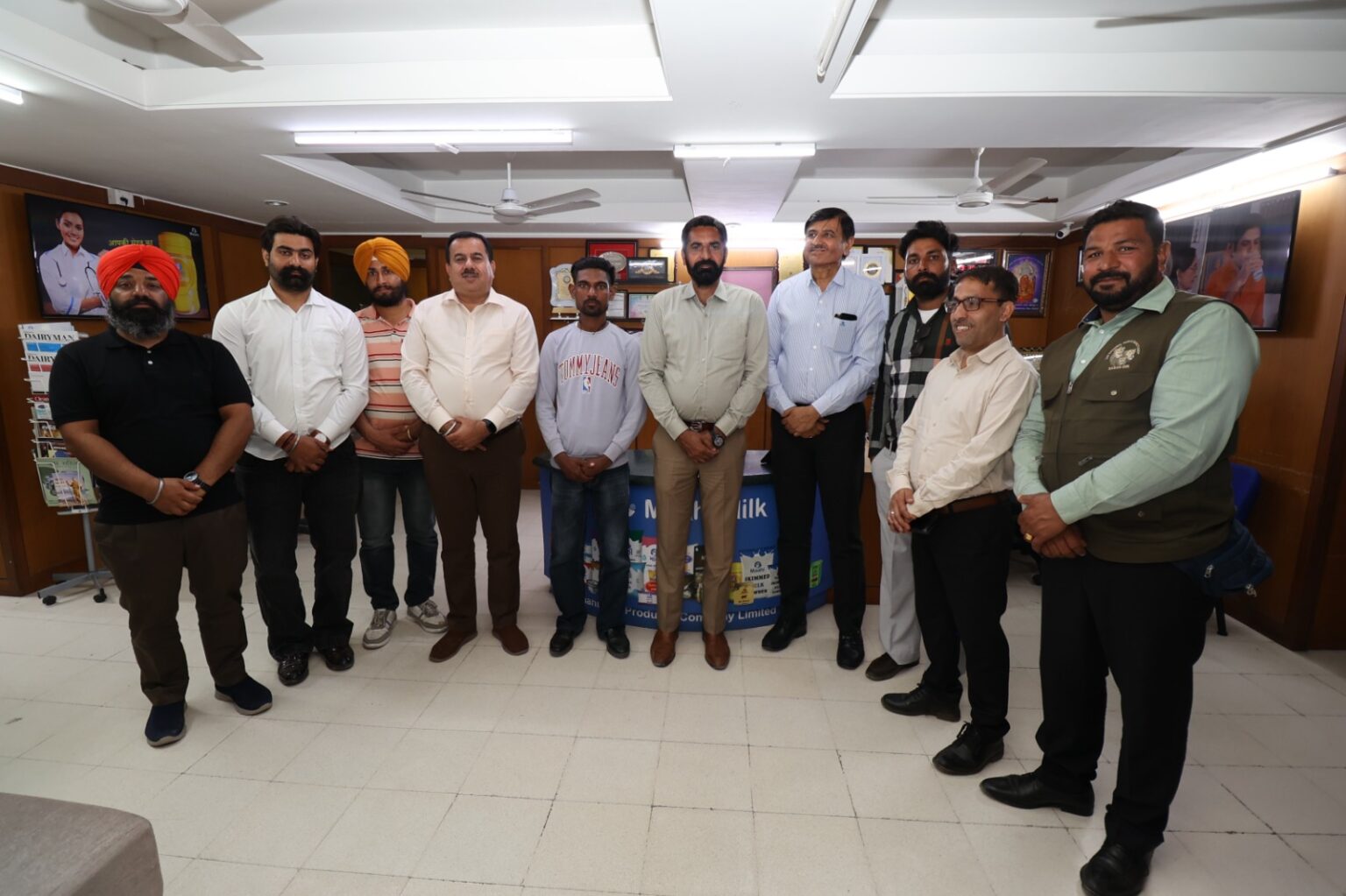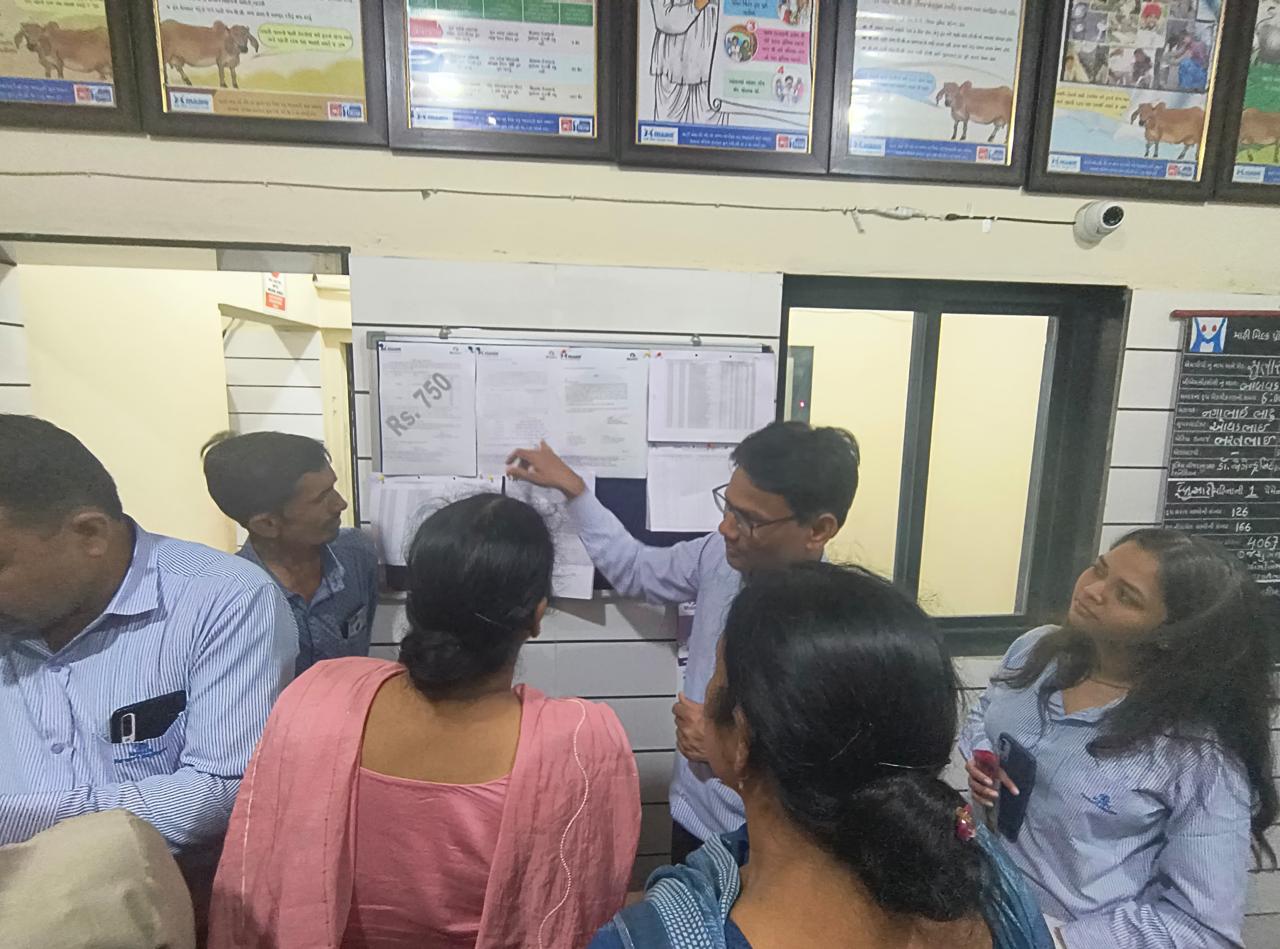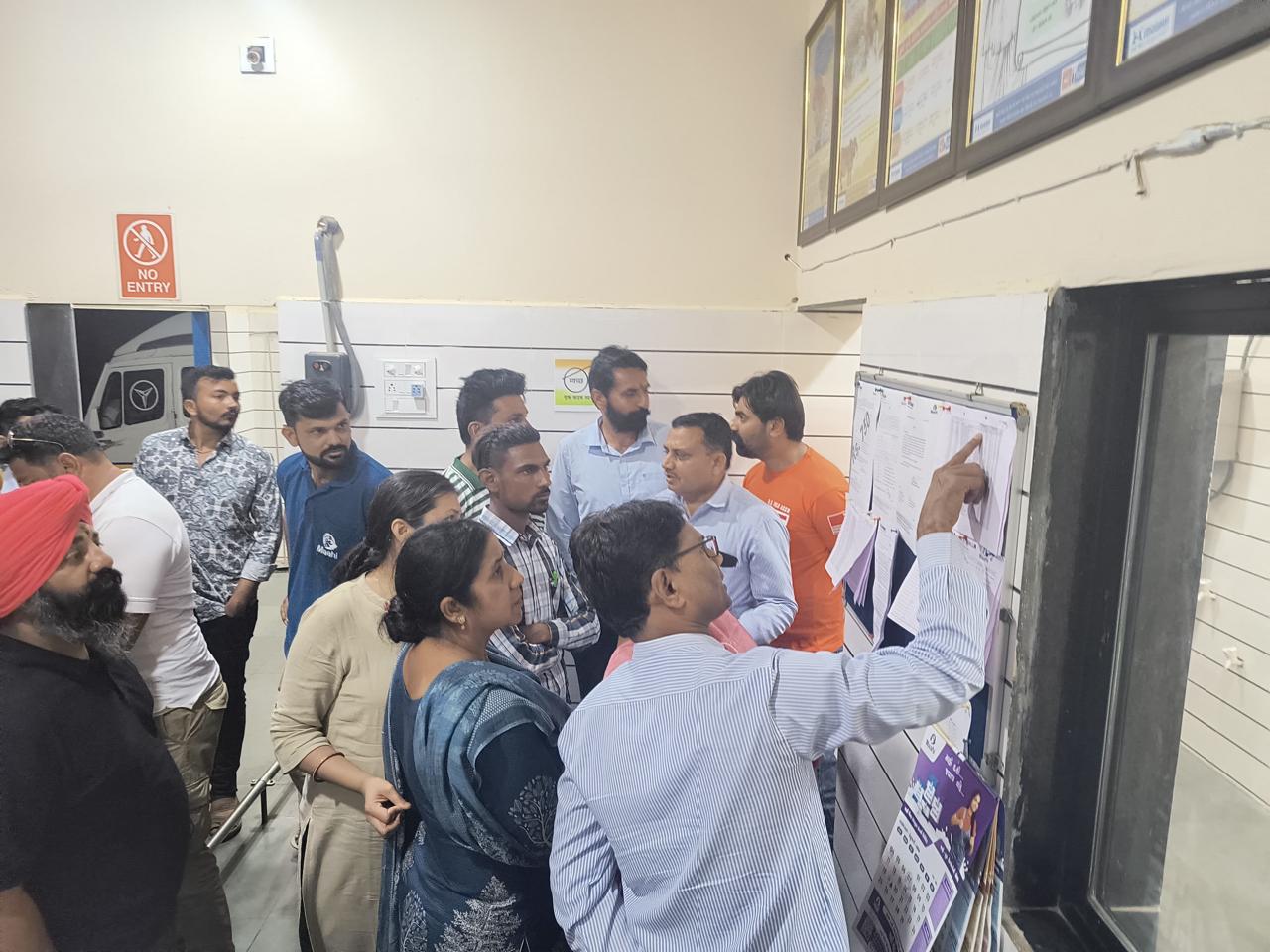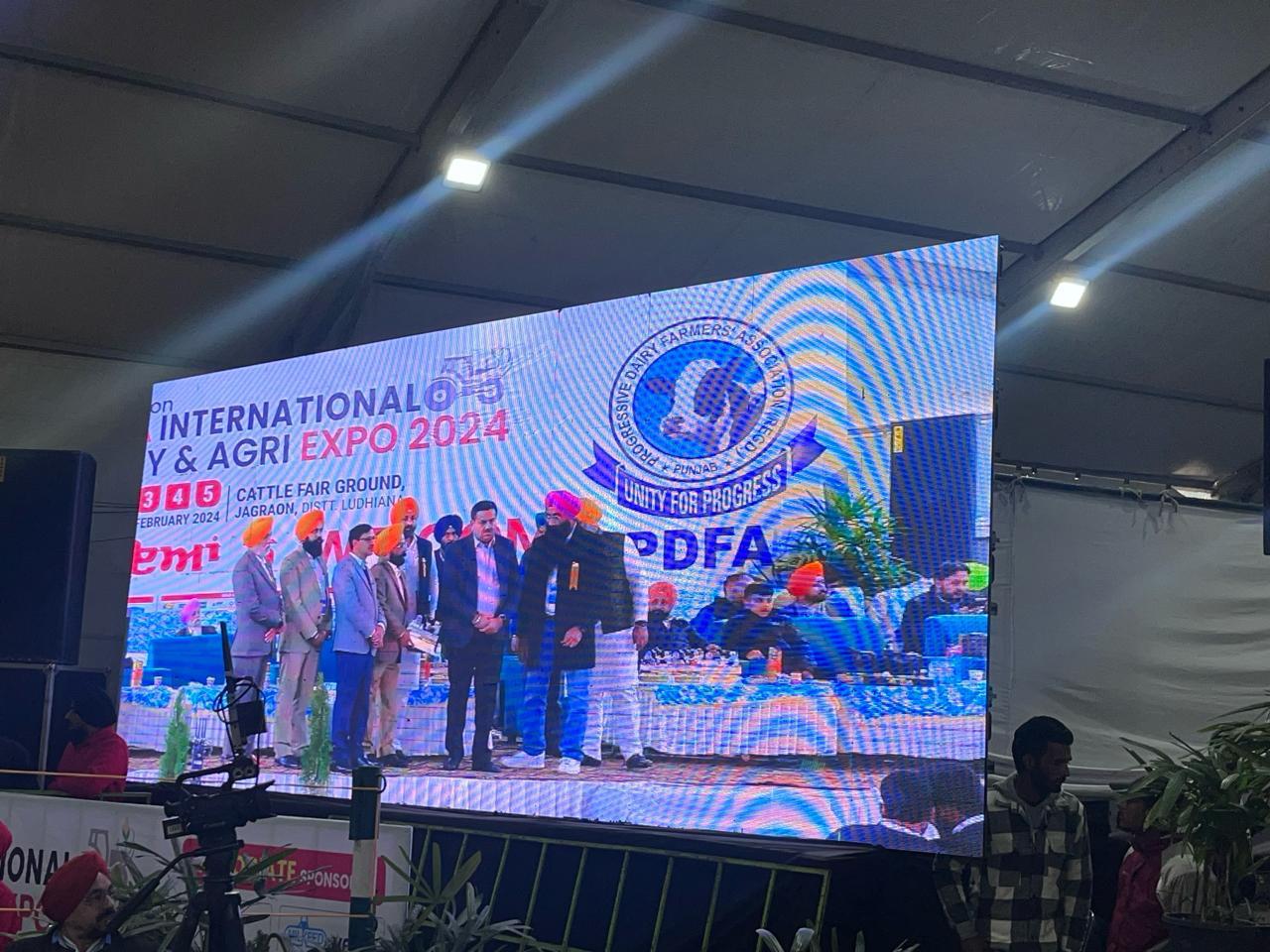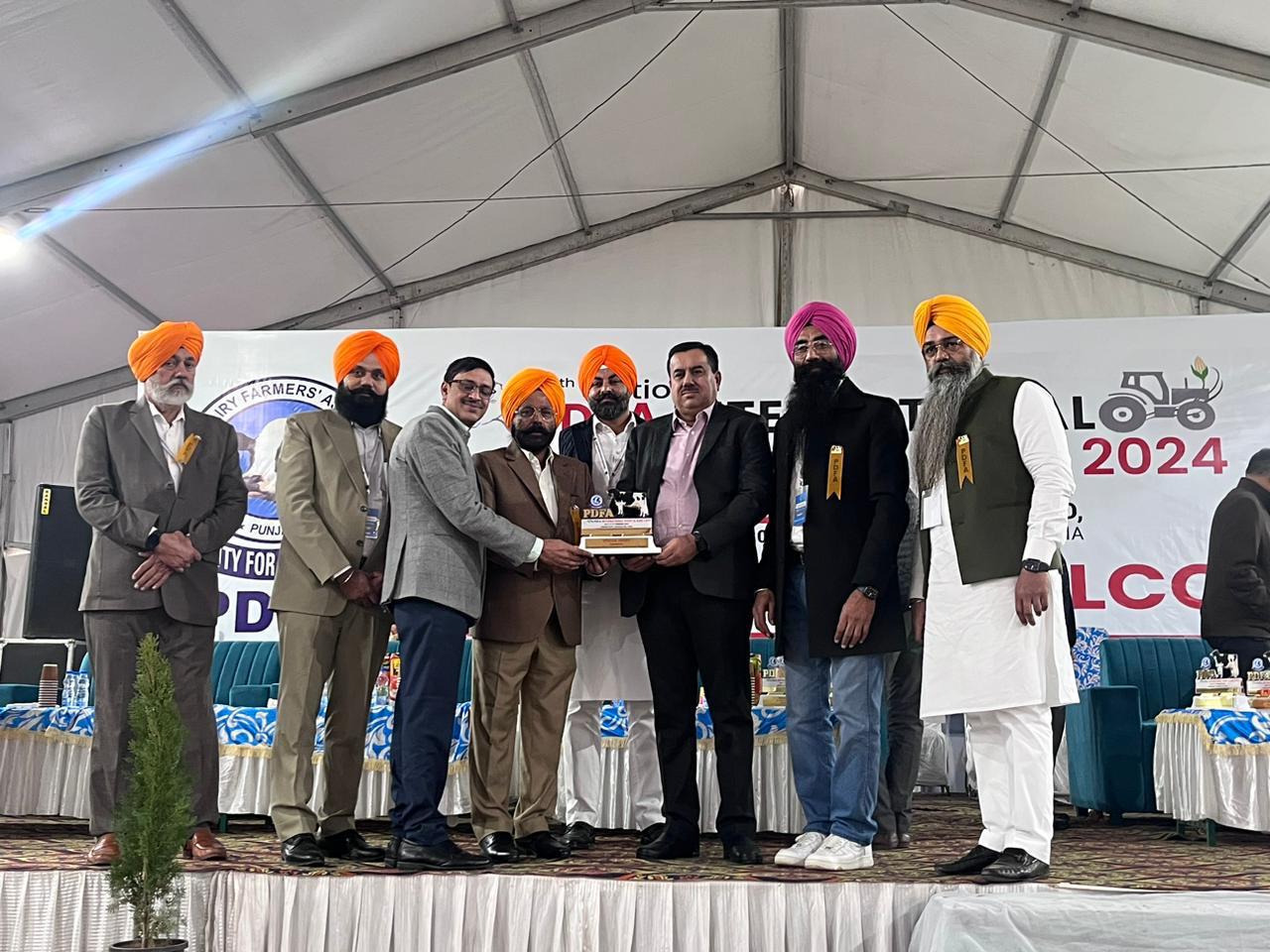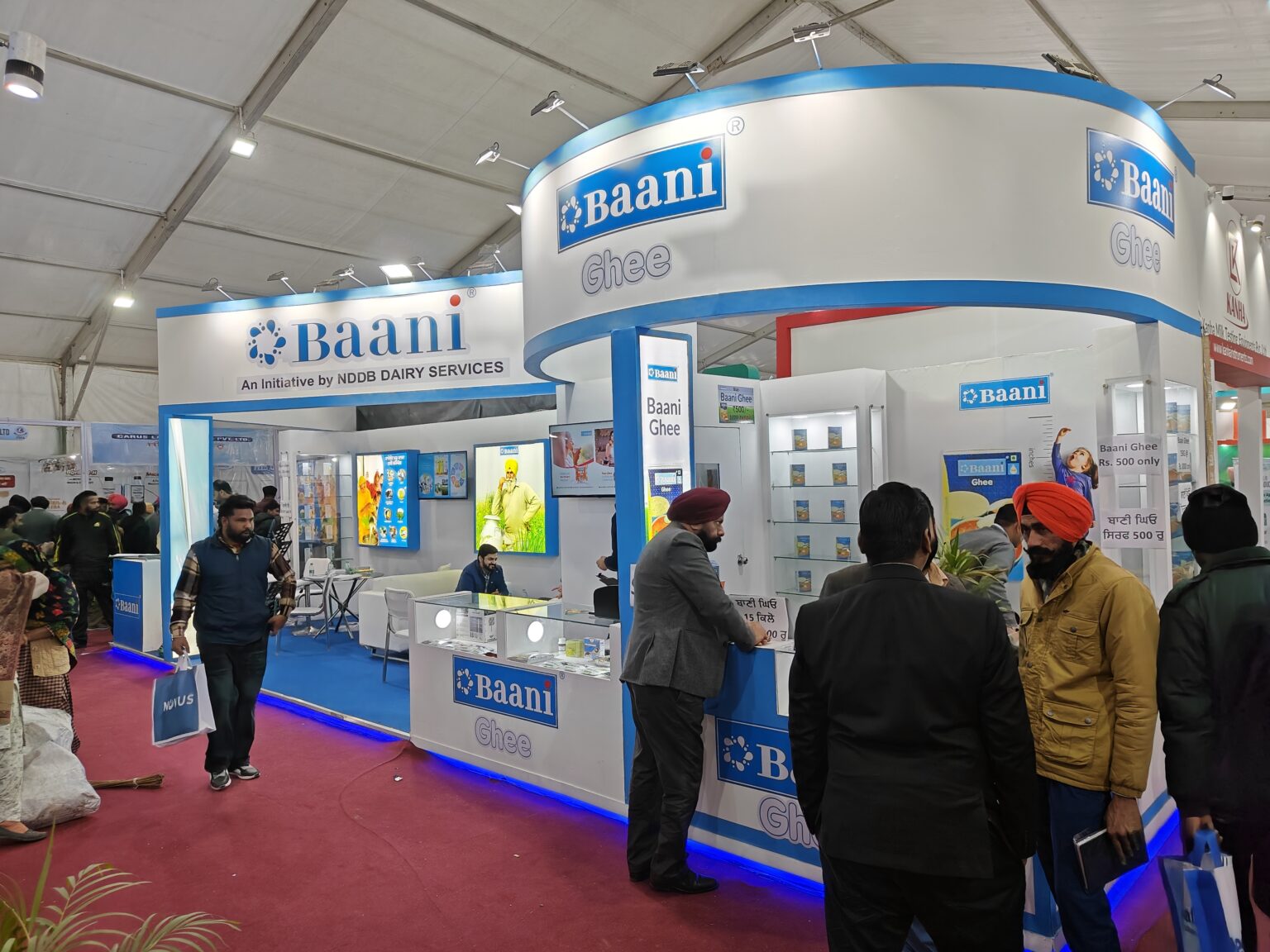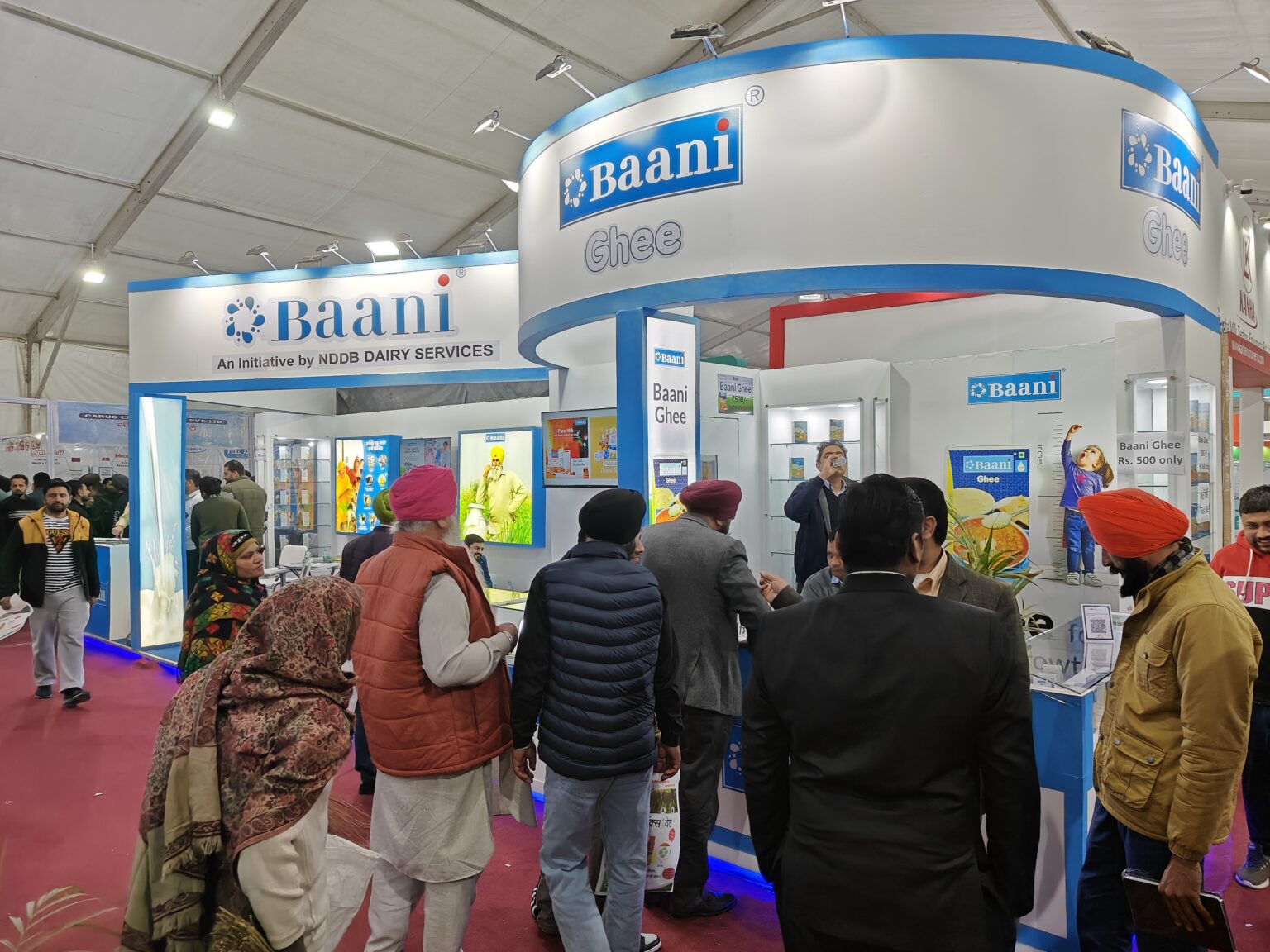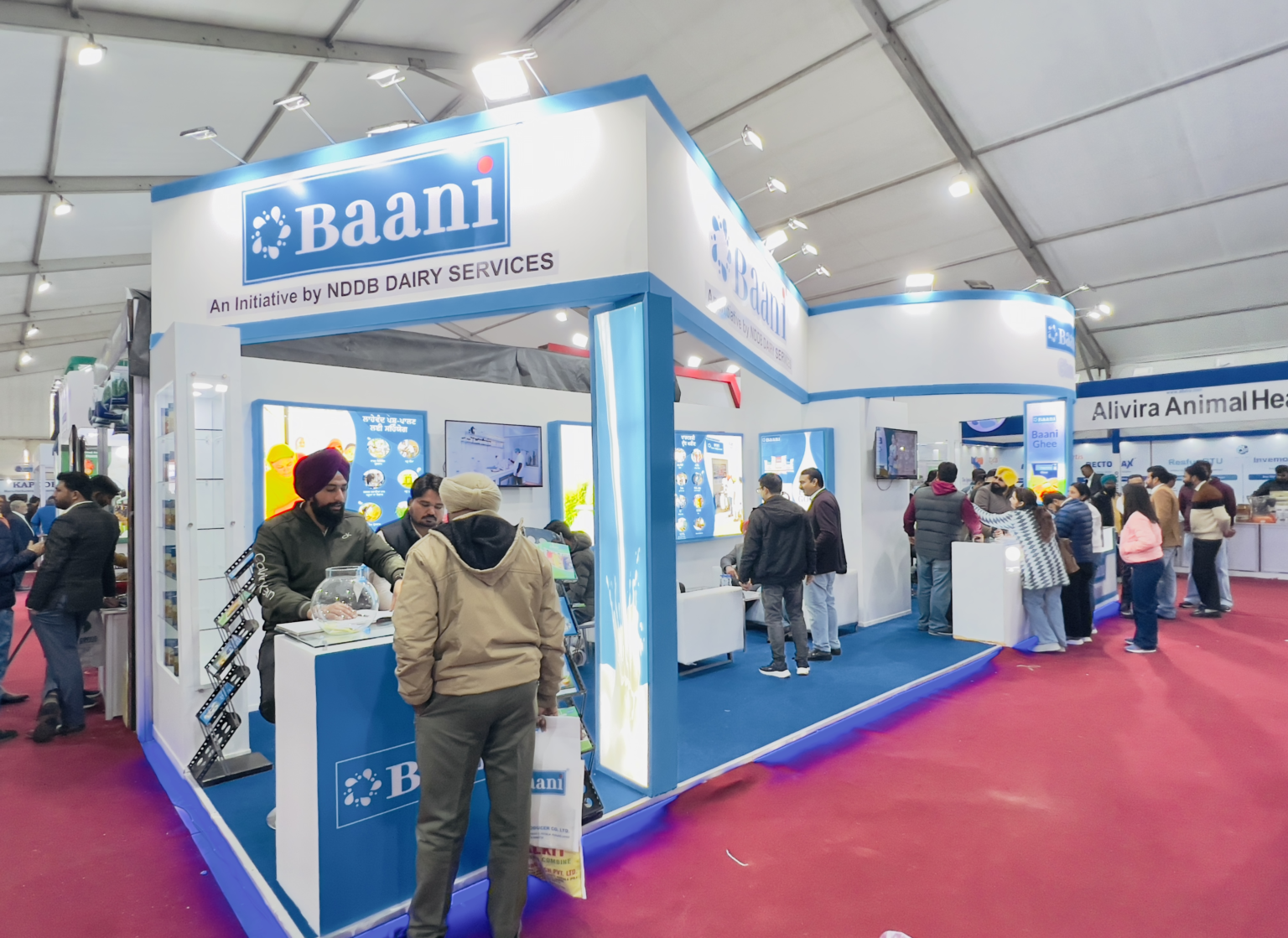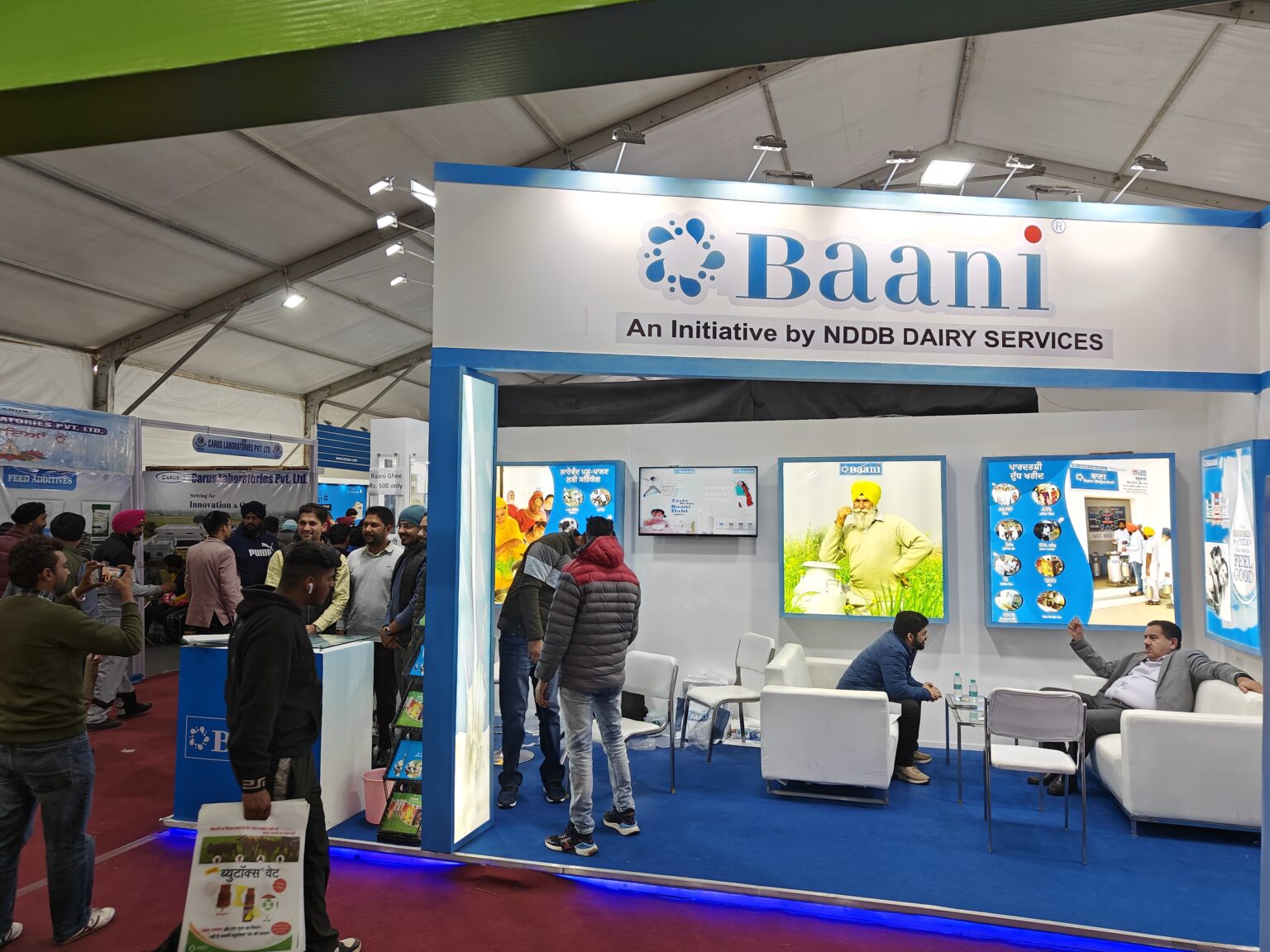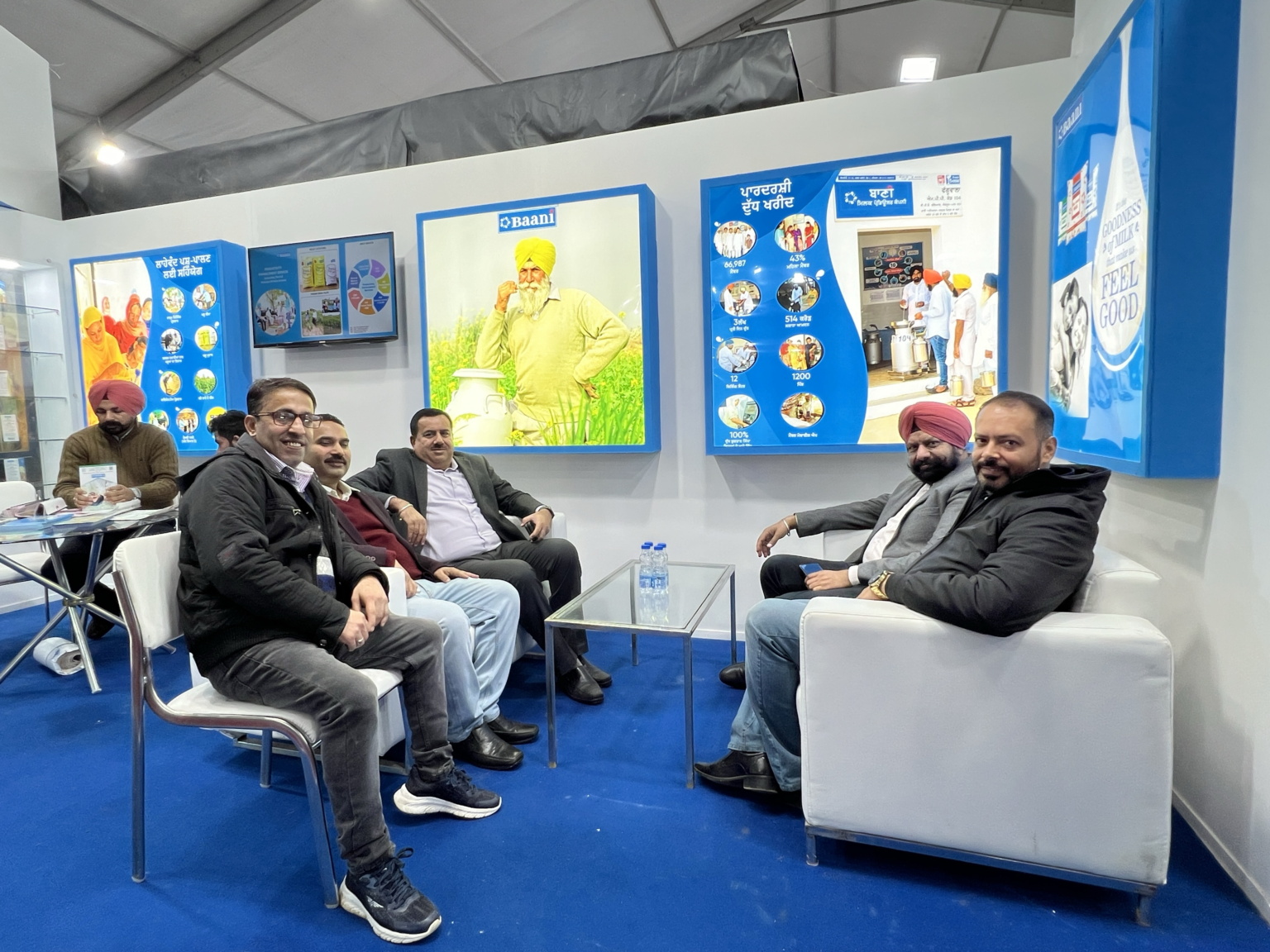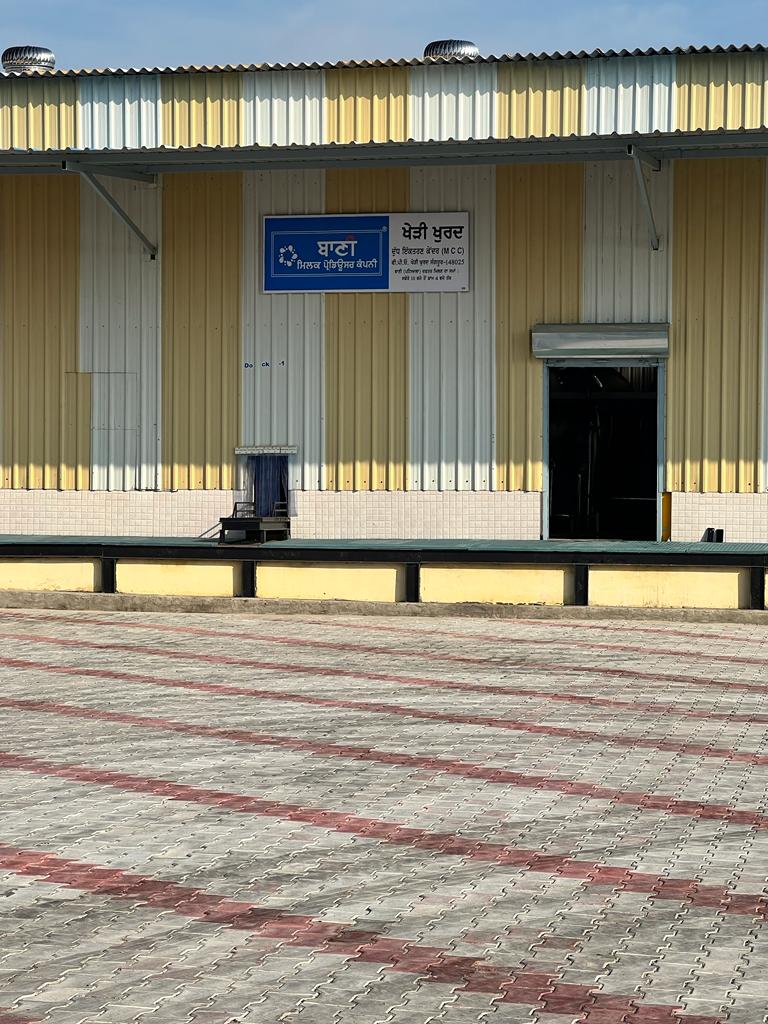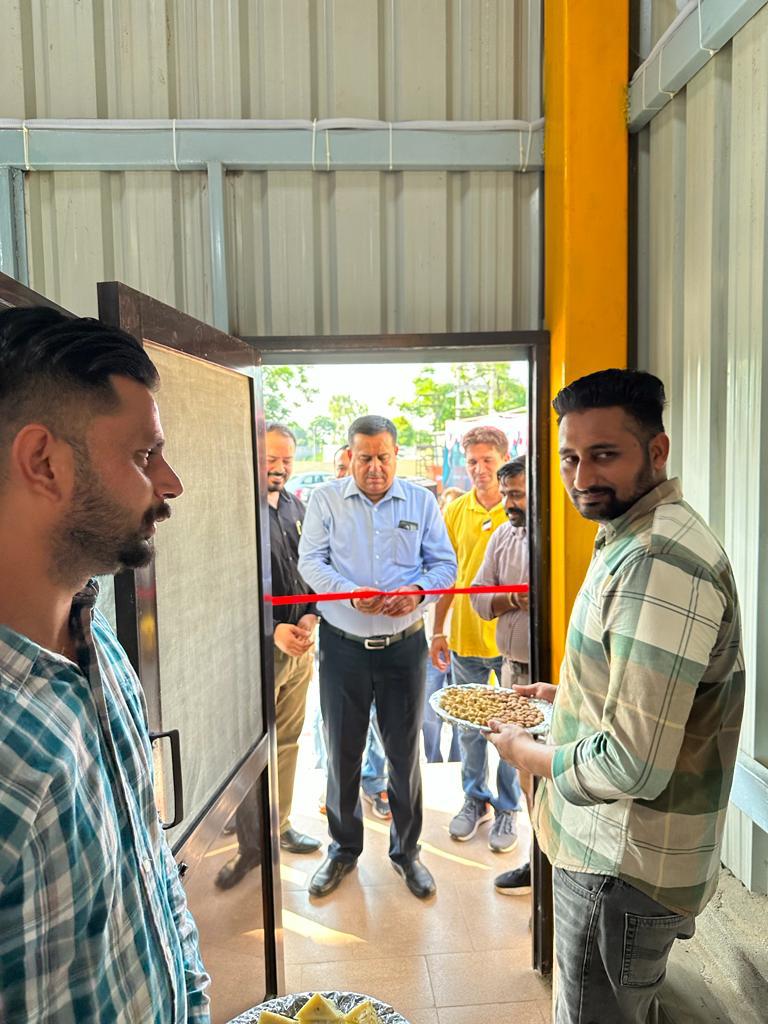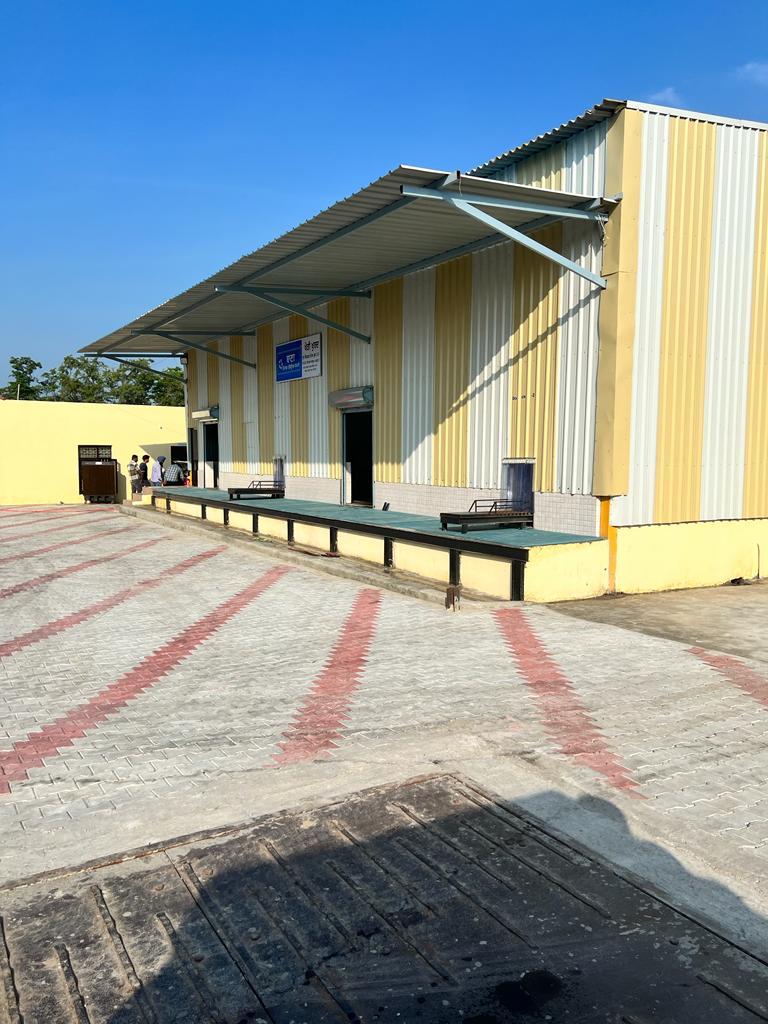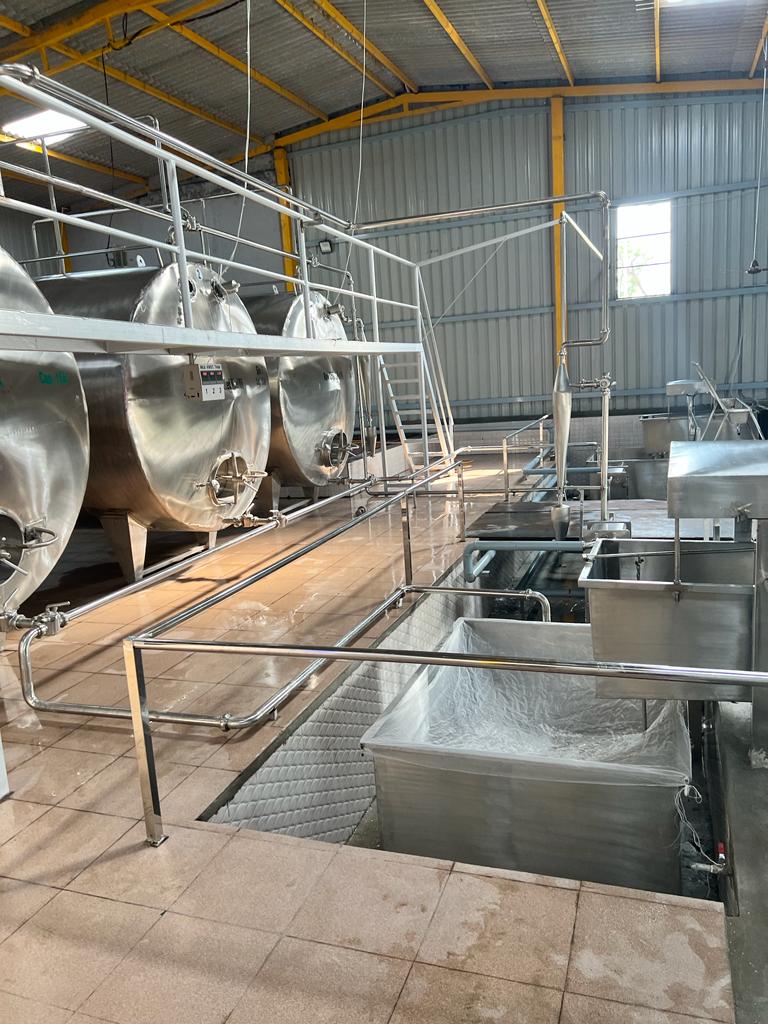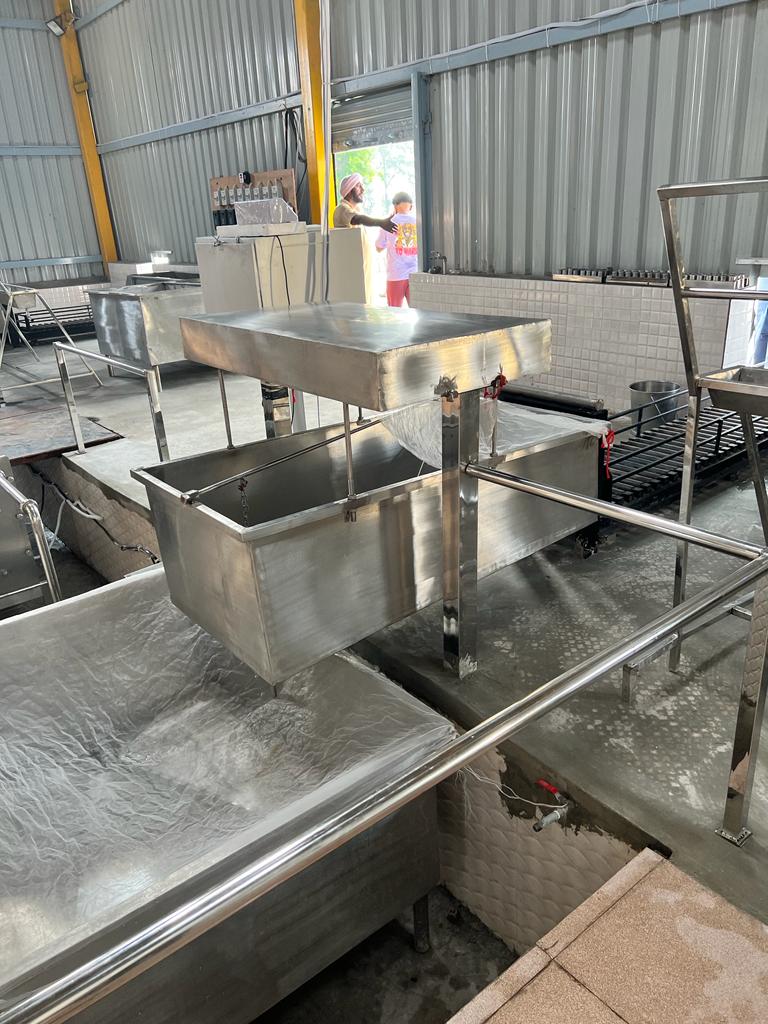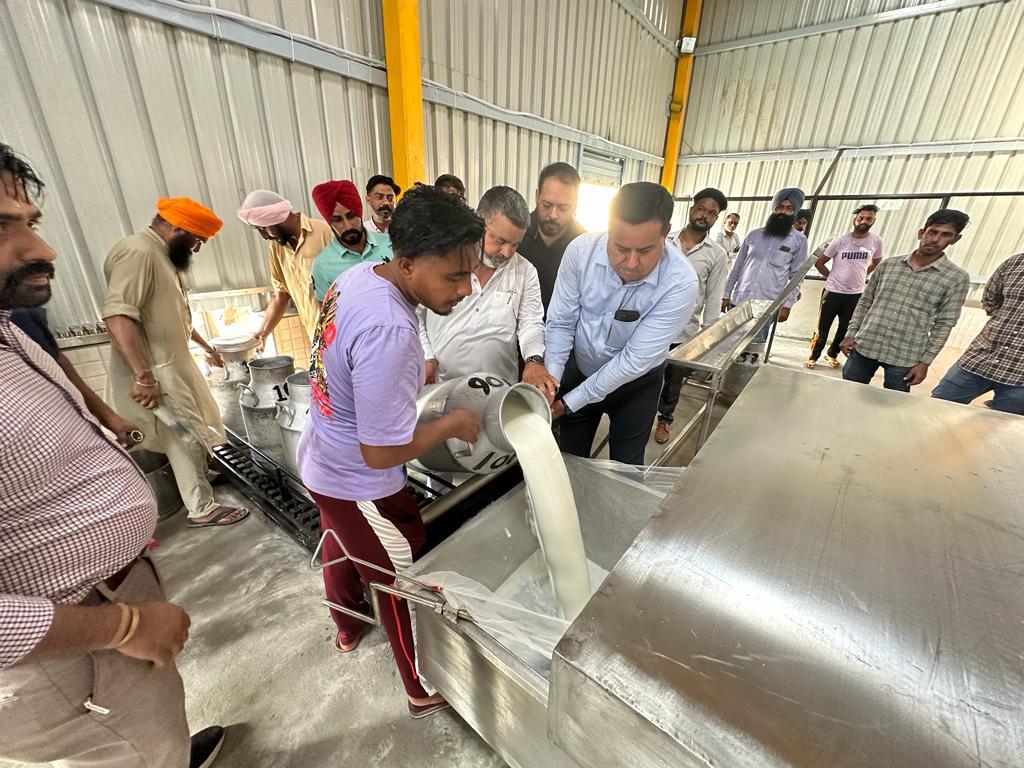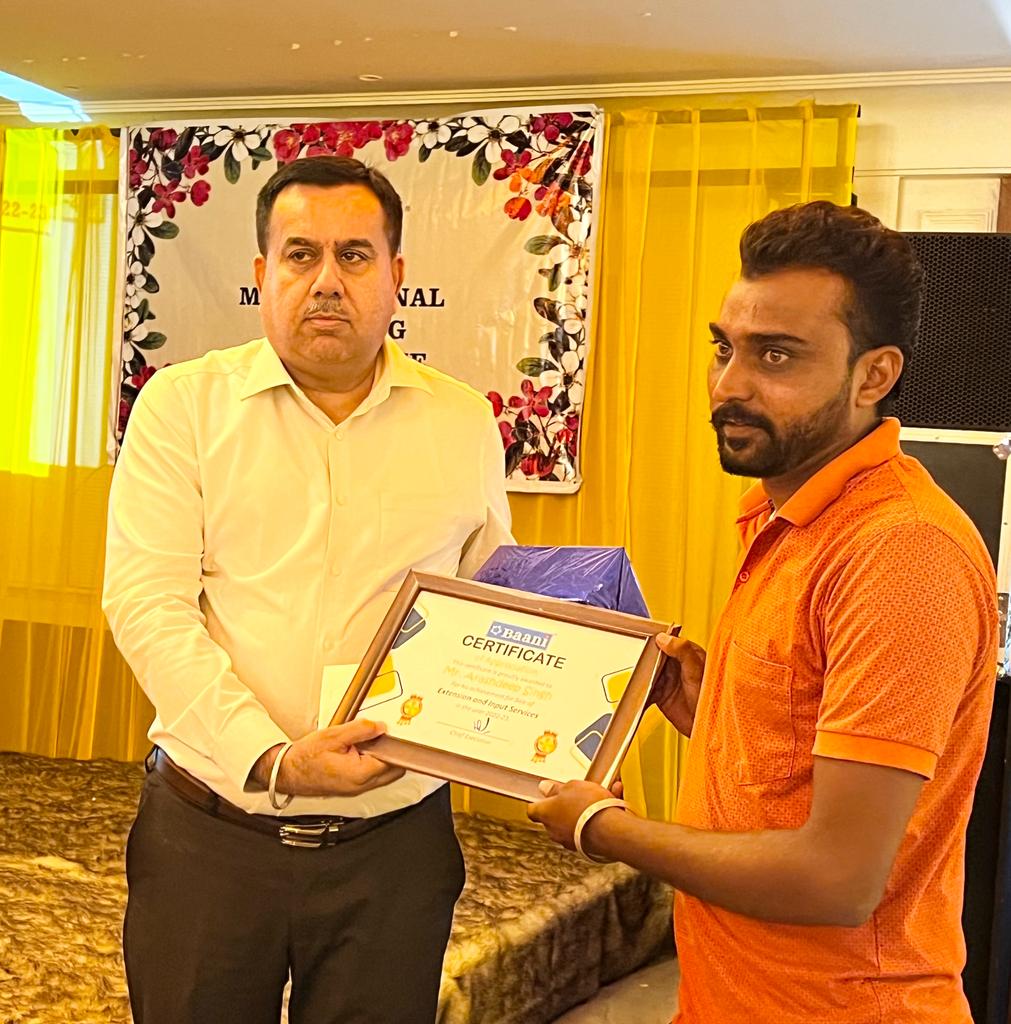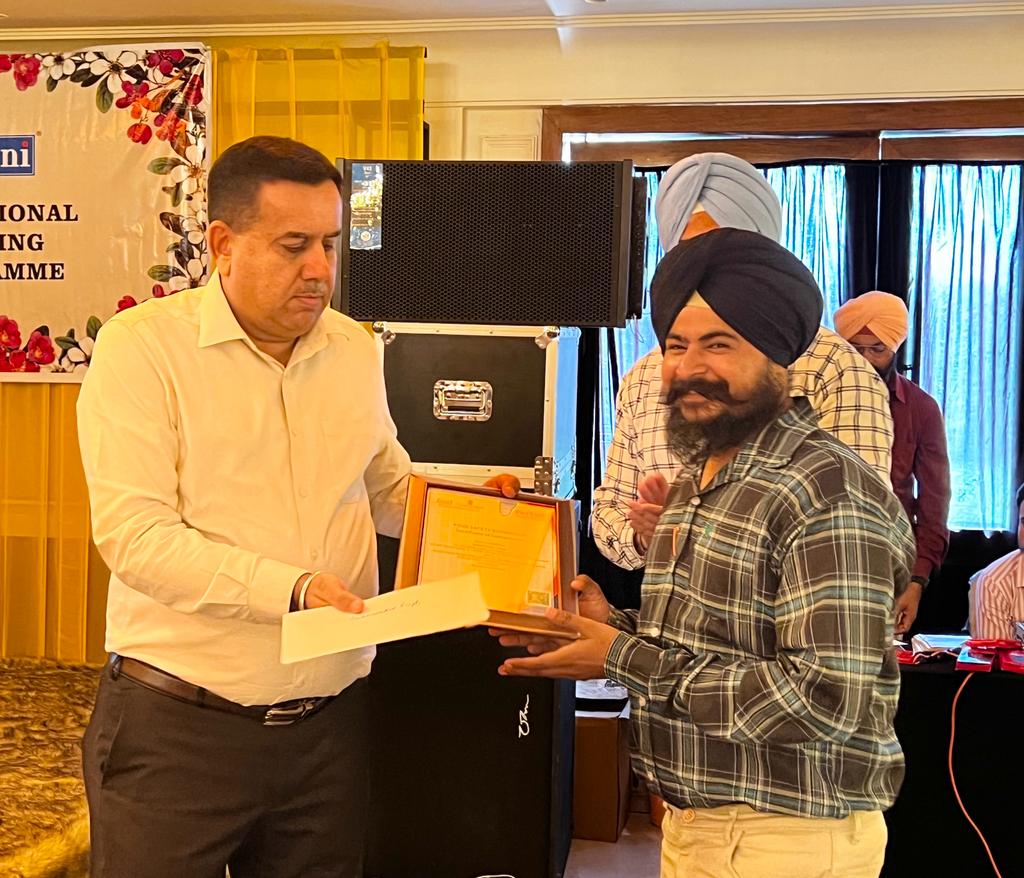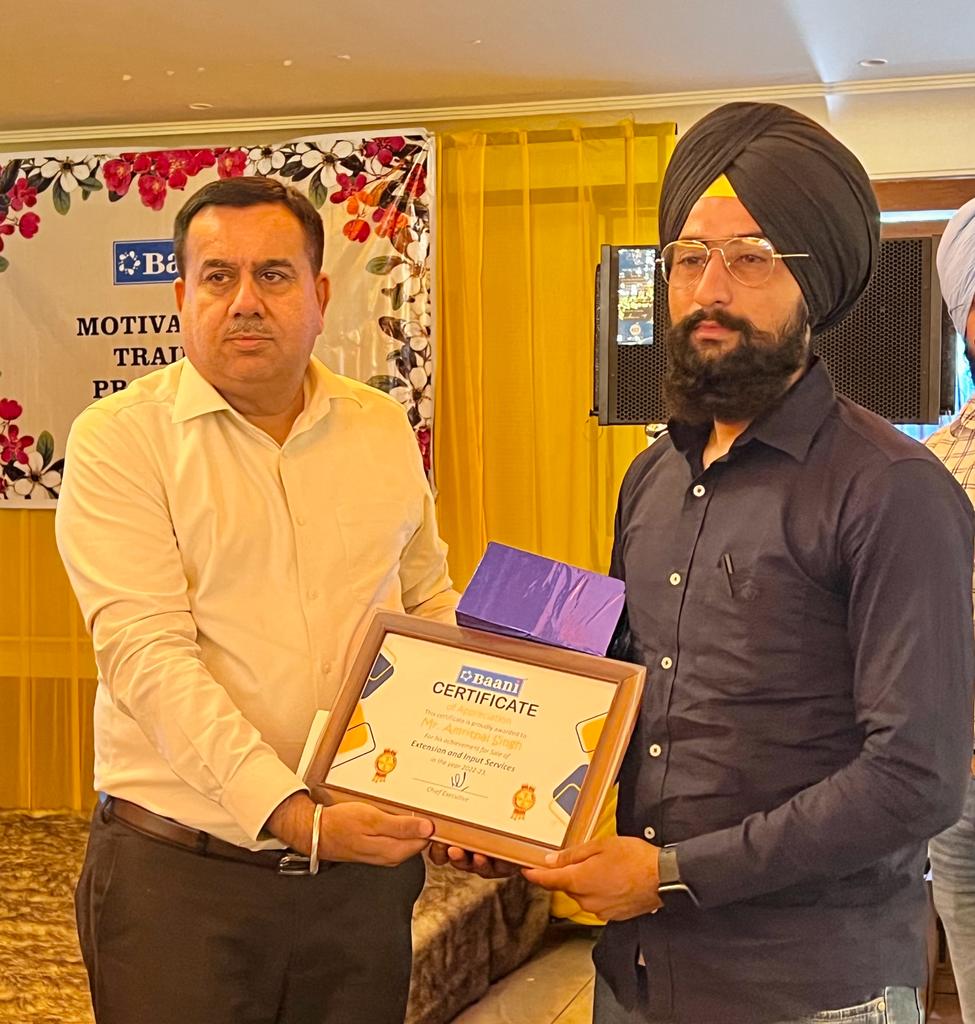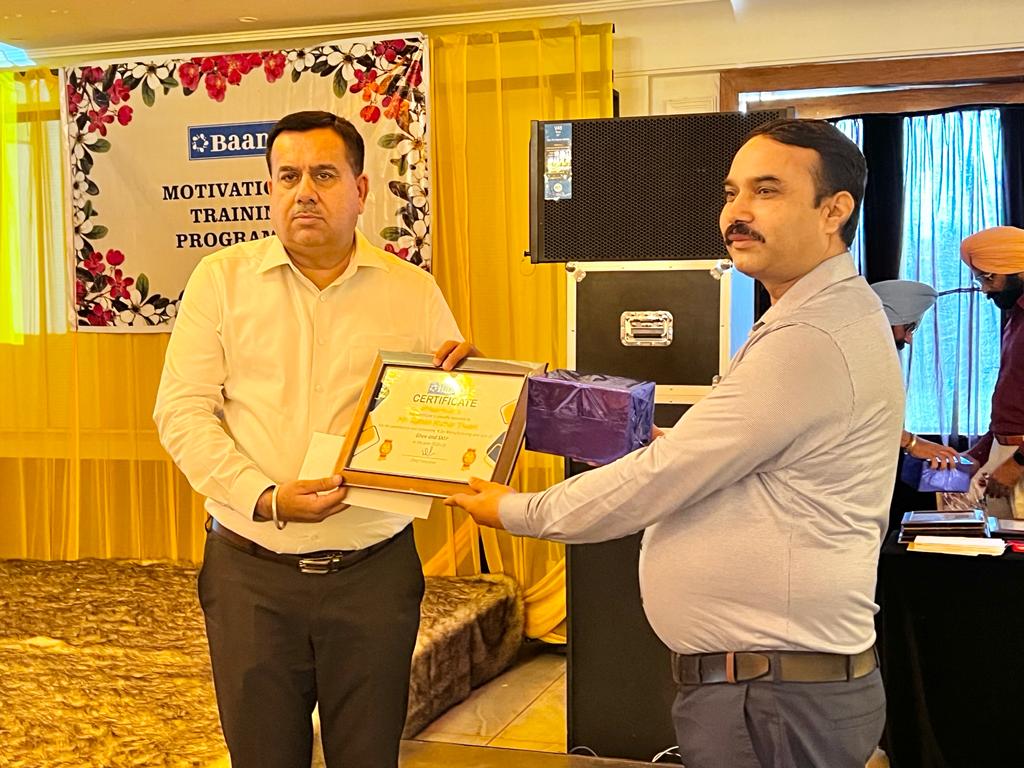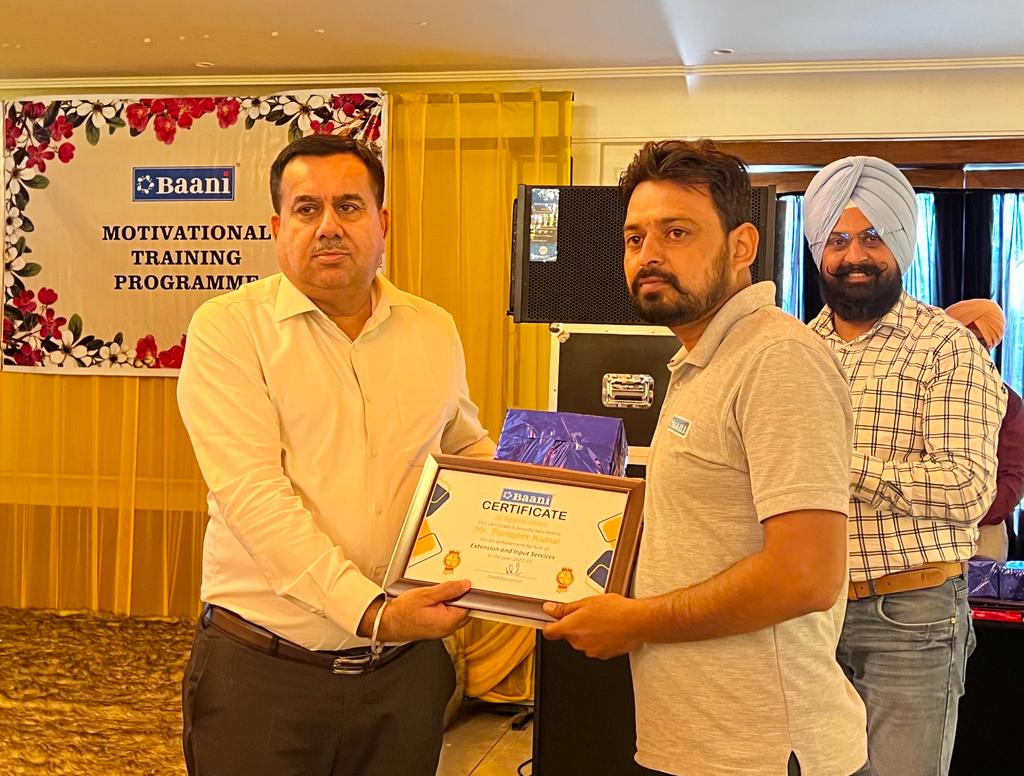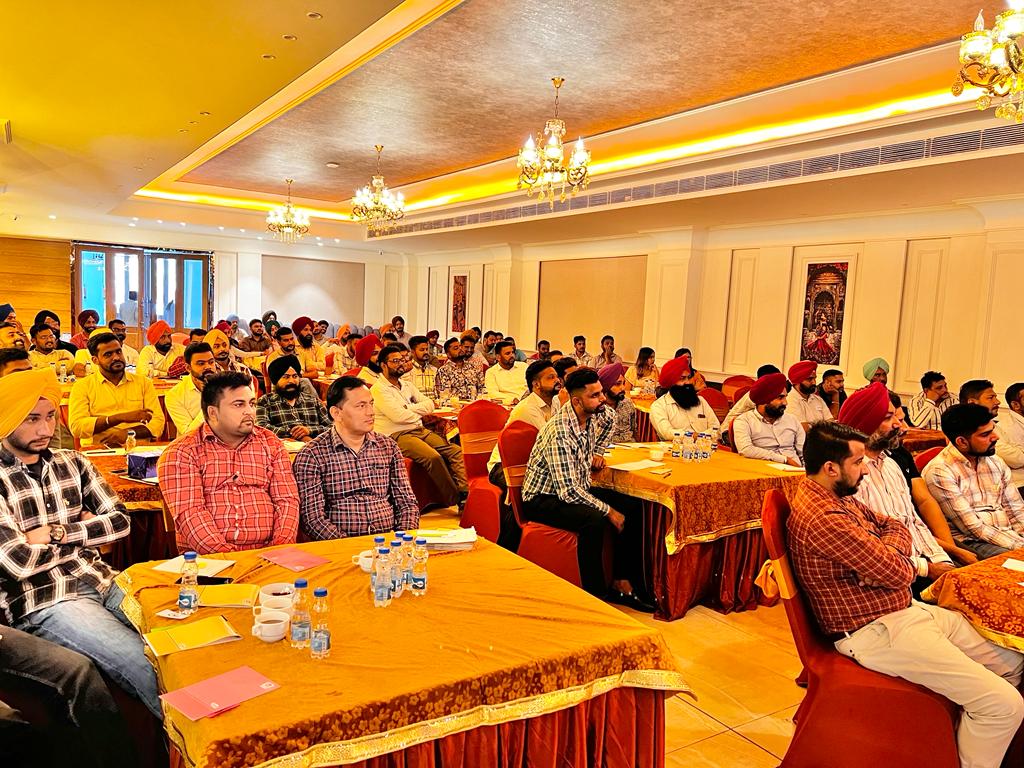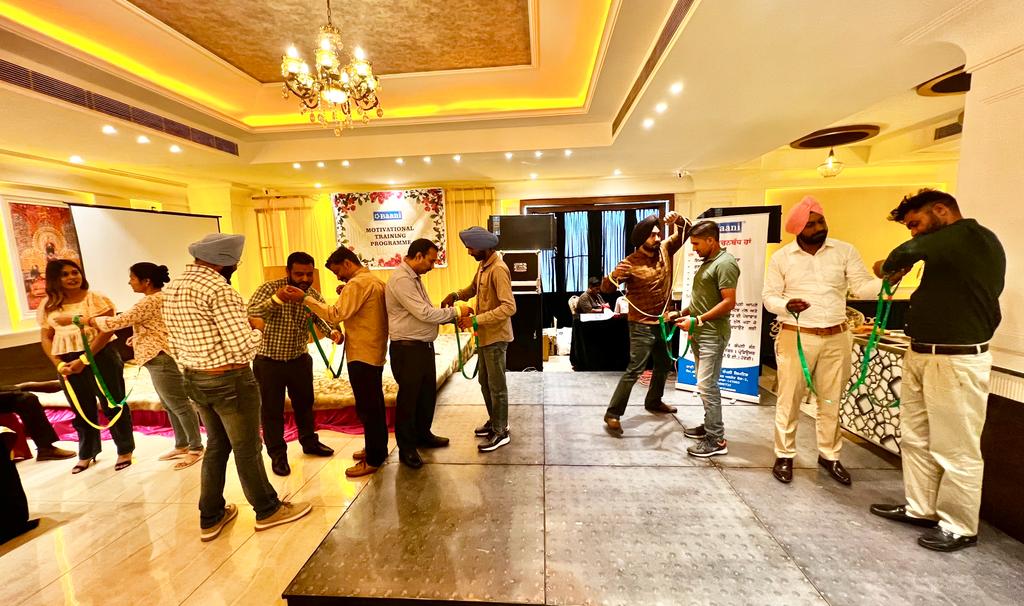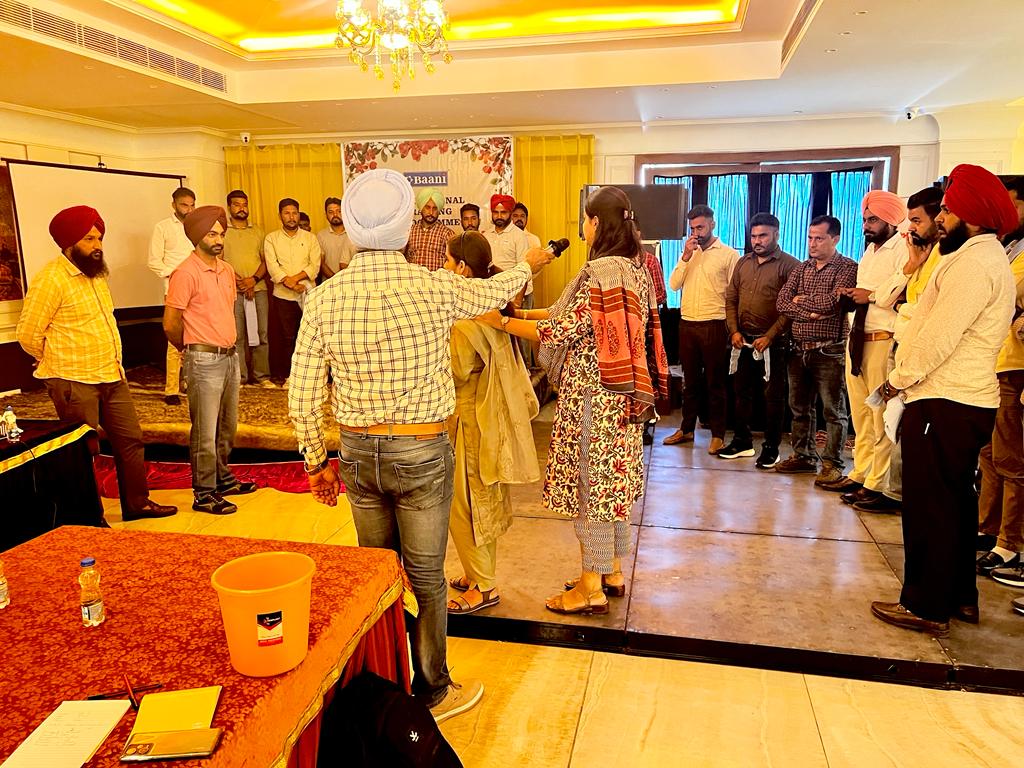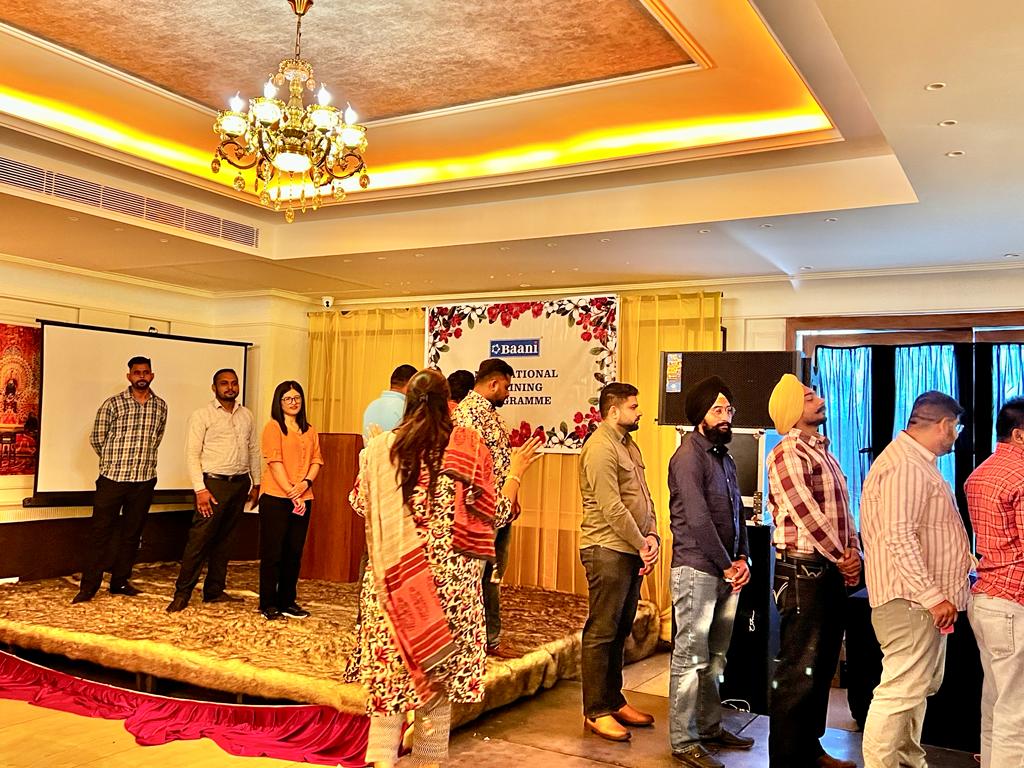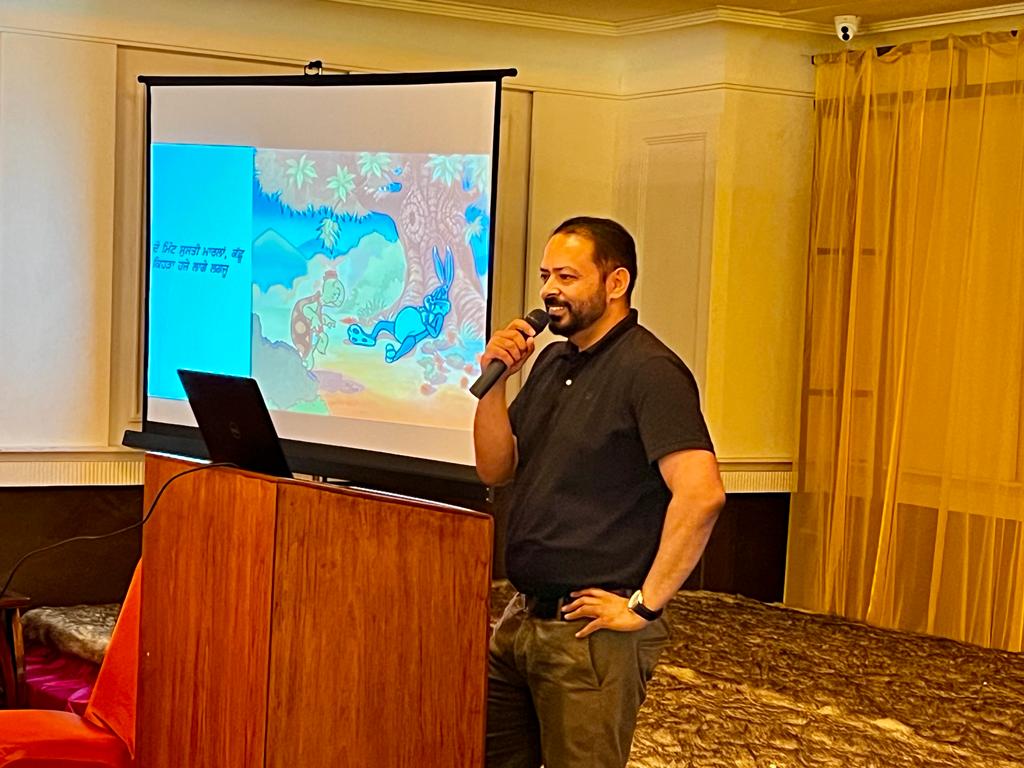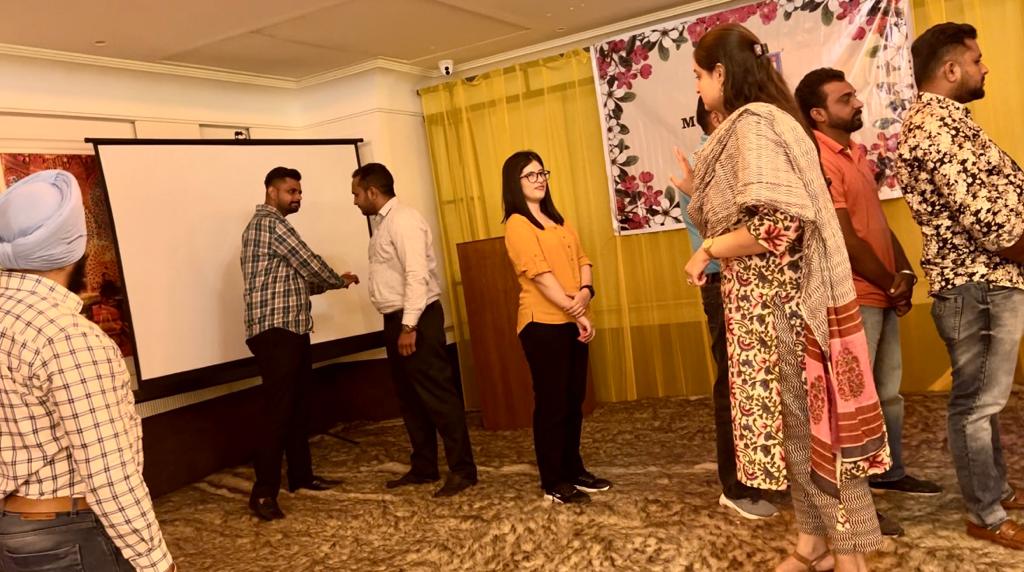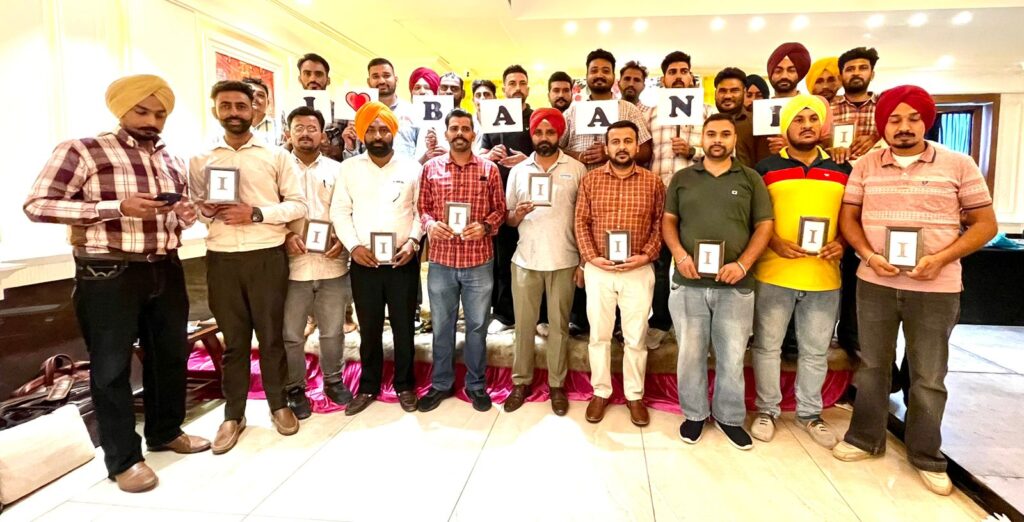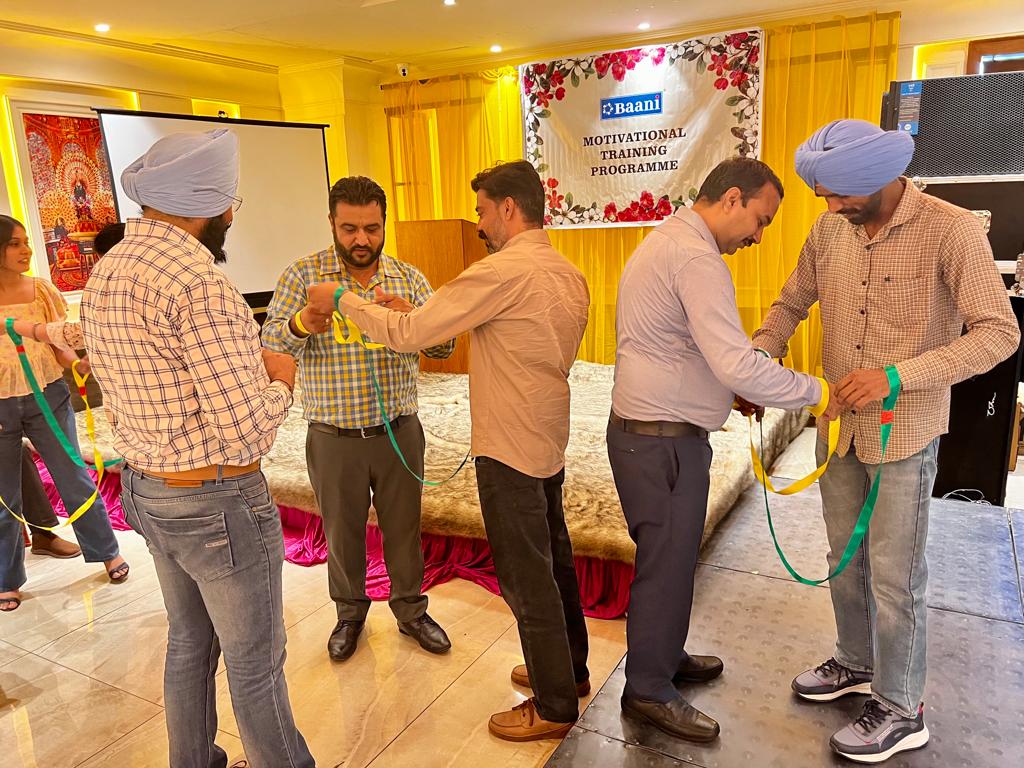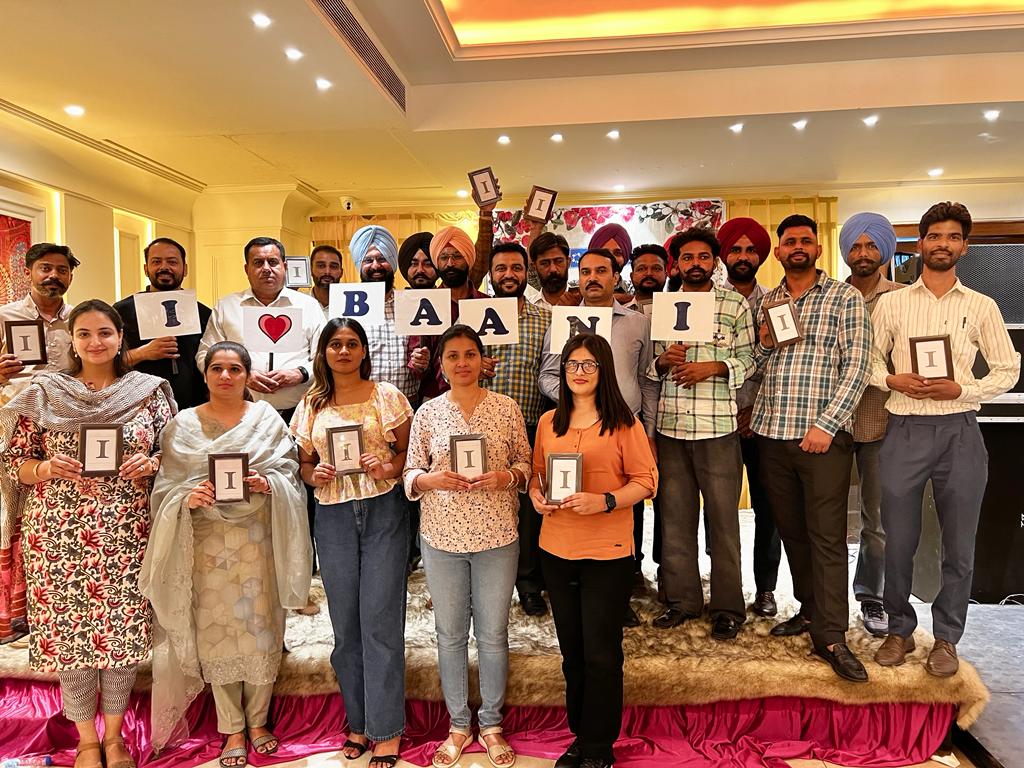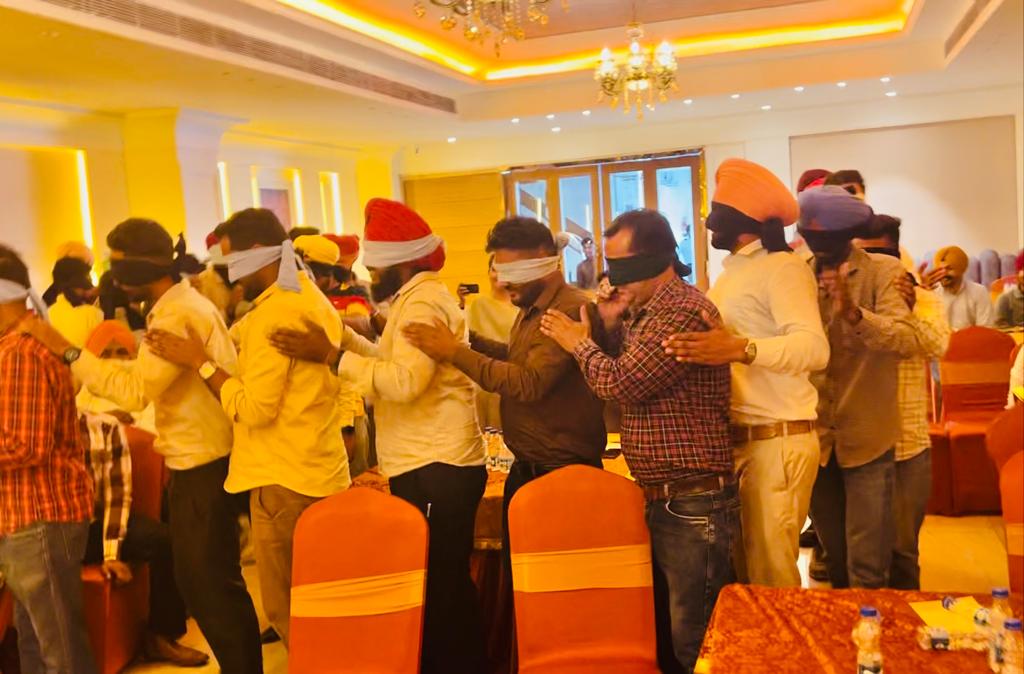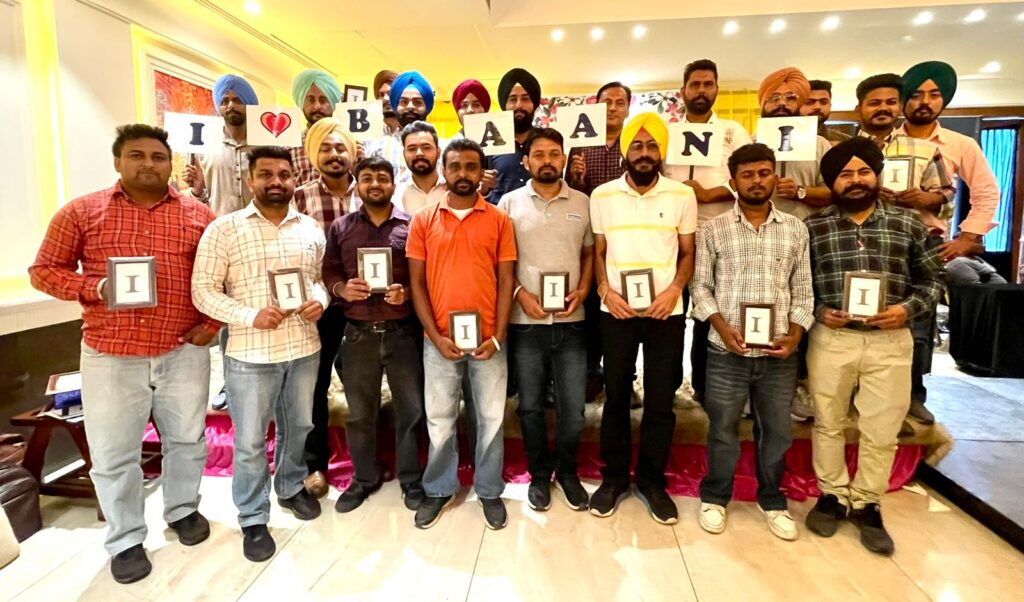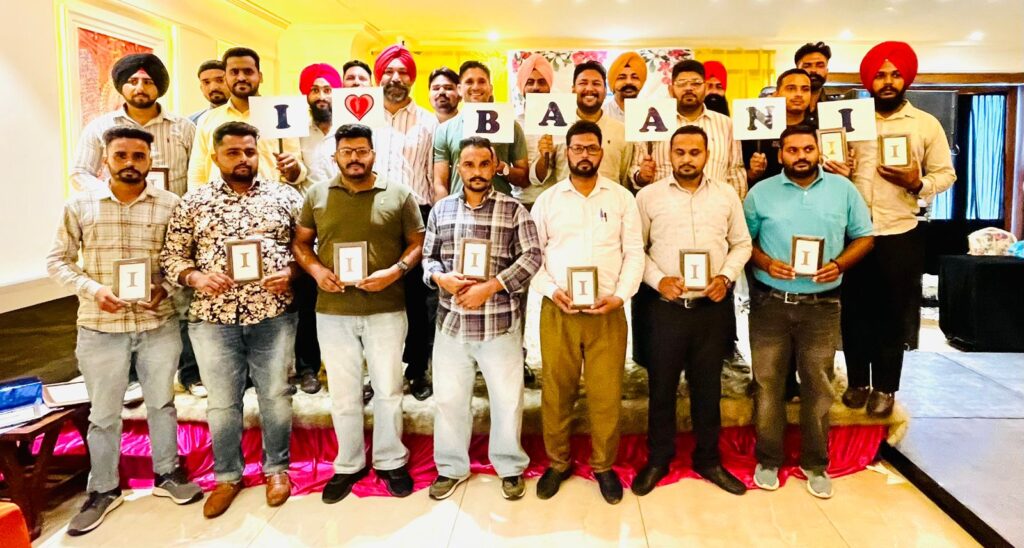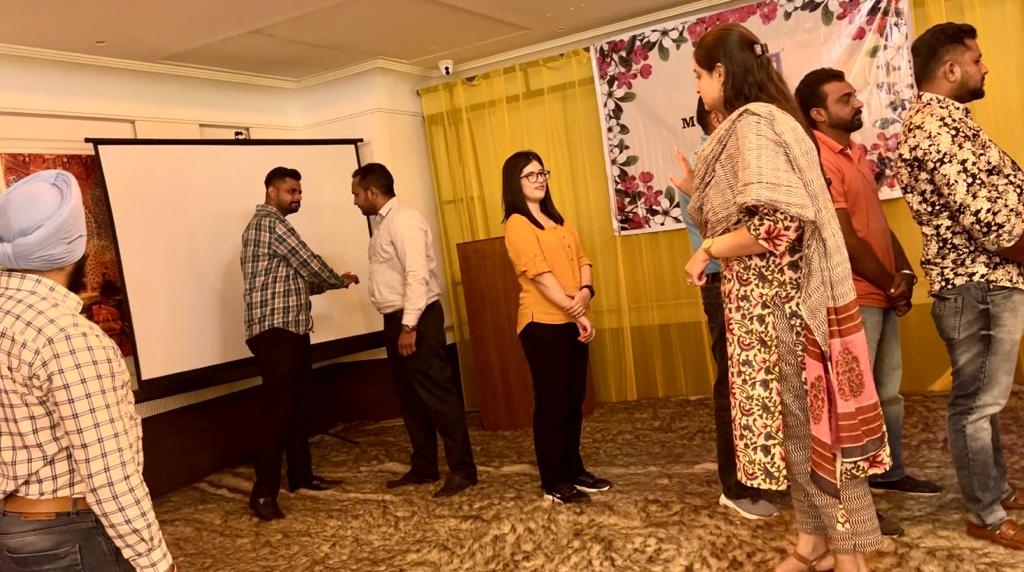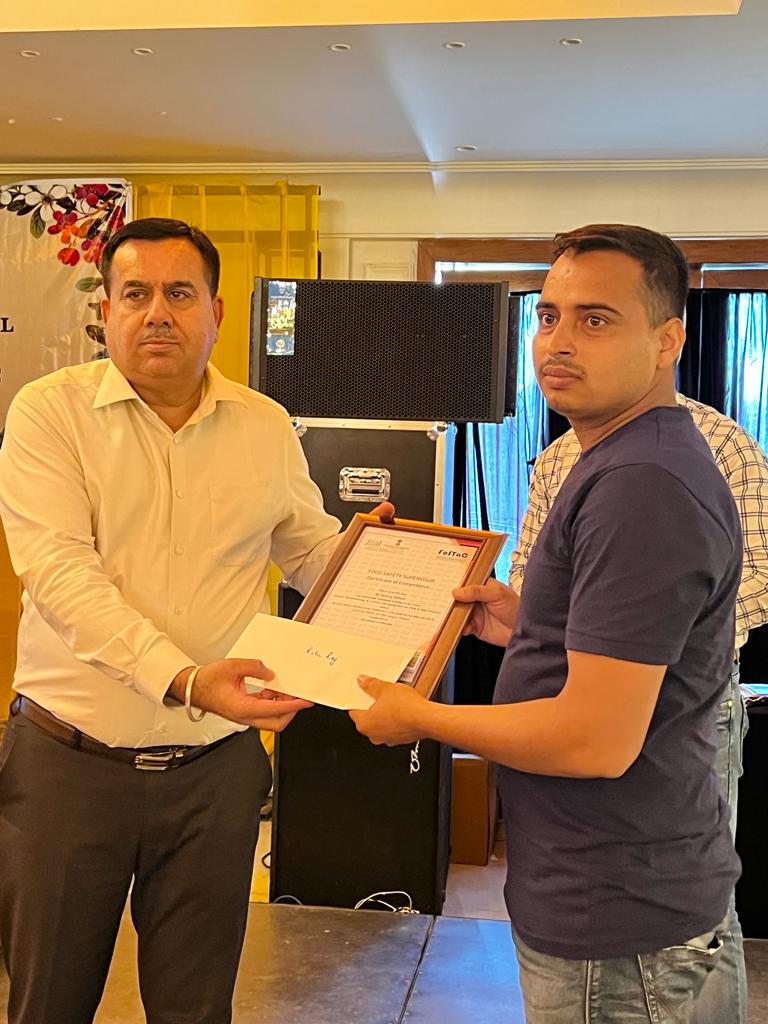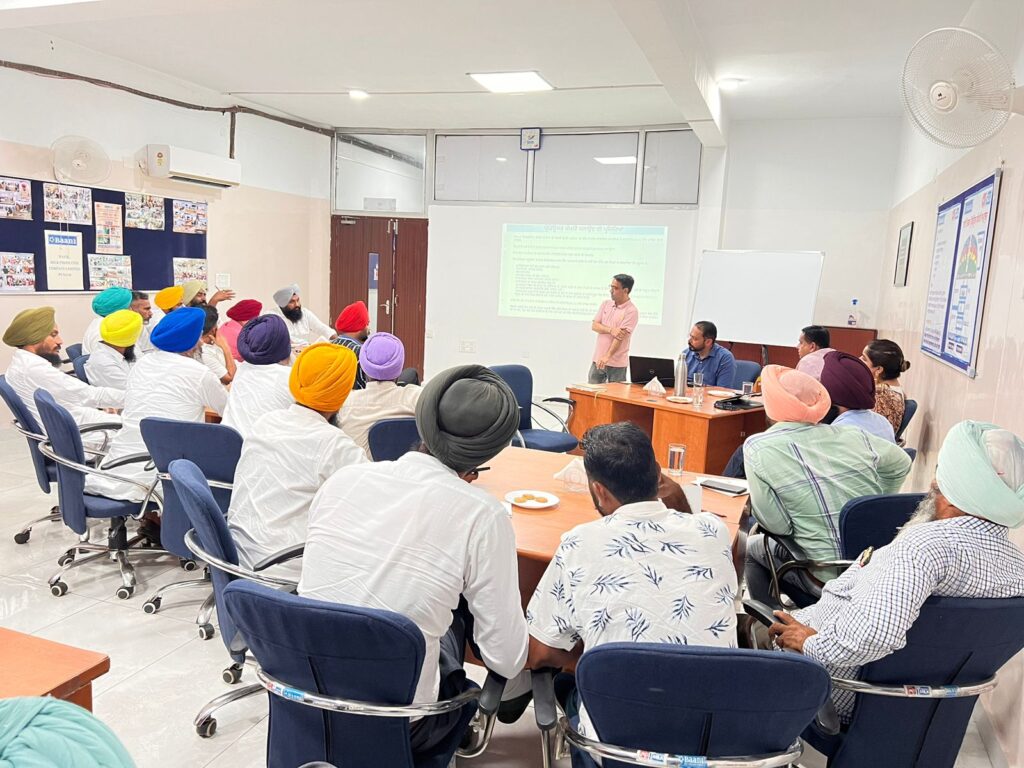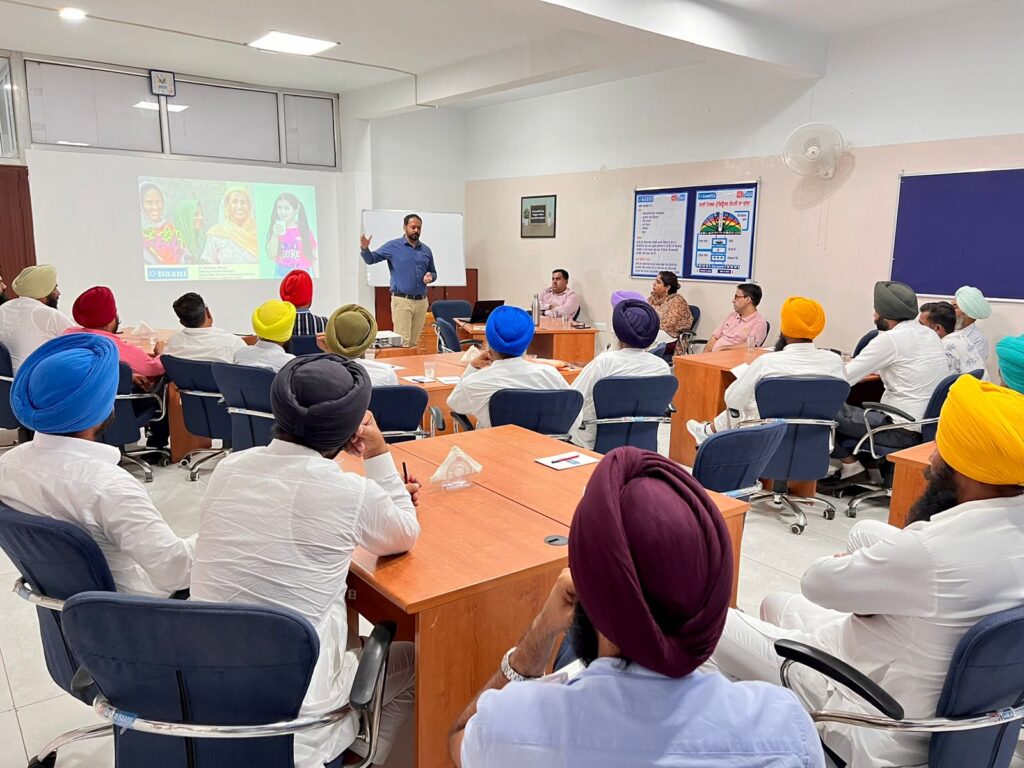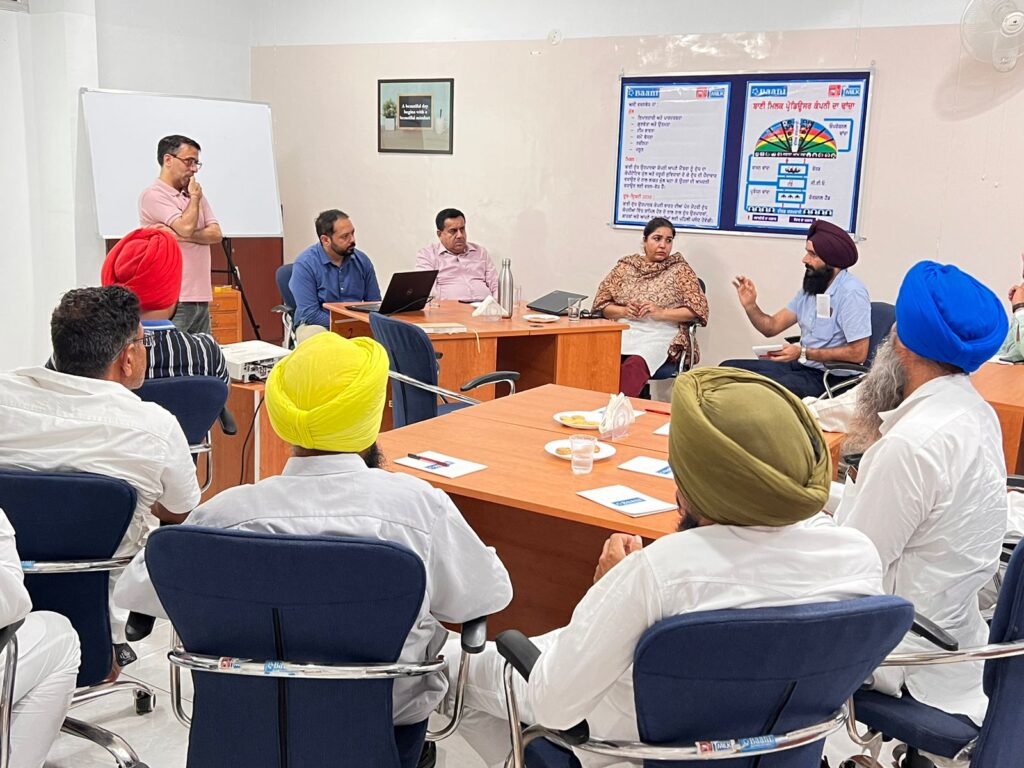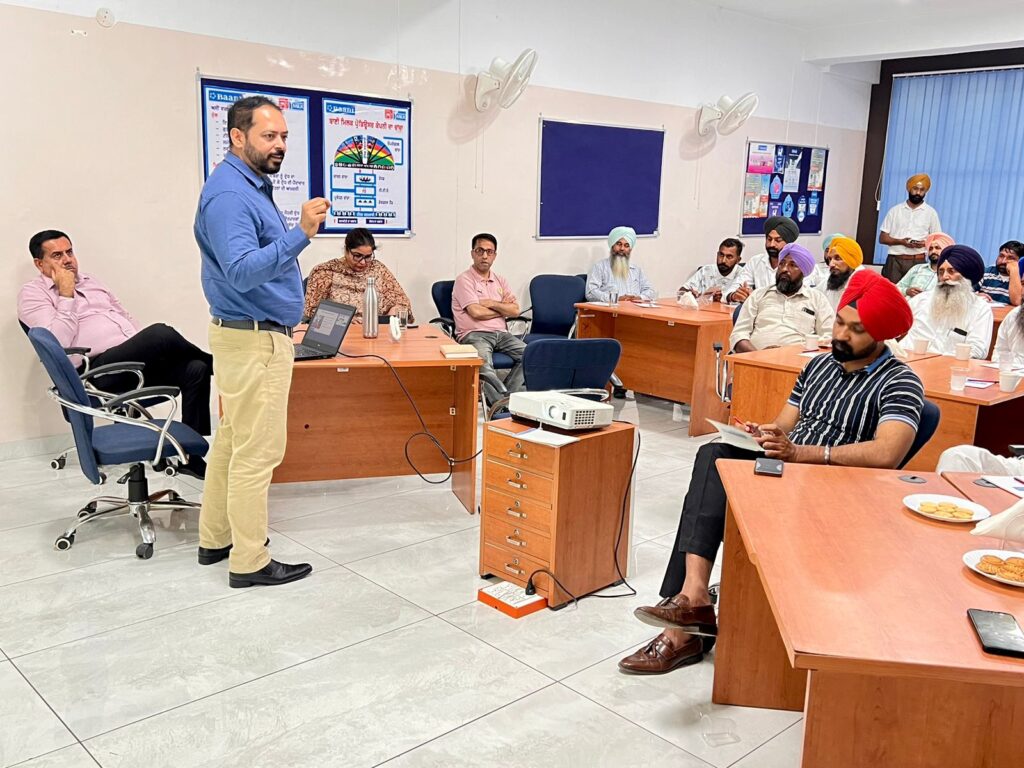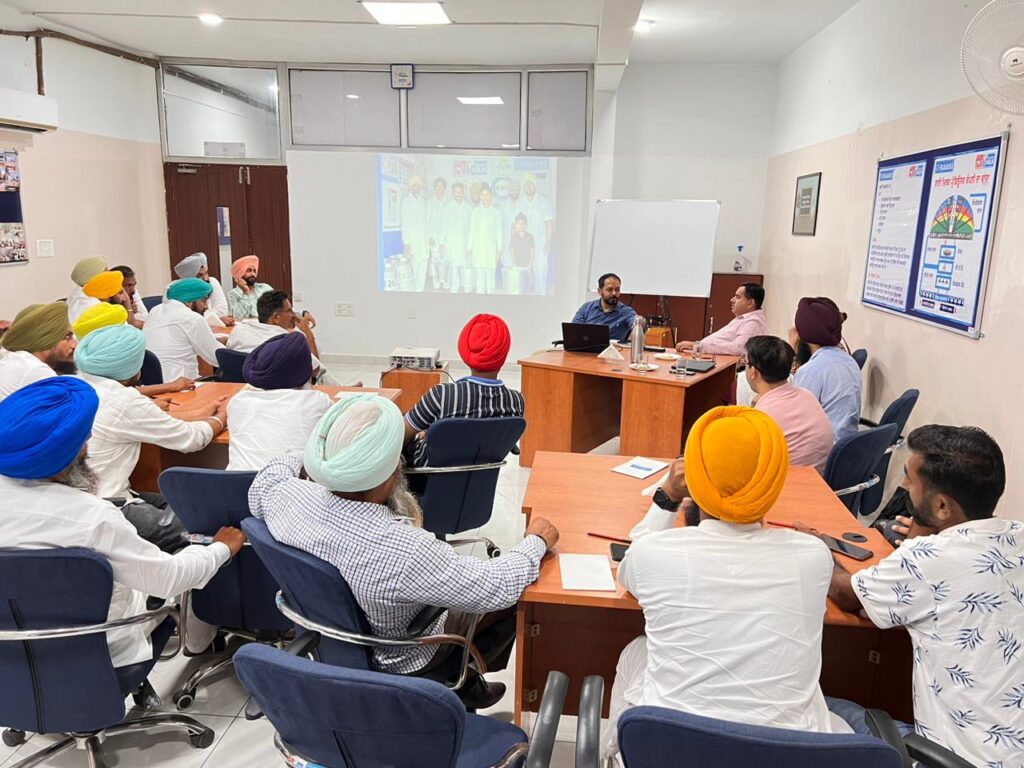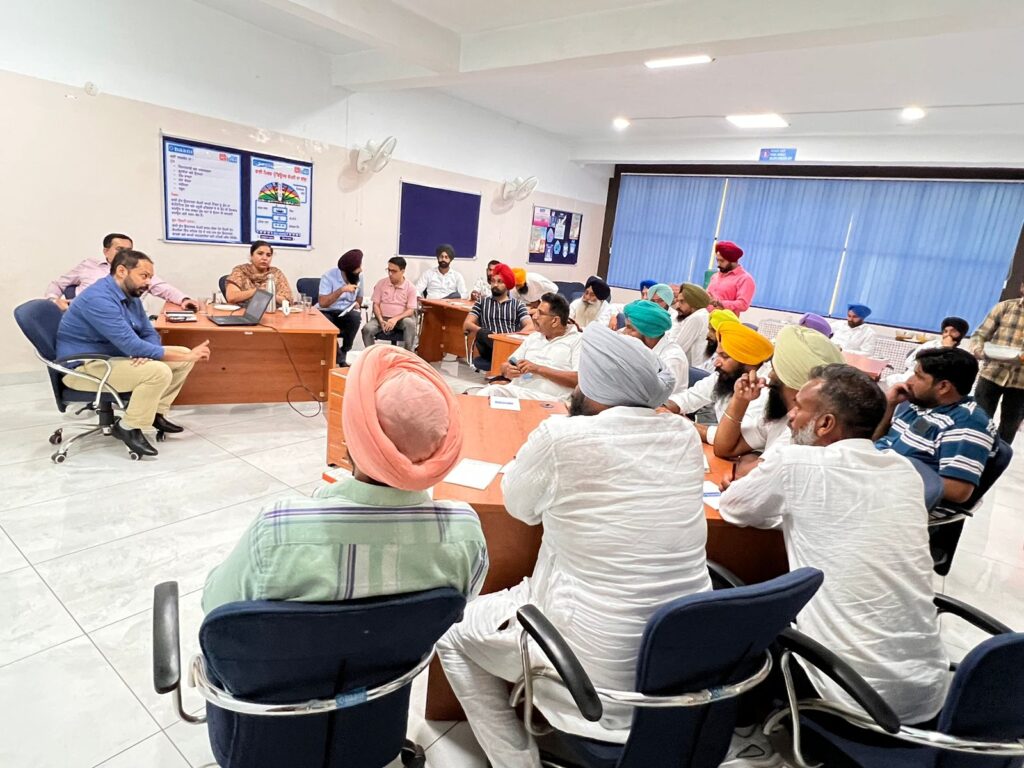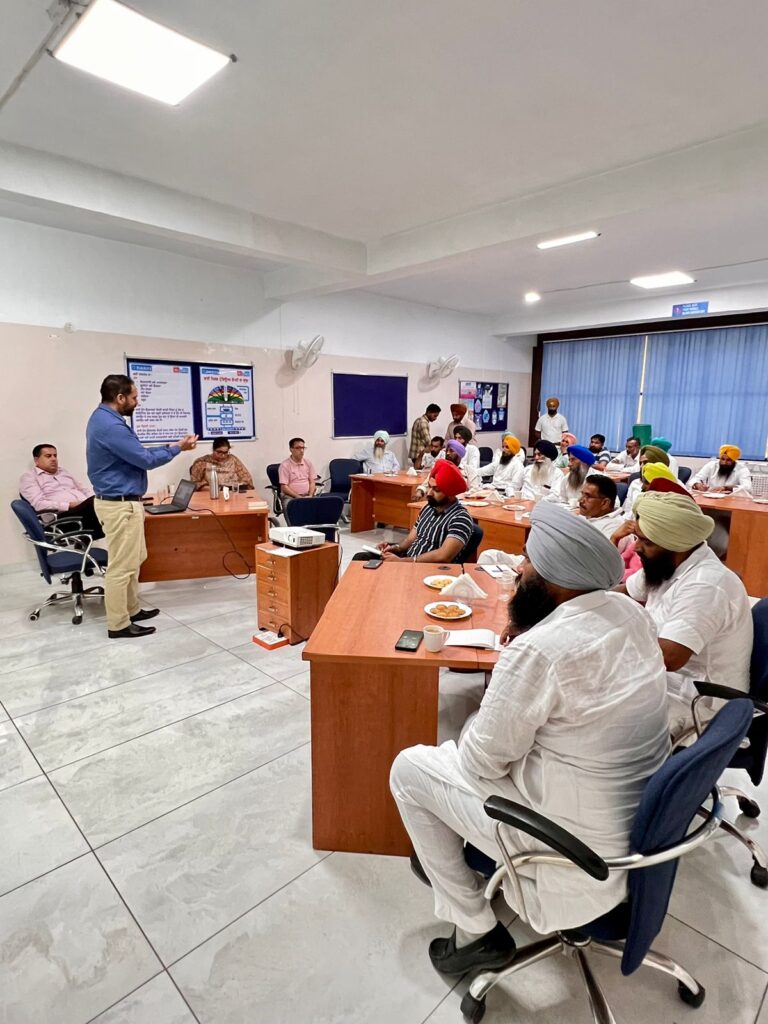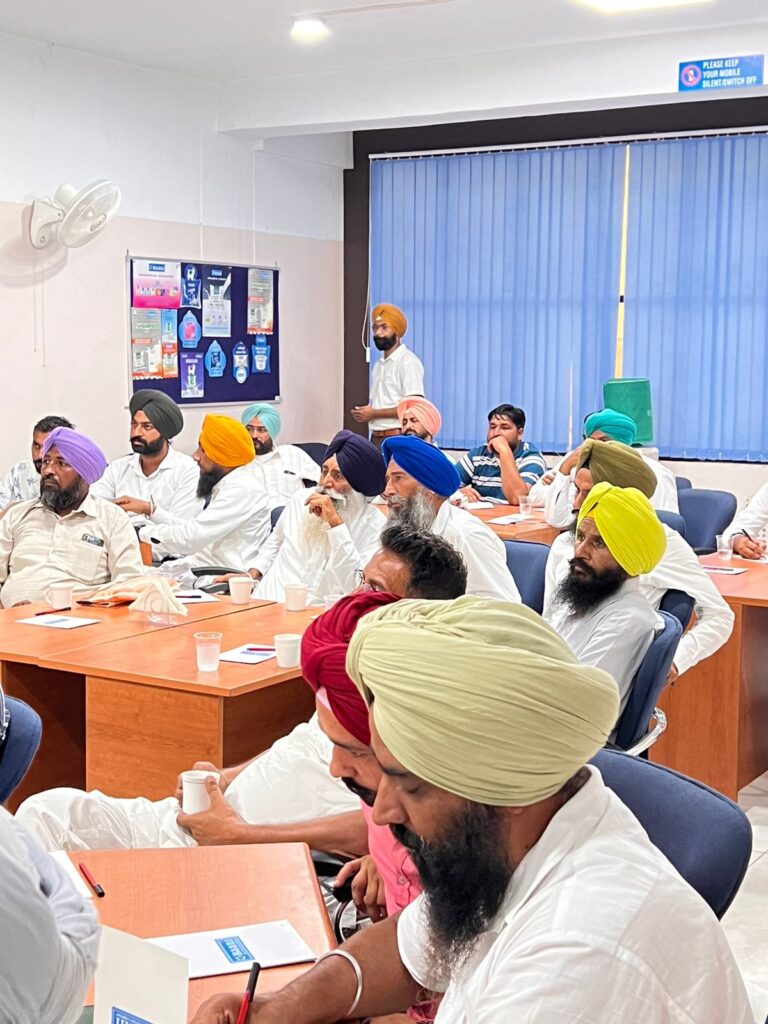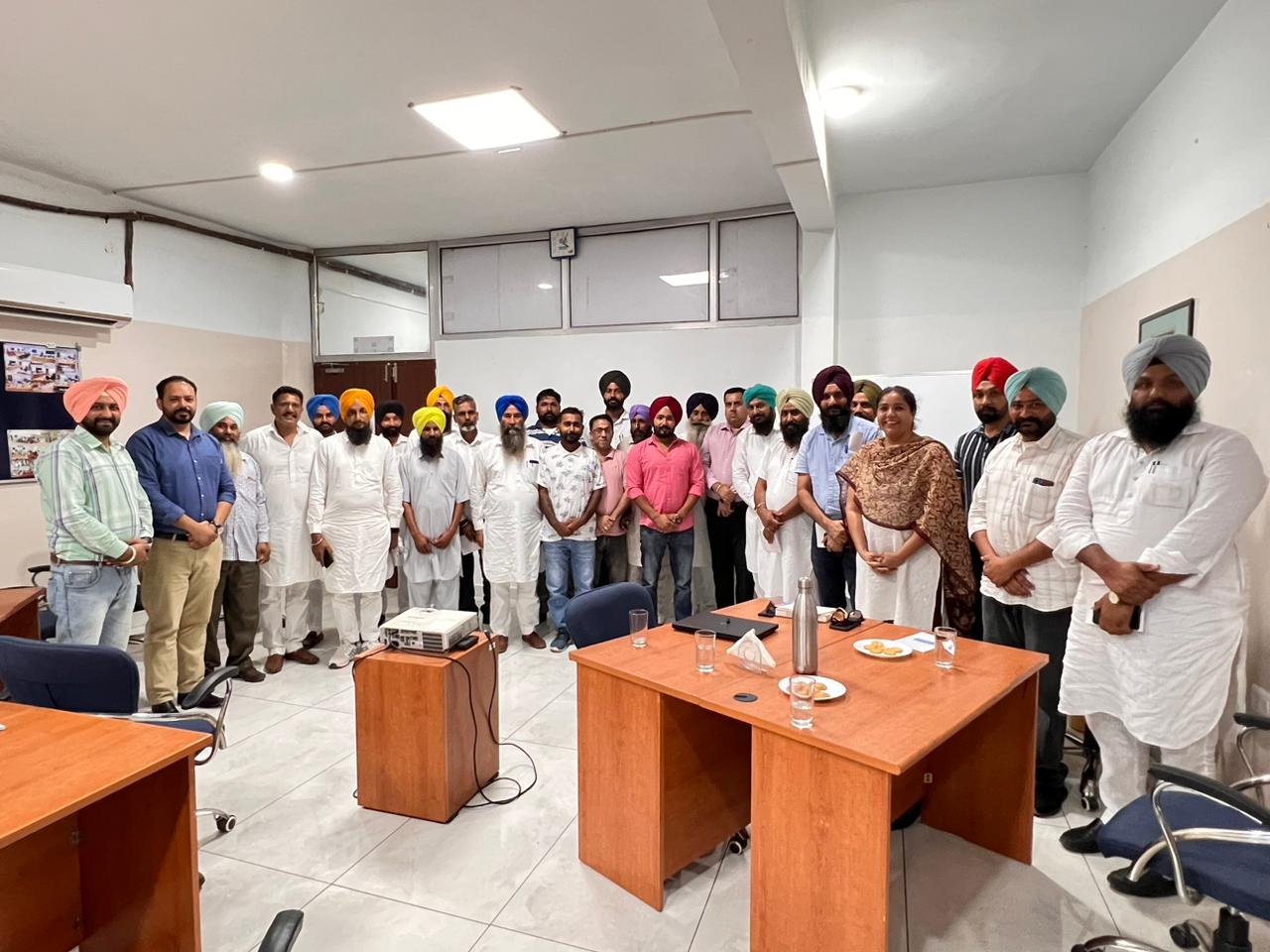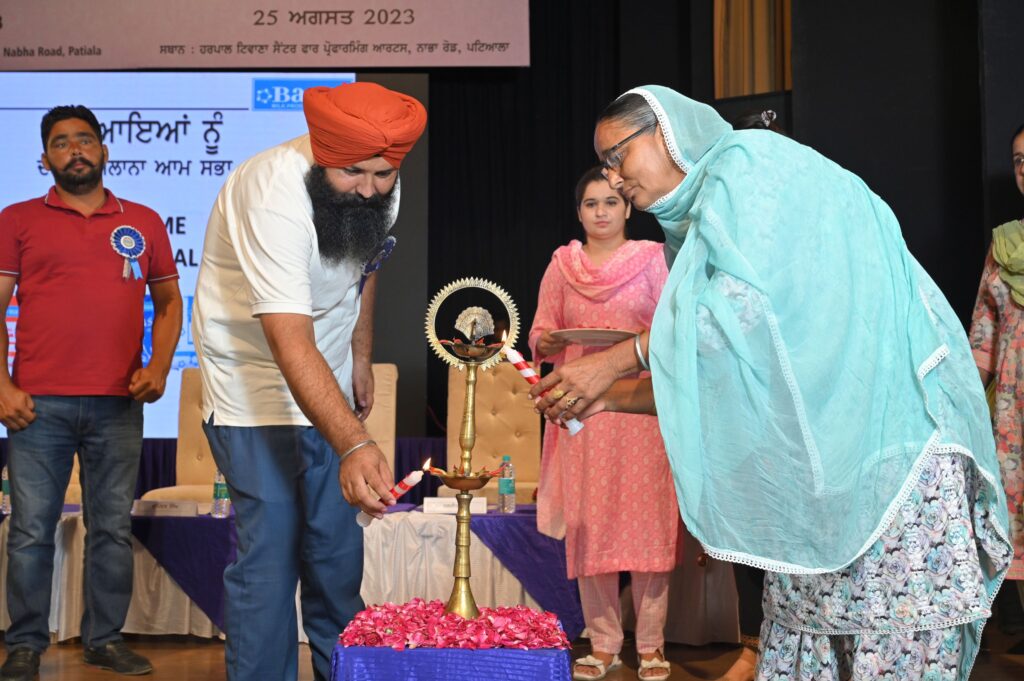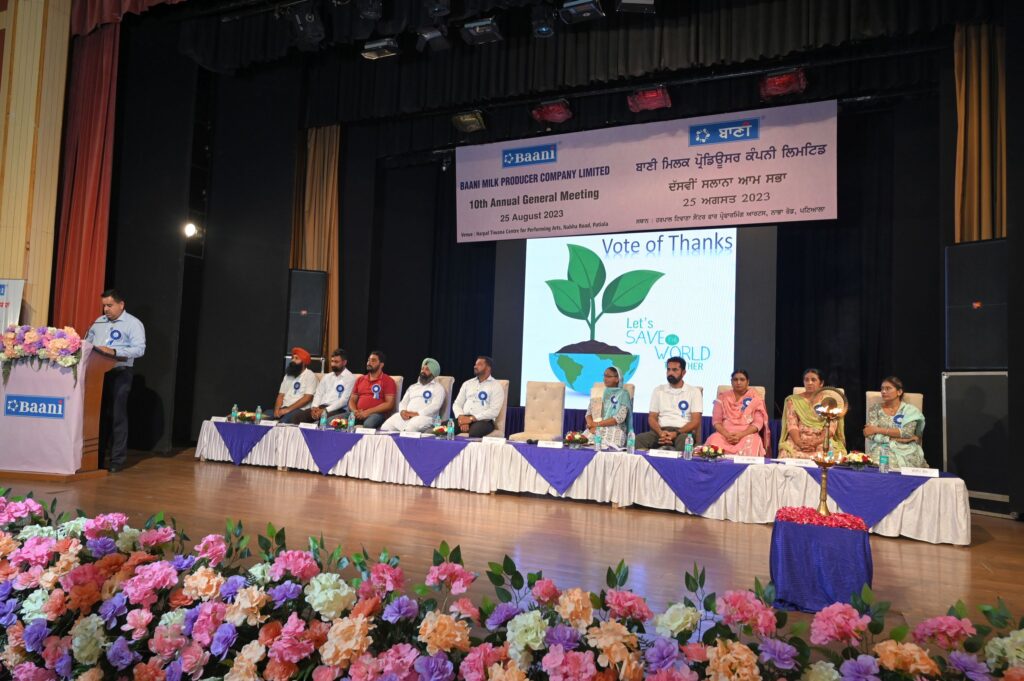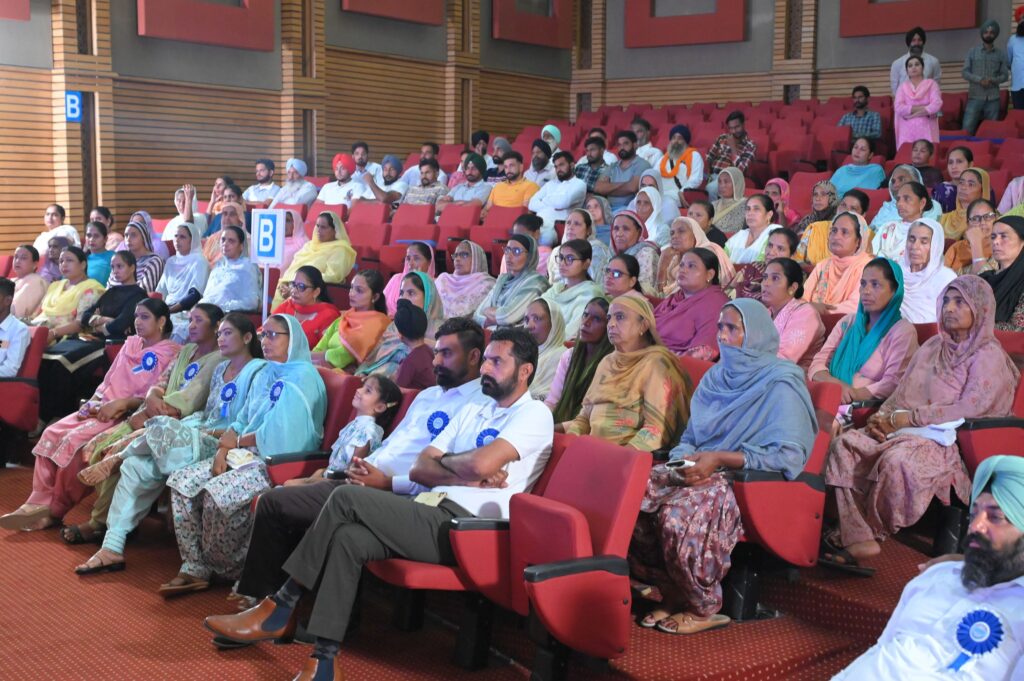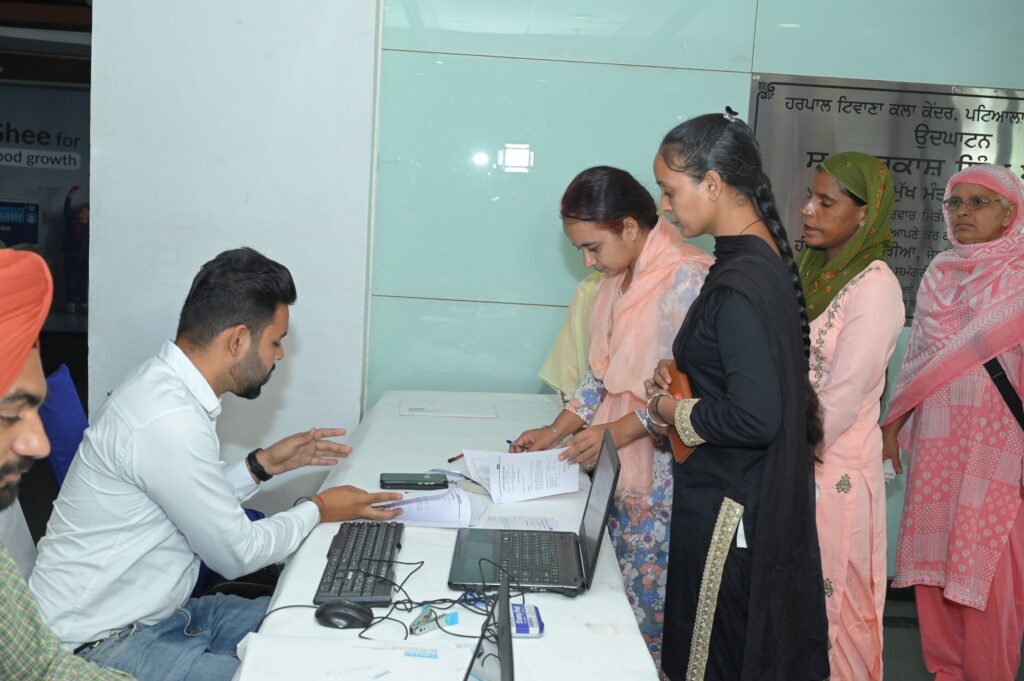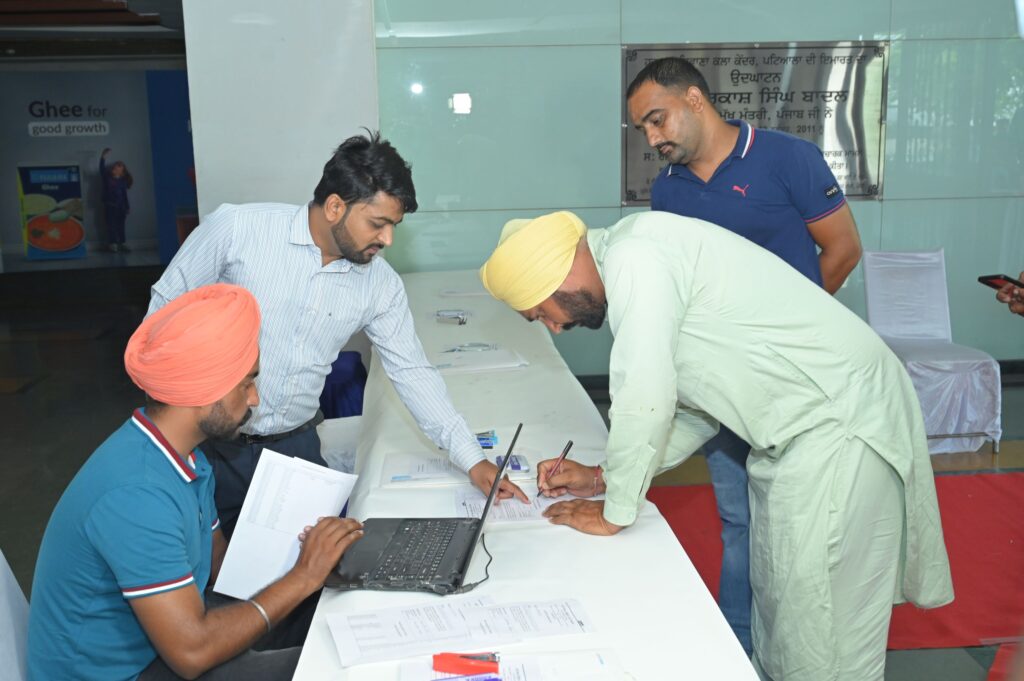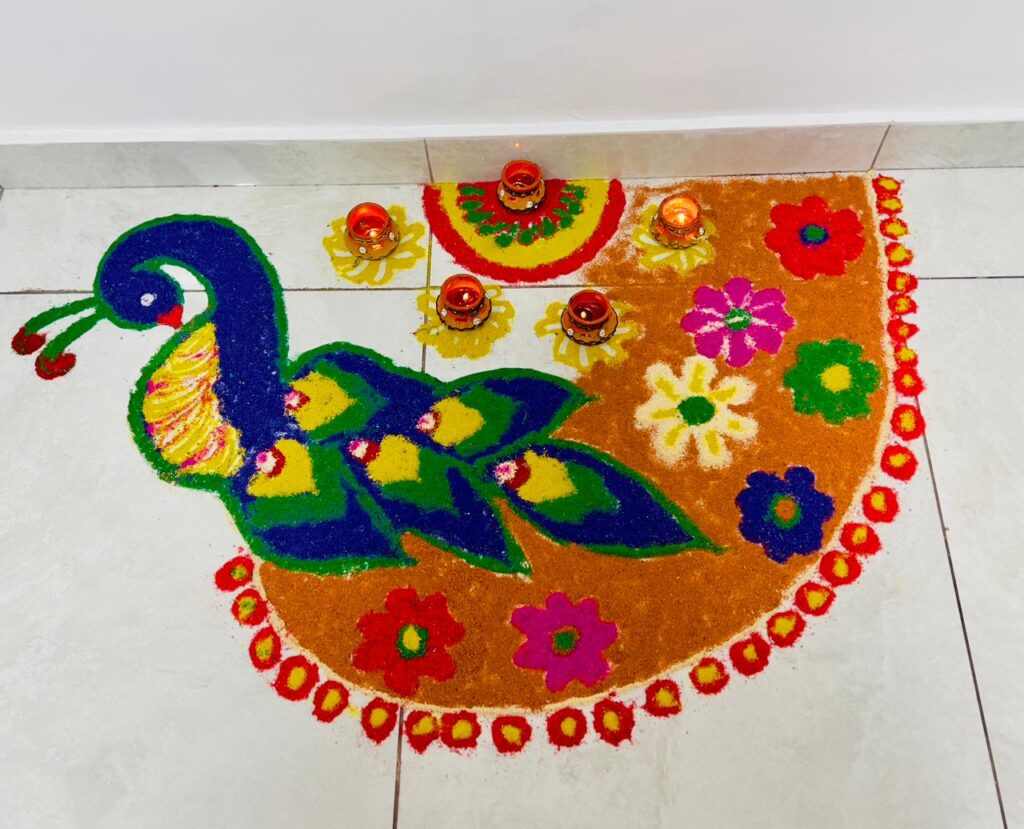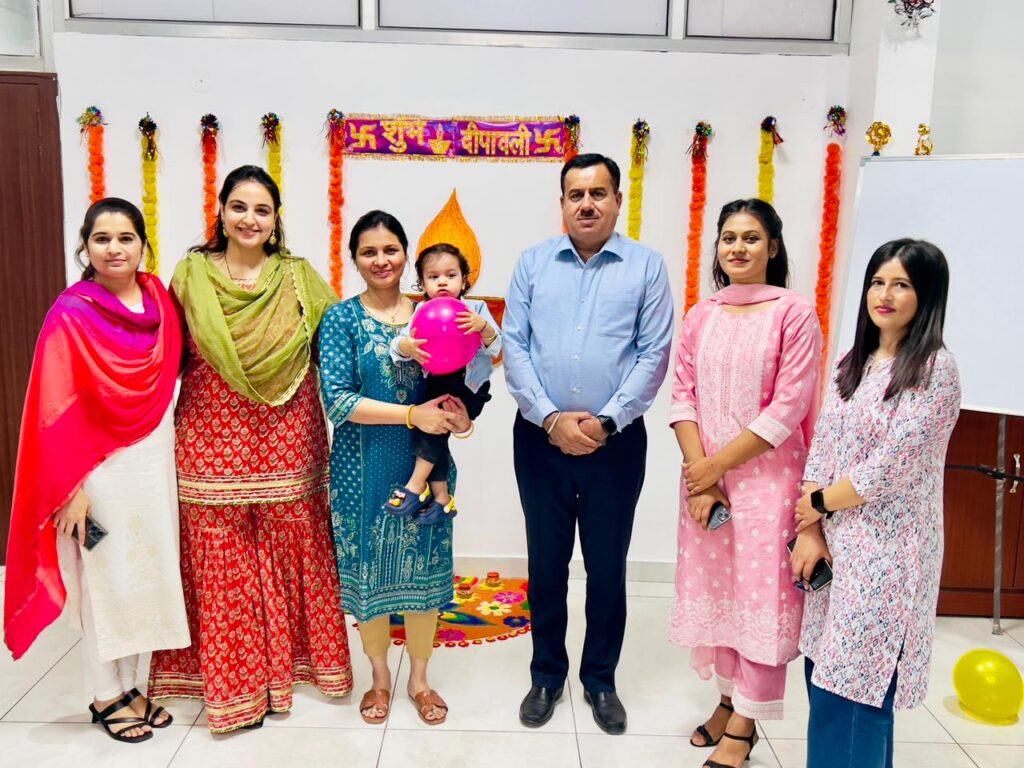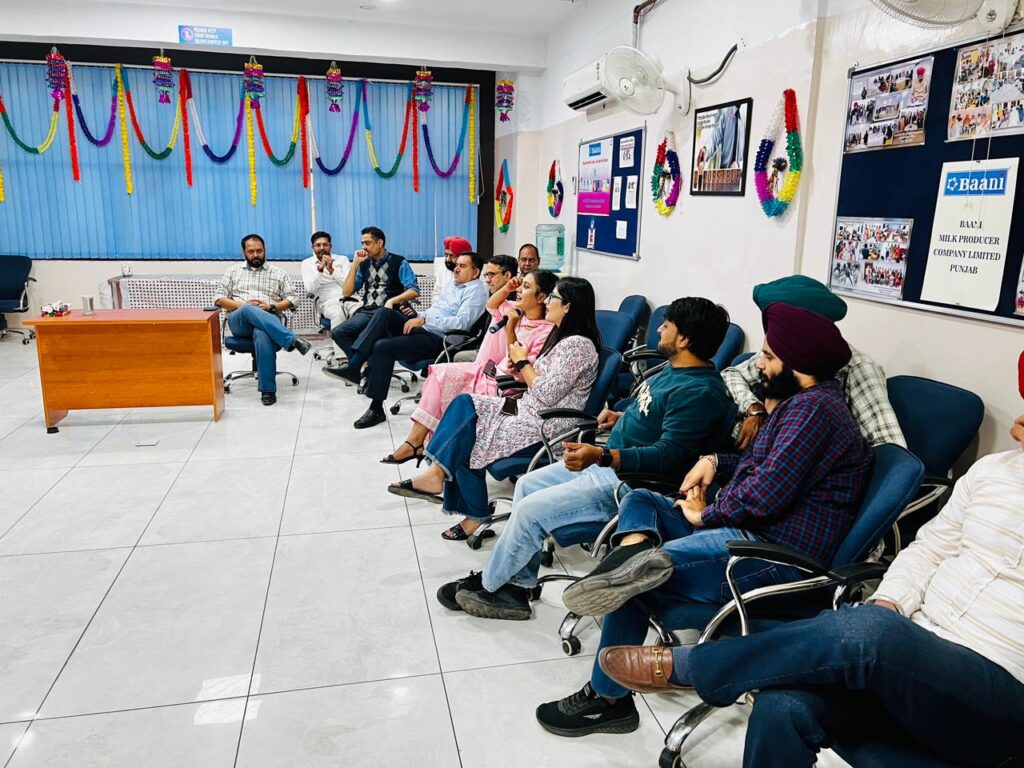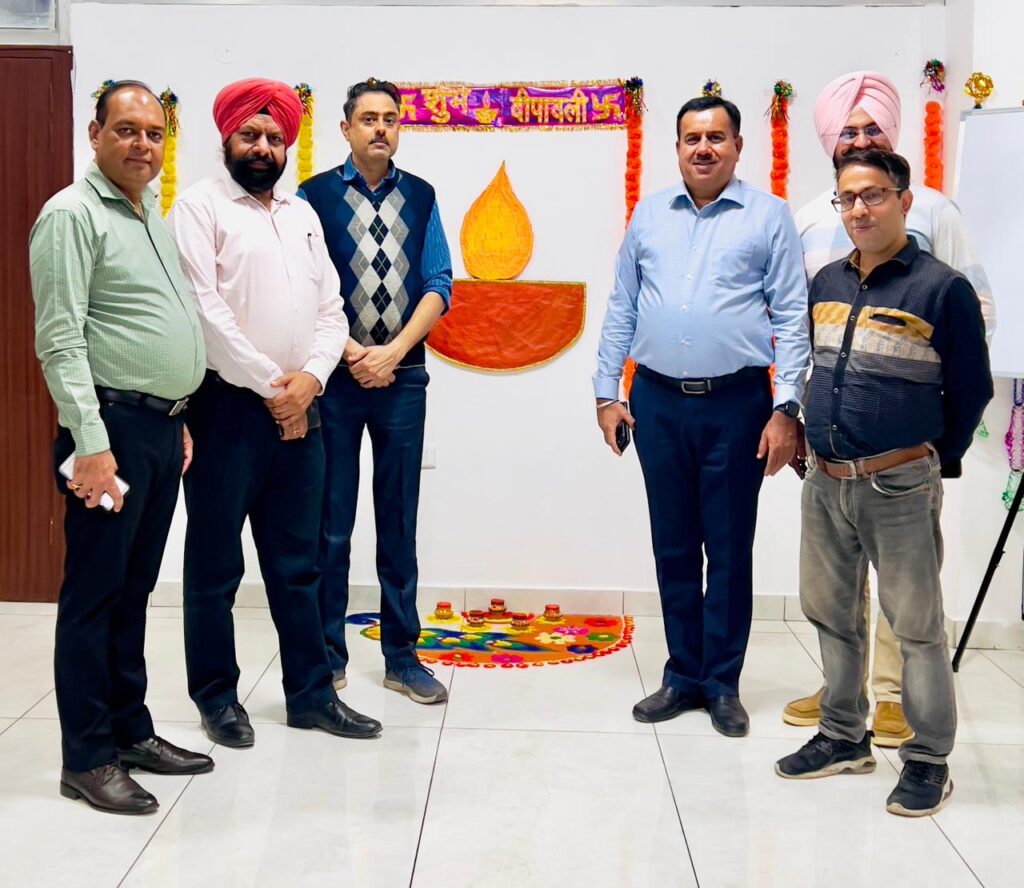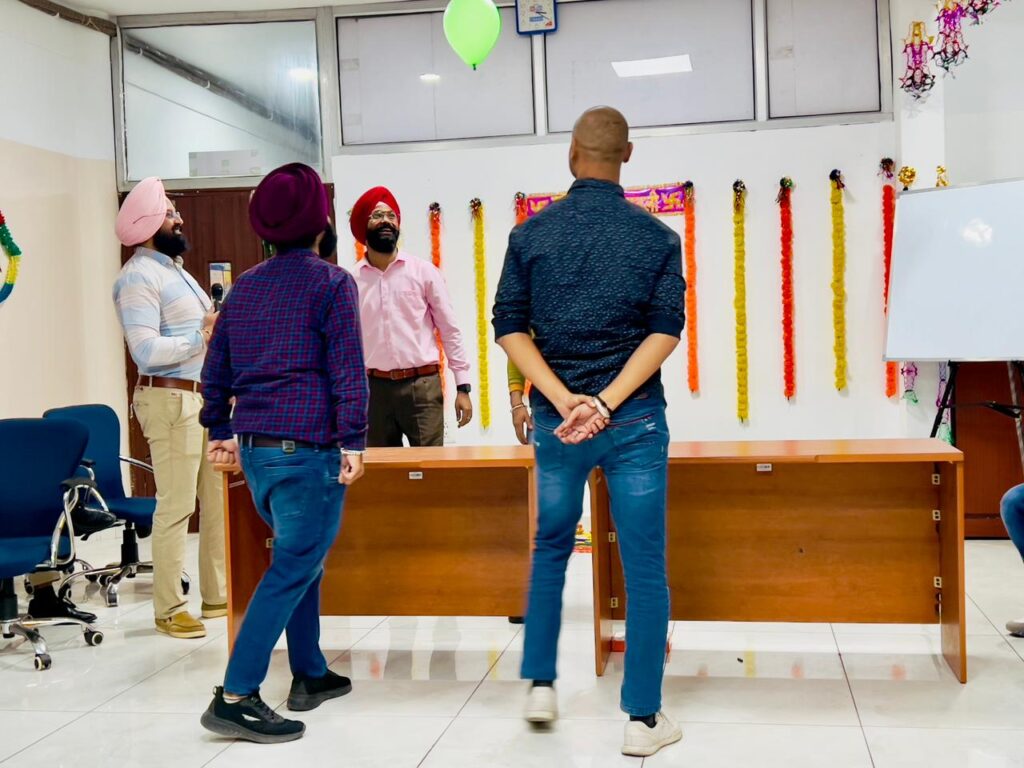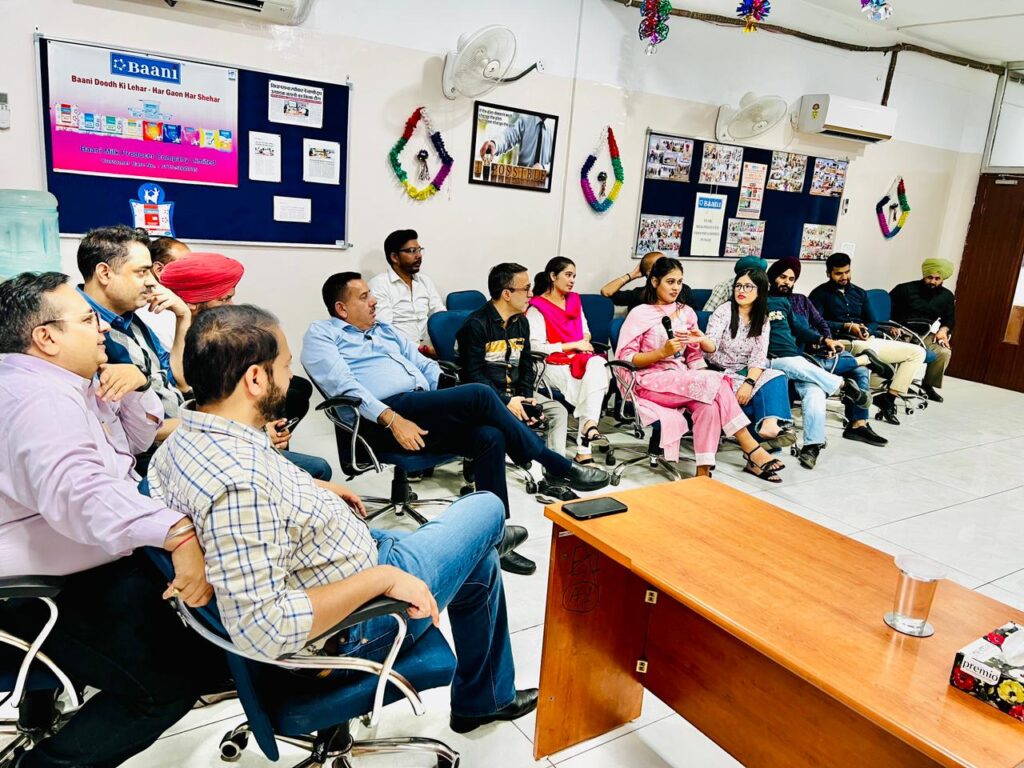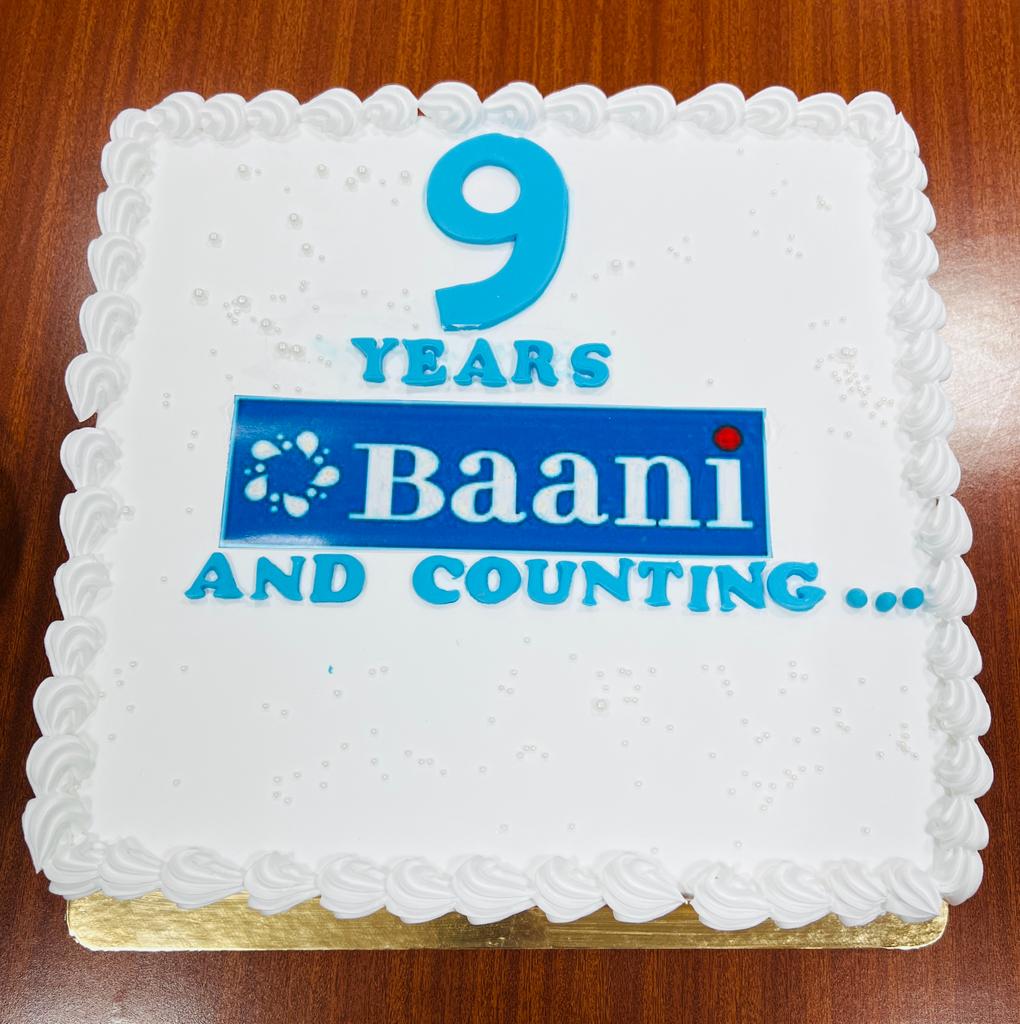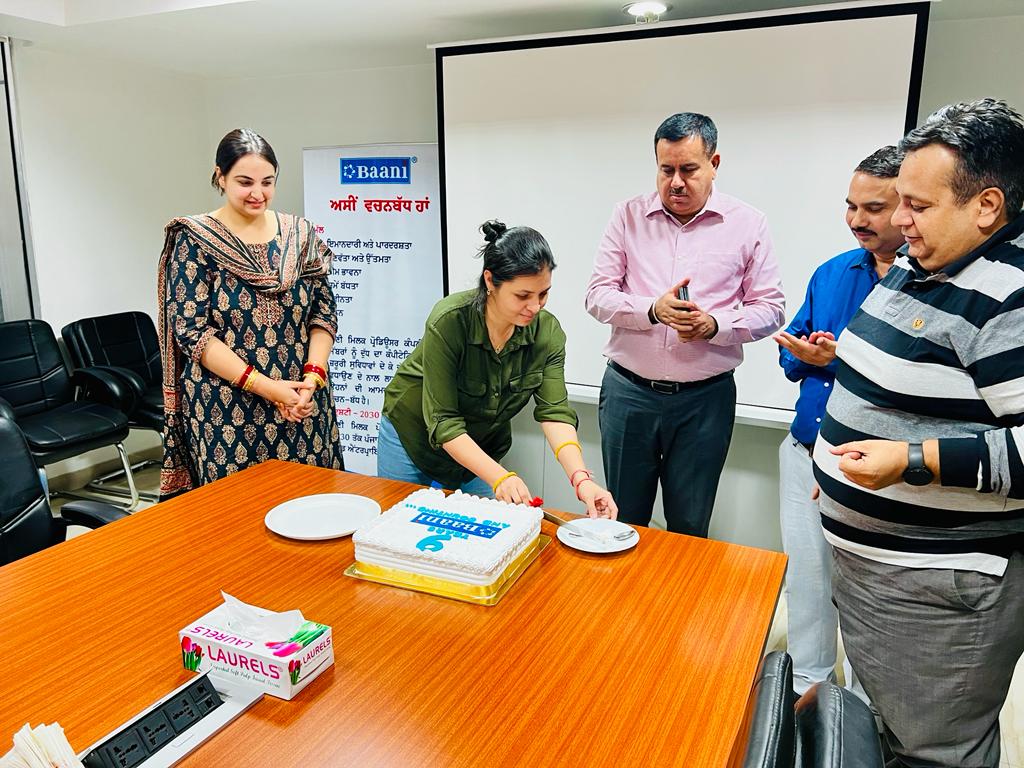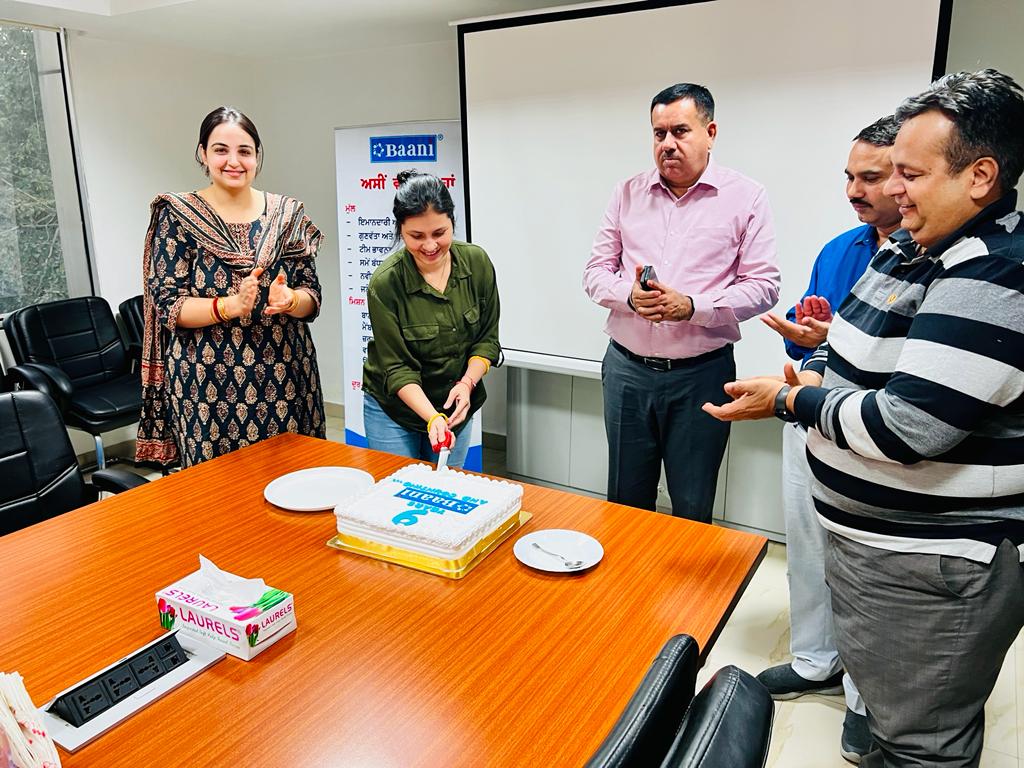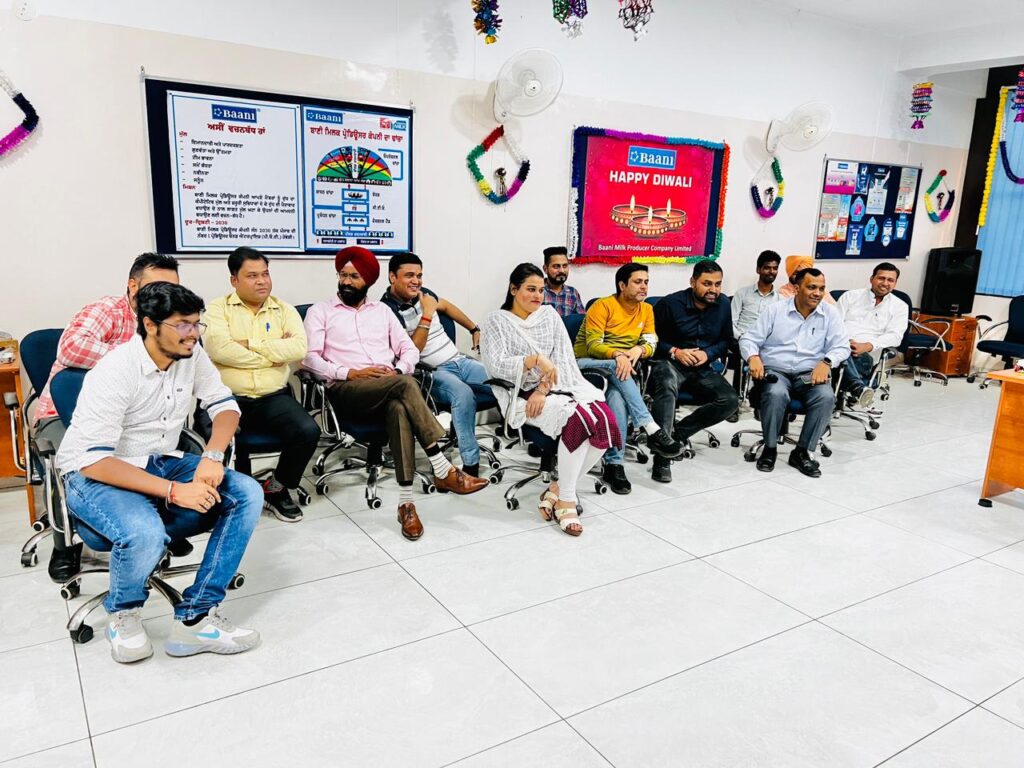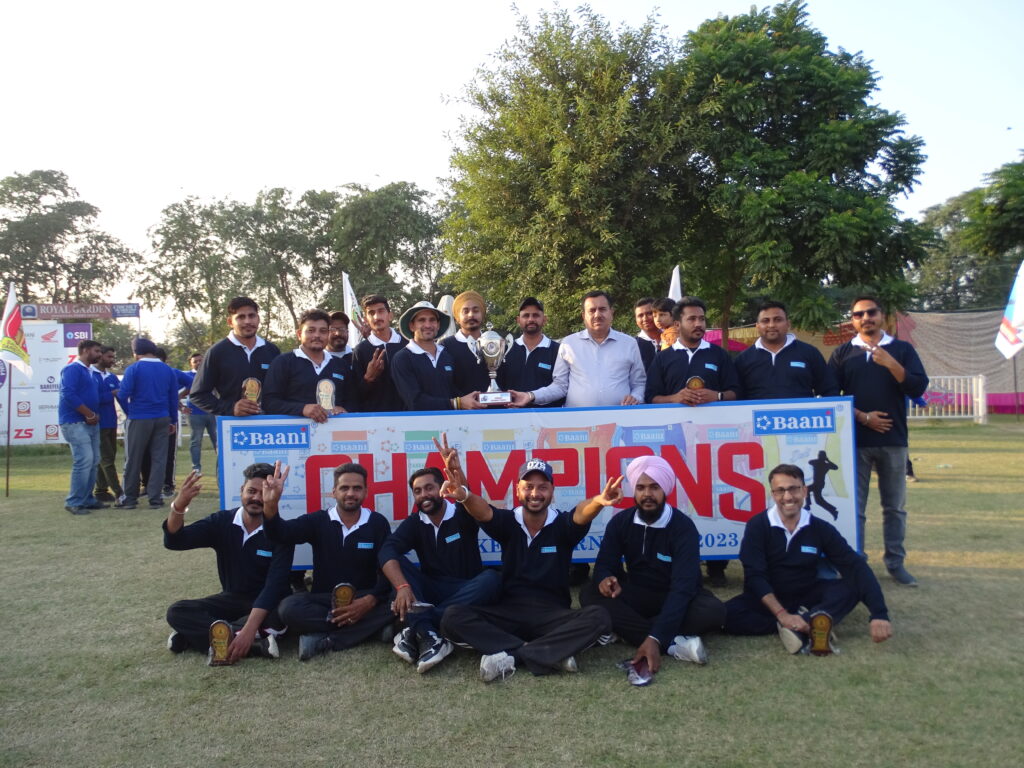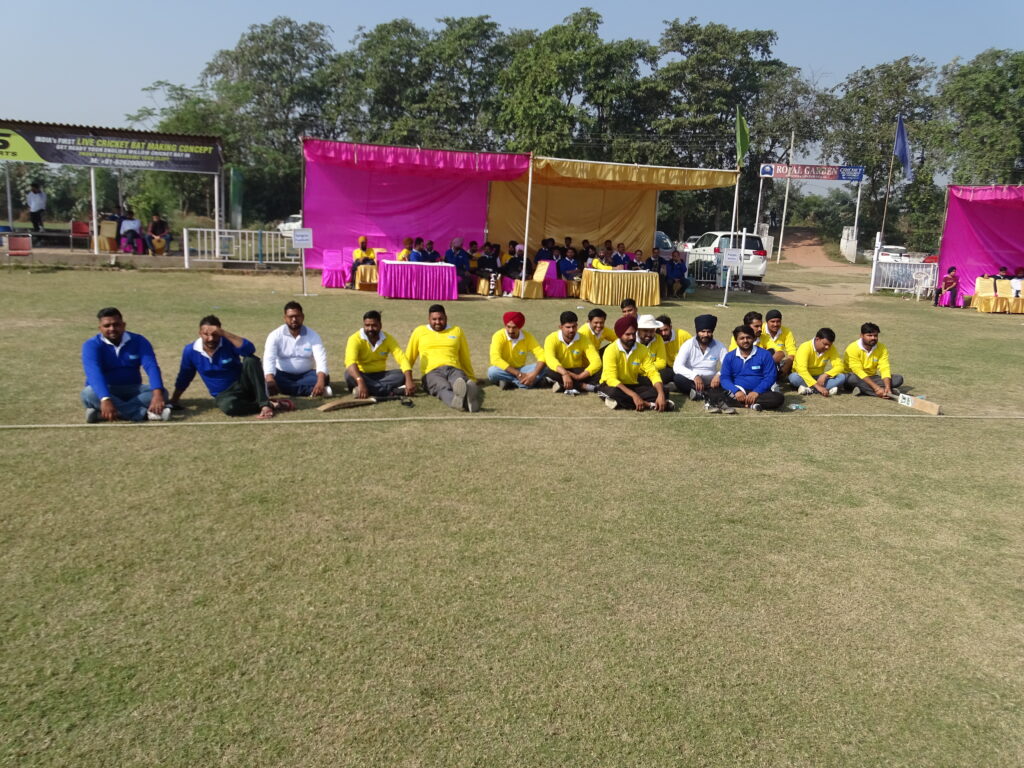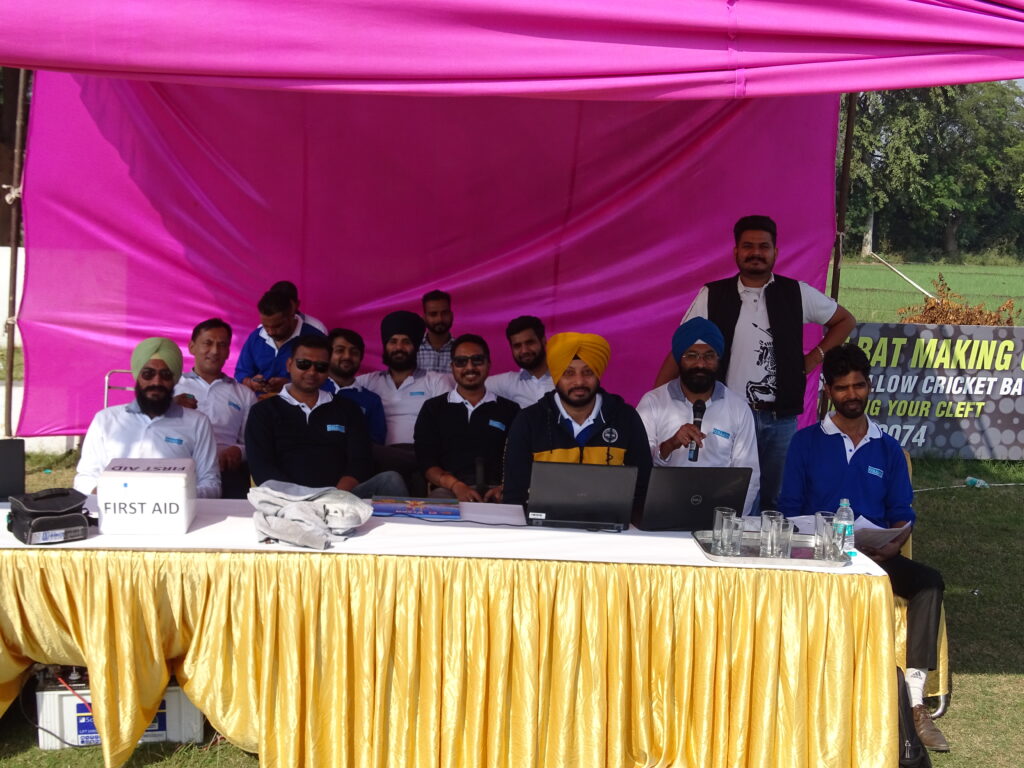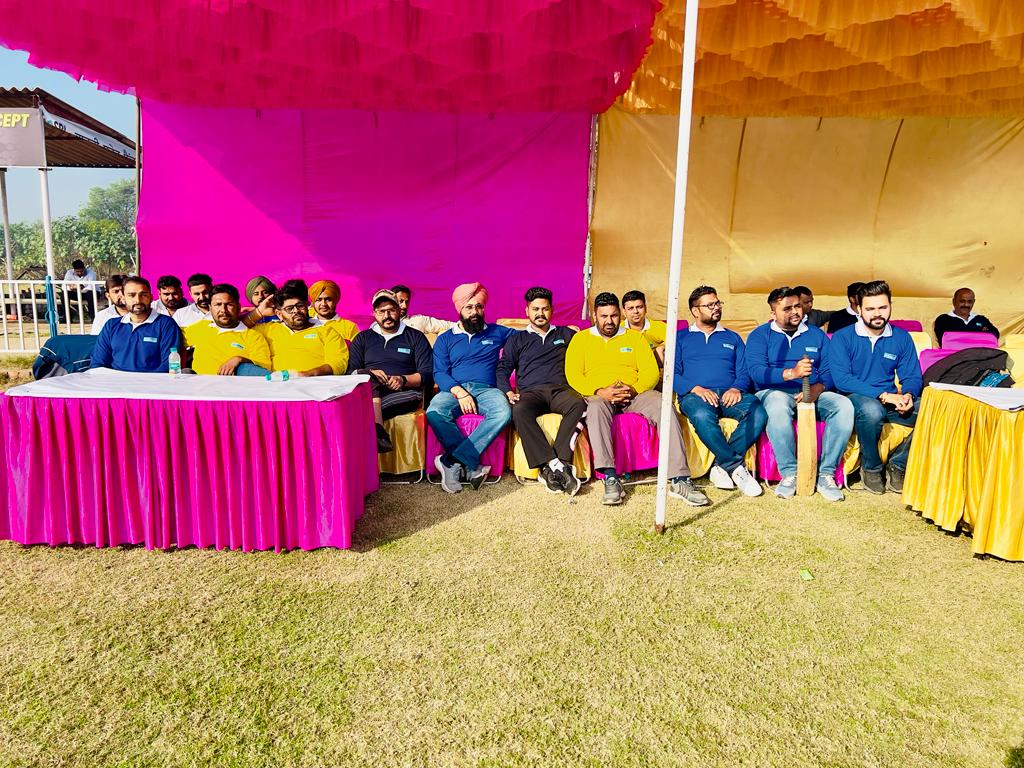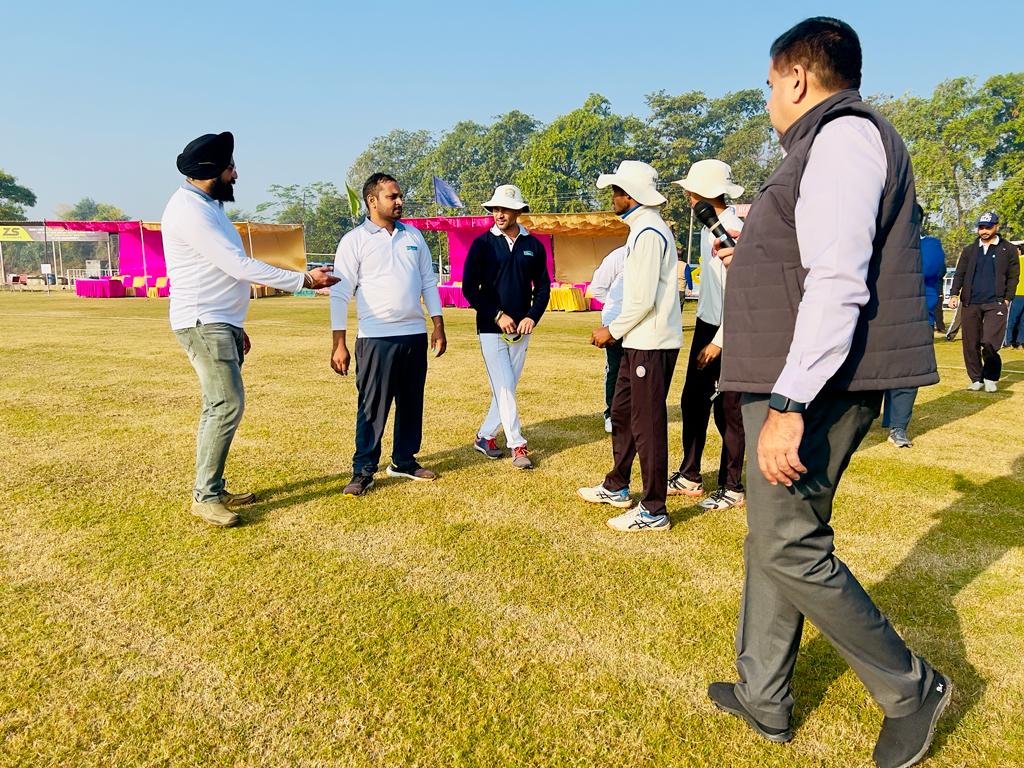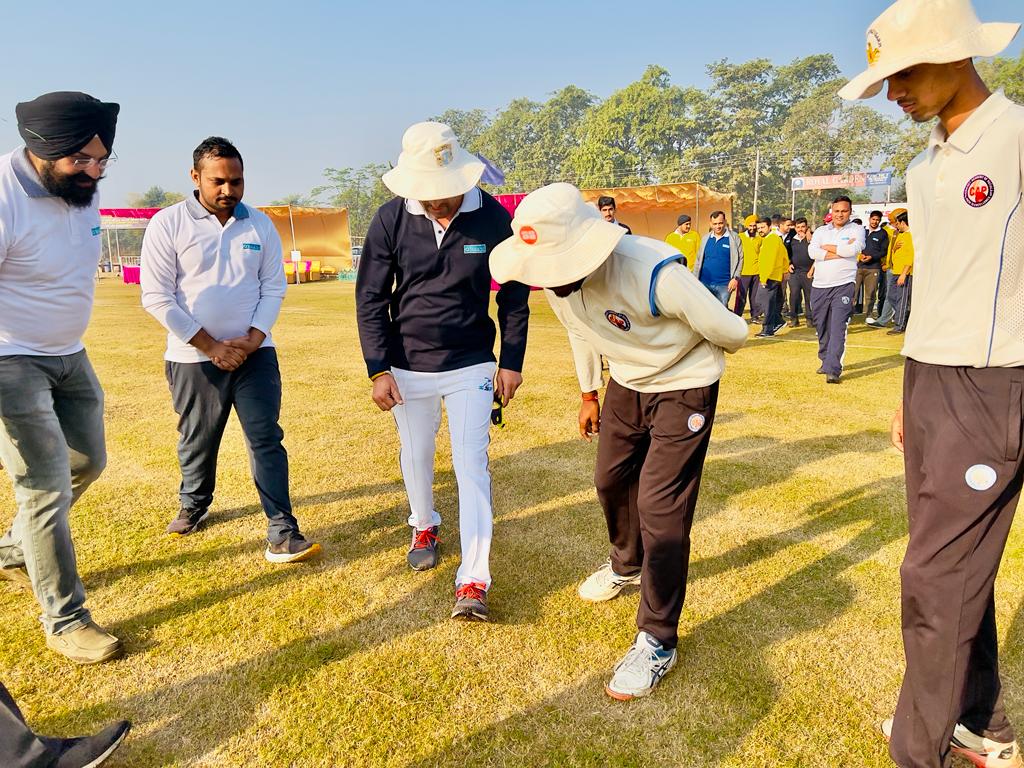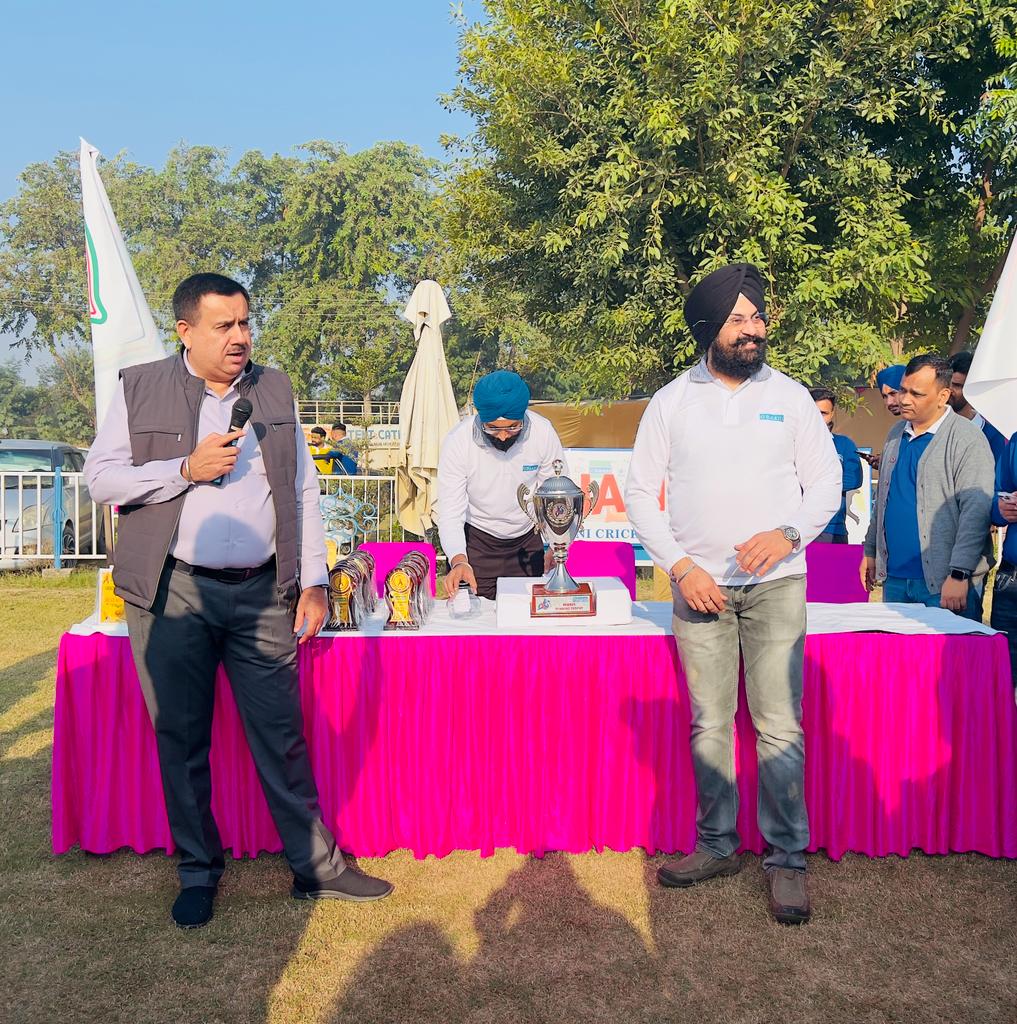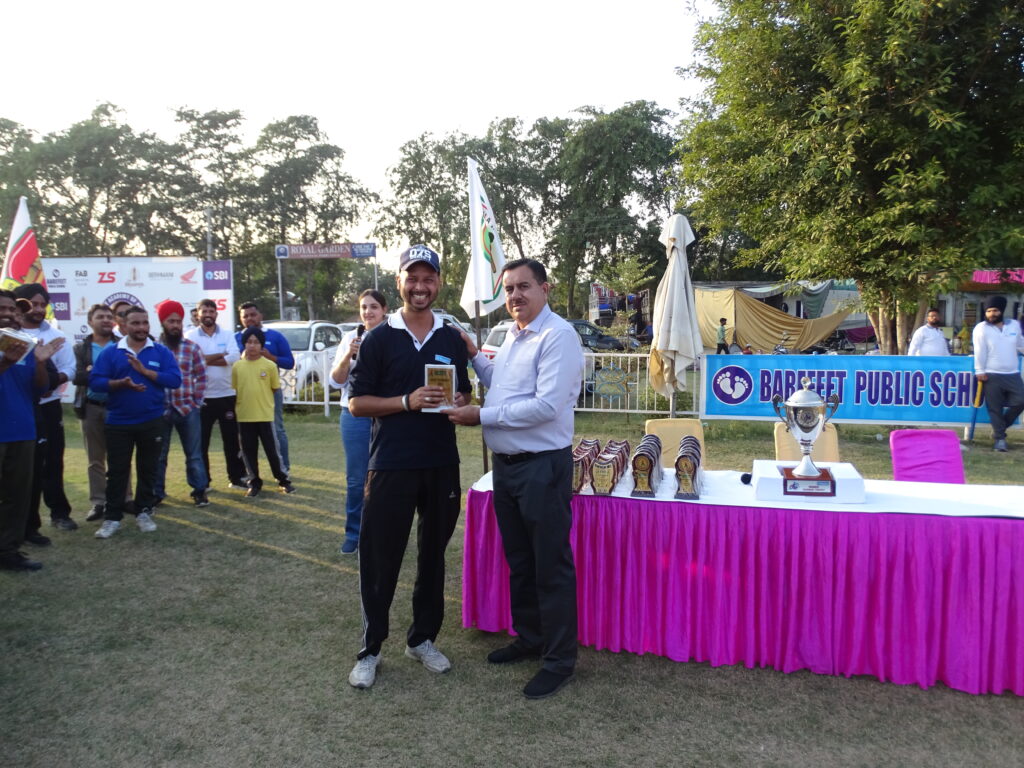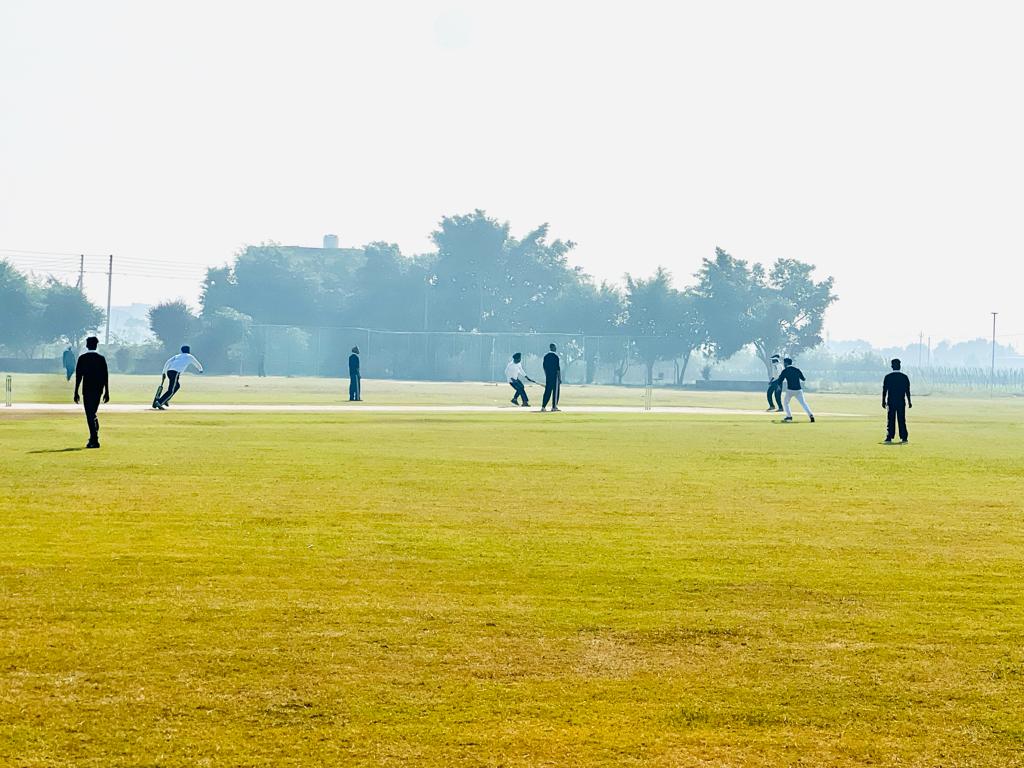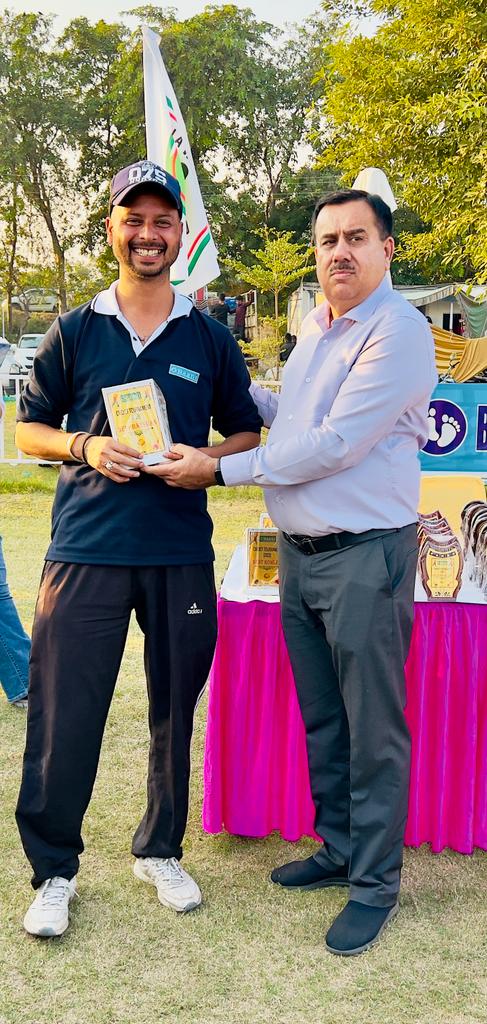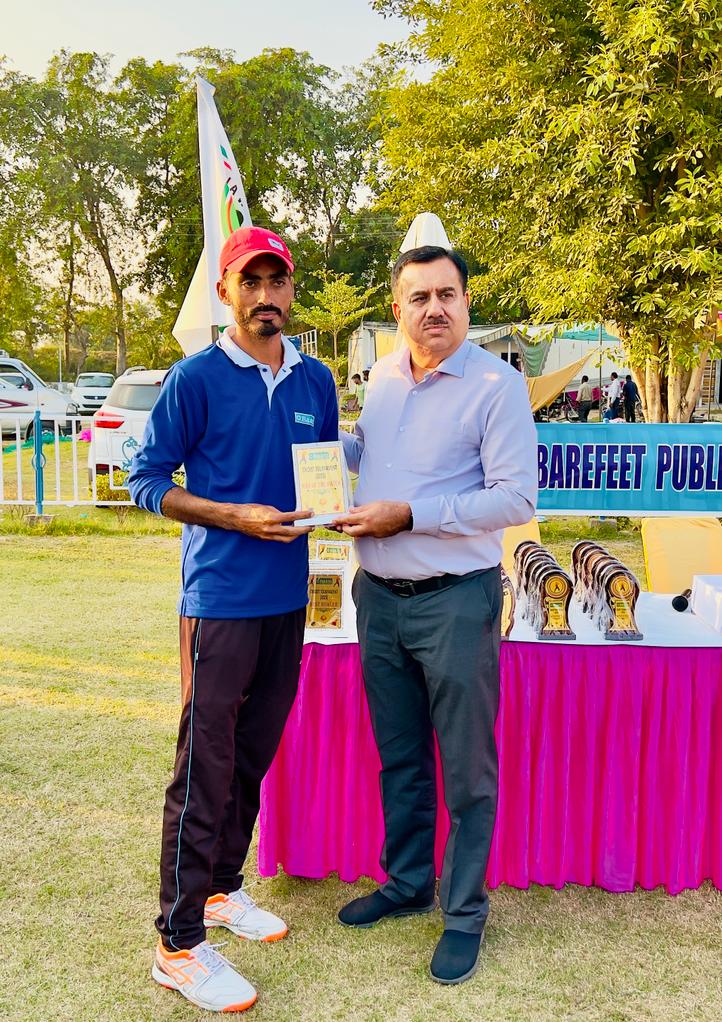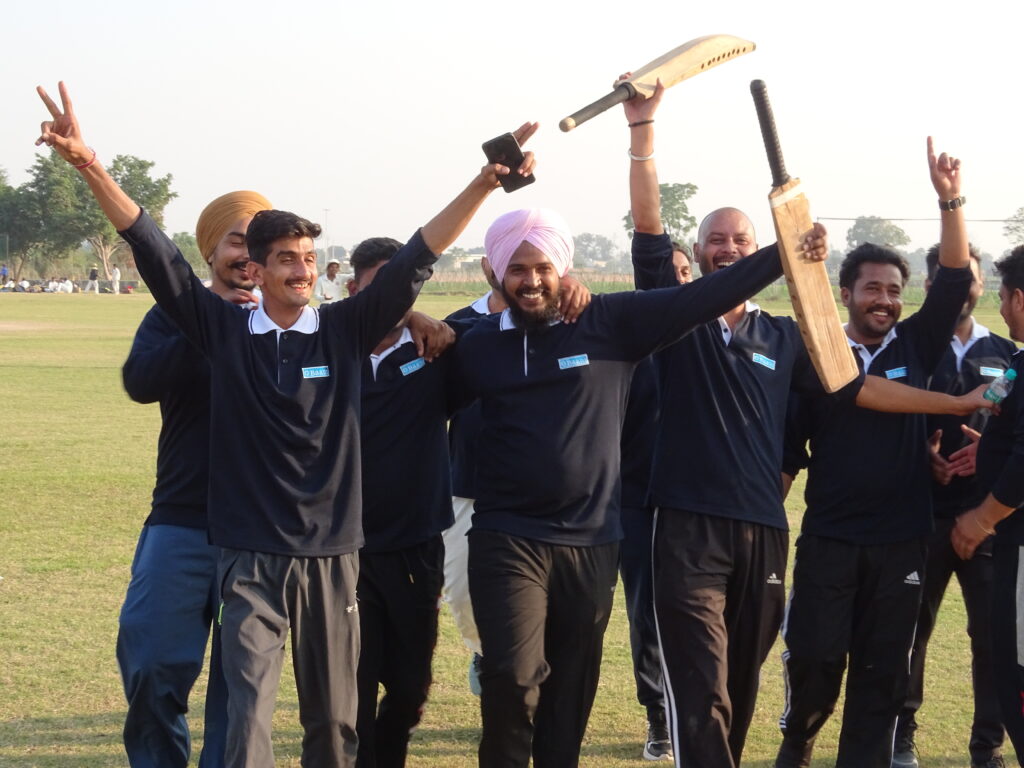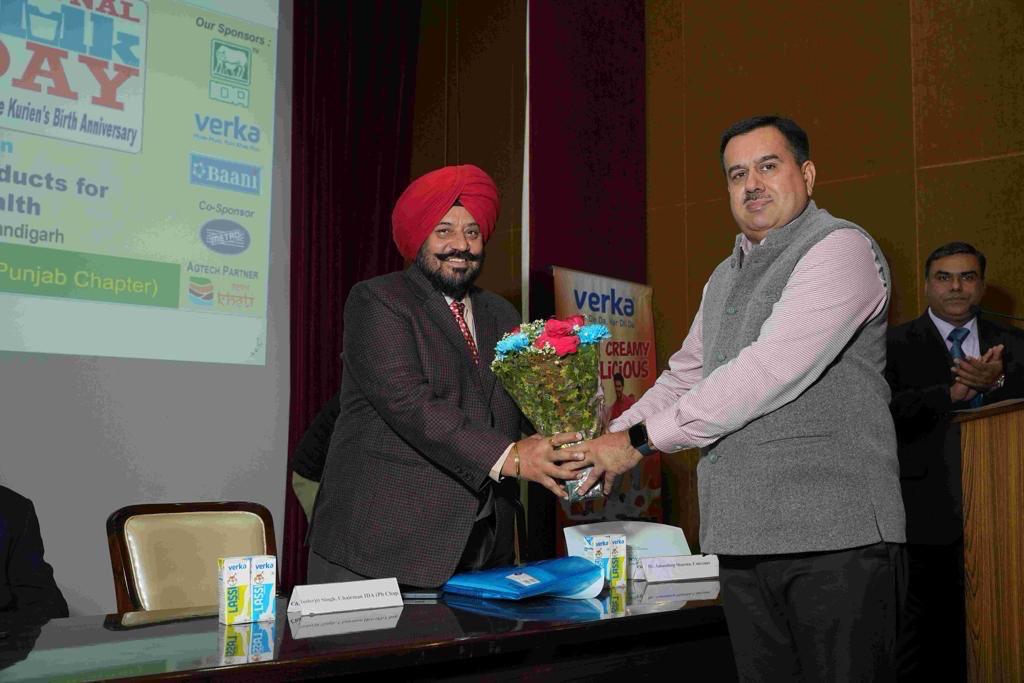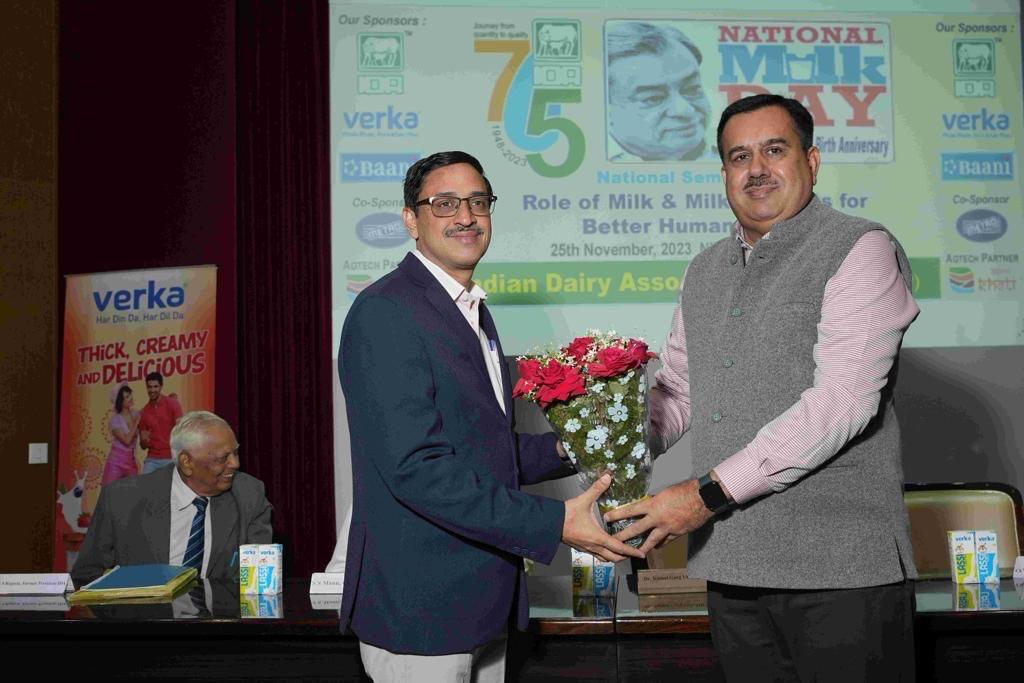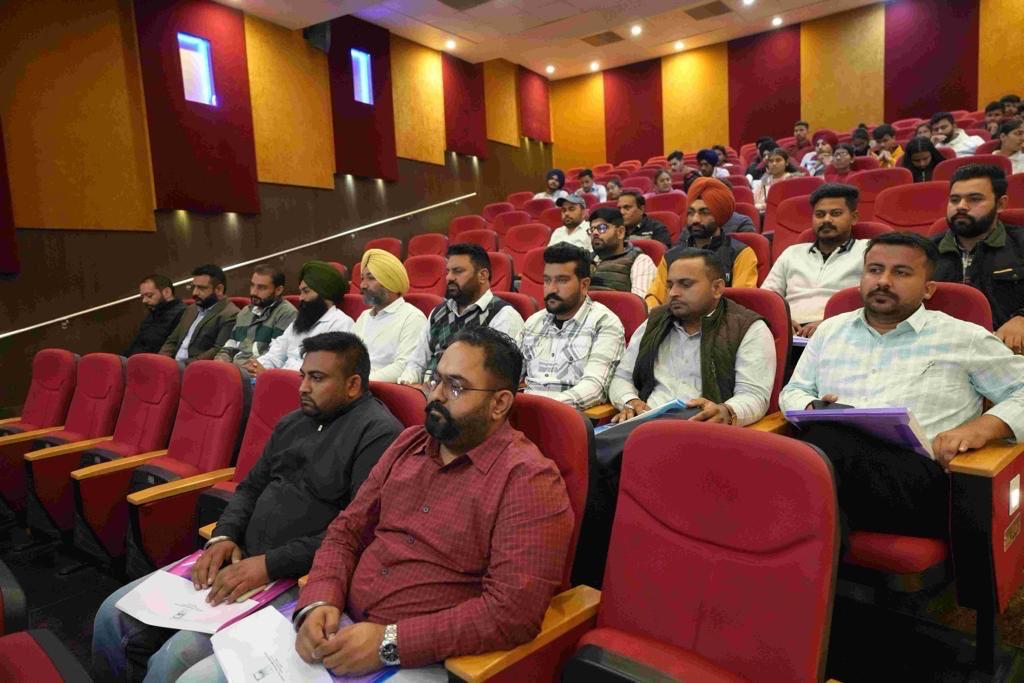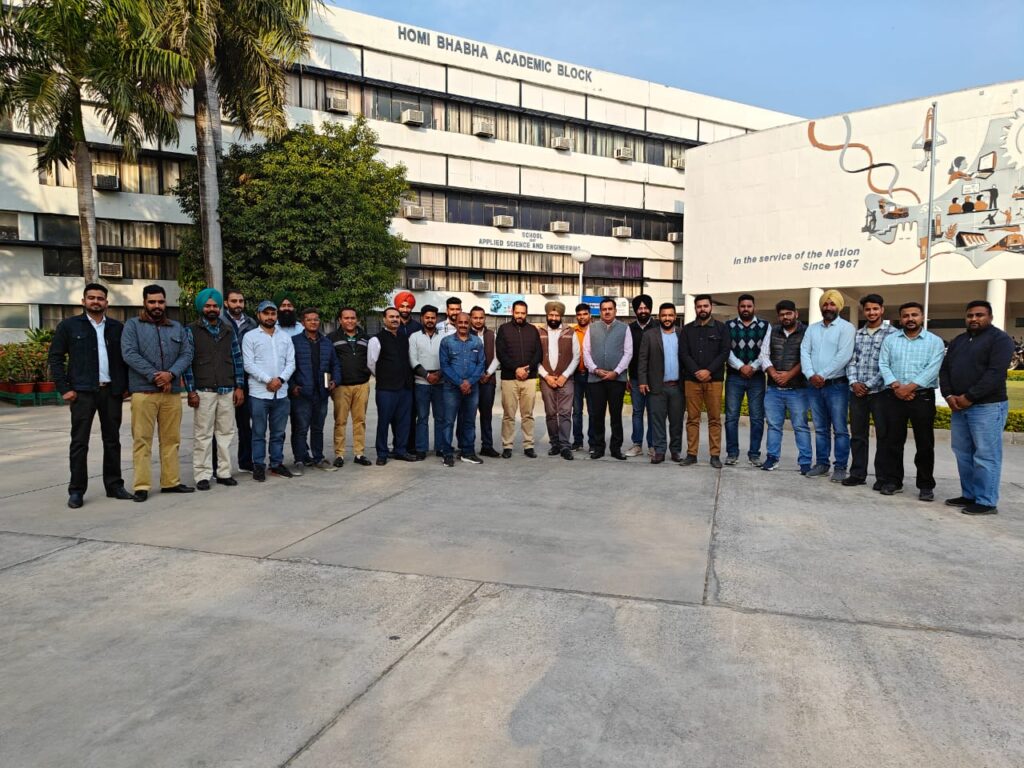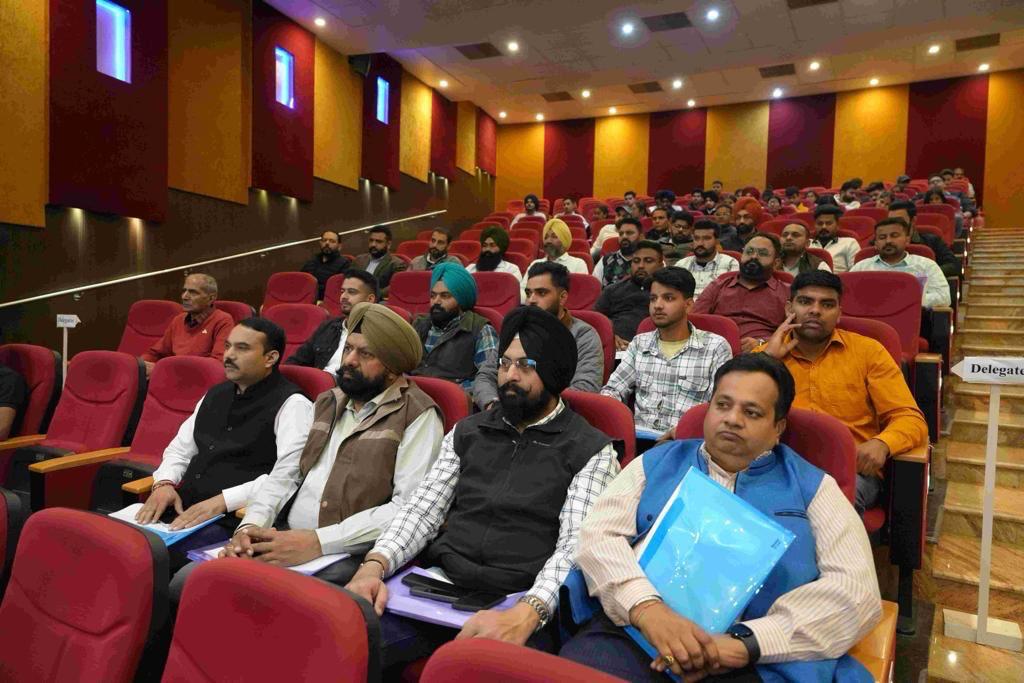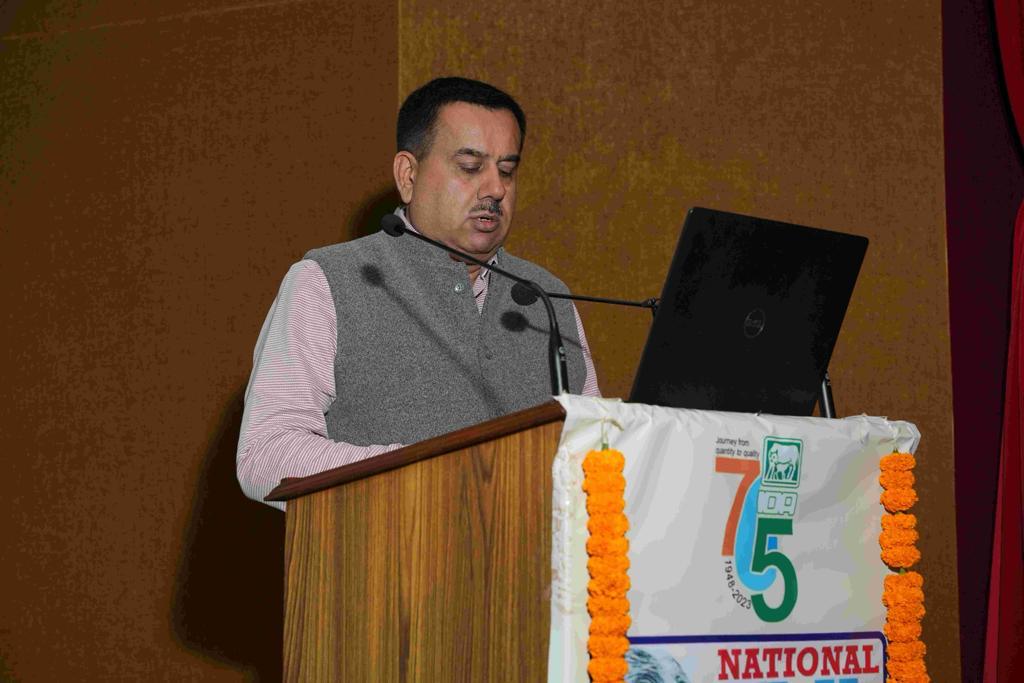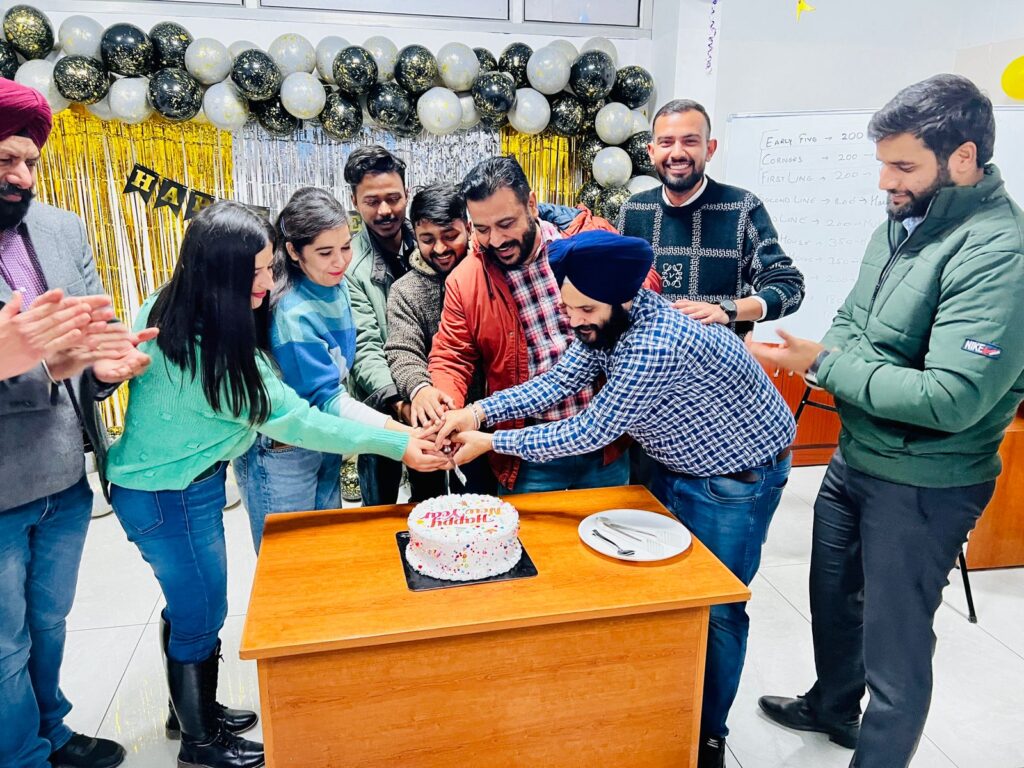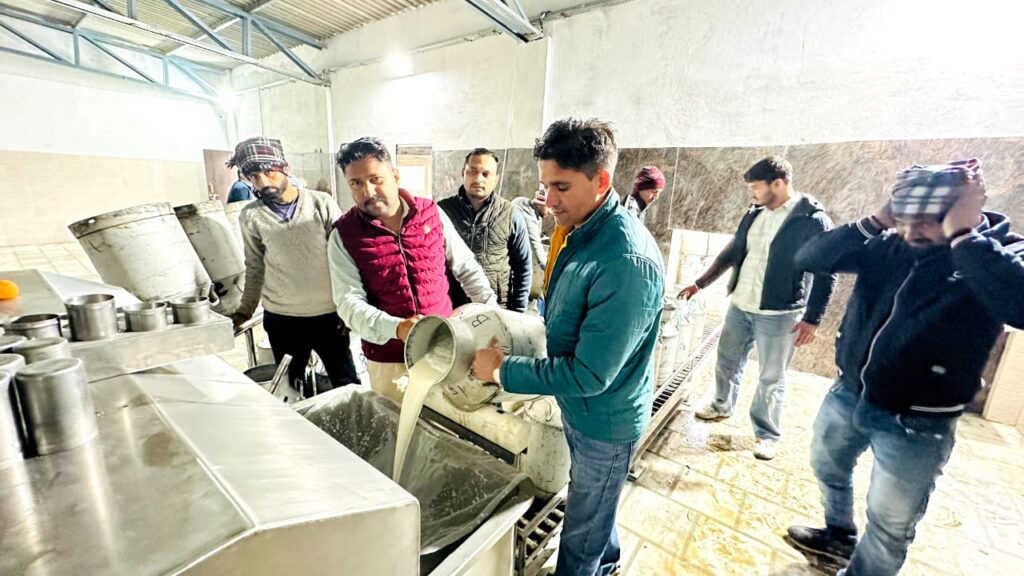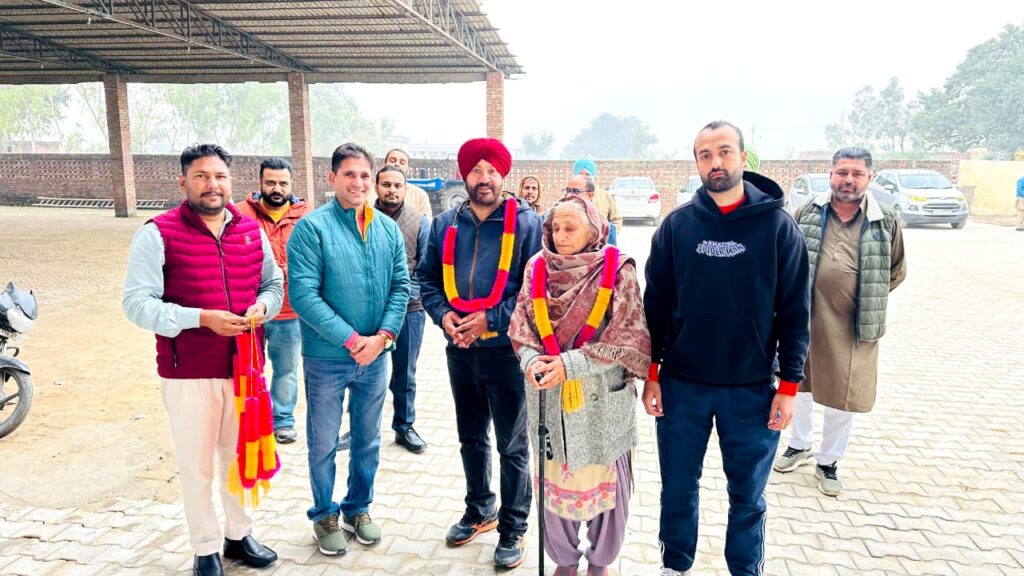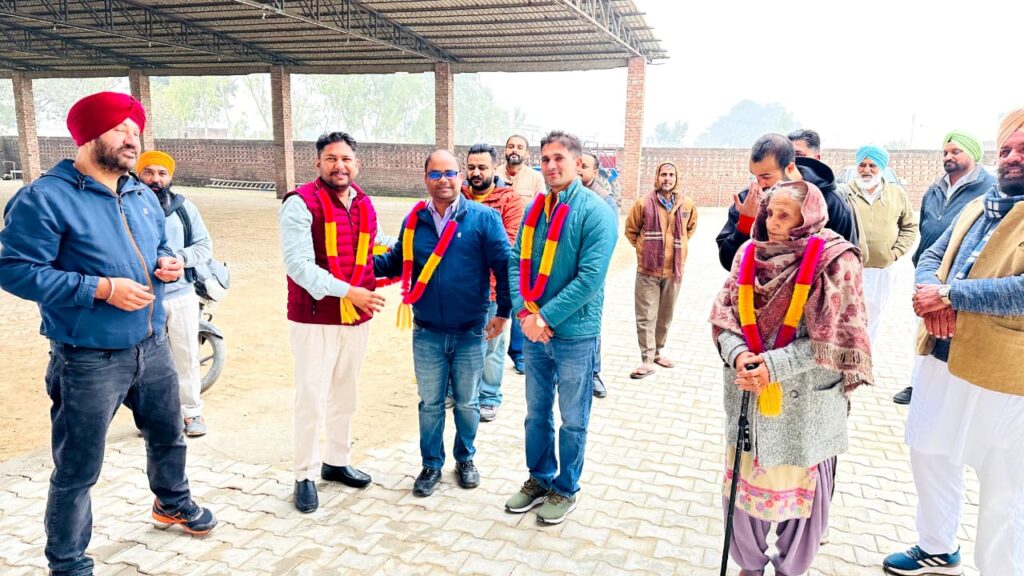Producer Institution Building (PIB)
PIB strengthens the business through better governance and a member-centric approach. The efforts are directed to increase active membership, resulting in a better economy of scale. The PIB activities differentiate the Producer Company from the other players in the dairy sector mainly through its open and transparent governance systems and member equity equivalent to their patronage. The emphasis is to make members aware of getting their milk payments directly through their bank accounts for transparency in transactions and timely milk payments, apart from inculcating the habit of savings.
MPCs Core Design Principles:
members
Active user membership & their participation in business and governance
Member equity in proportion to patronage
Patronage based member classes and member class representation on the Board to ensure inclusiveness in governance.
Appropriate mechanism for member communication and grievance redressal
Professionally managed business operations and economy of a scale sufficient to ensure viability and self-sustenance at the earliest
Building an efficient value chain management for maximizing returns to members
Leveraging technology for information and data management to ensure transparency and deliver need based services
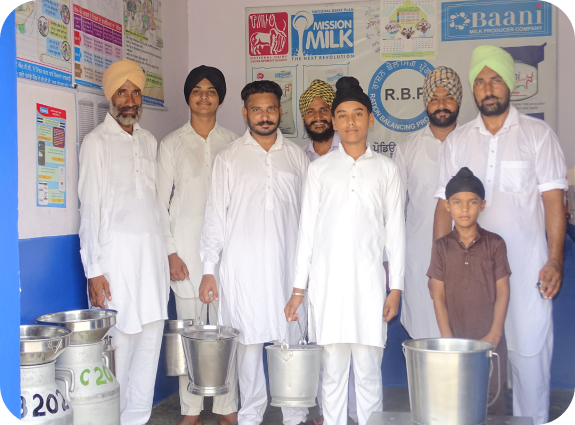
Strengthening Member Relations:
The Village Contact Groups (VCG) and Member Relations Groups (MRG) are formed among the company members who consistently pour milk to the MPC and have voluntarily consented to be part of these groups.
These groups facilitate an effective two-way channel for communication between members and MPC. The aim is to build relations, resolve the grievances of members, and create a sense of responsibility and belongingness among the members towards the MPC. VCG and MRG members meet to discuss and review the progress of the Milk Pooling Point (MPP) and share developments with the members. These meetings are also attended by the Company’s employees from the procurement and PIB departments to facilitate interaction.
Training & Capacity Building Programs:
Members have imparted training on various awareness programs related to dairying so that they understand their roles and responsibilities. The training programs are organized from time to time and cover potential members, women, school children, rural youths, MRGs, and VCGs. Major training programs conducted since inception till 31st March 2021 are mentioned in the table below:
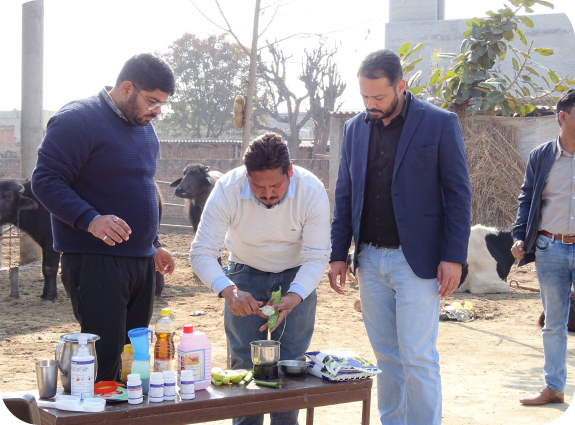
| S.N. | Training Programmes | No of Participants Trained |
|---|---|---|
| 1. | Producer Awareness Program (PAP) | 100581 |
| 2. | Quality and Clean Milk Production Program (CMP) | 72860 |
| 3. | Women Awareness Programme | 45375 |
| 4. | Rural youth awareness program | 7722 |
| 5. | MRG and VCG Orientation program | 19849 |
| 6. | Training of assistants | 4008 |
| 7. | Leadership Development Program | 297 |
| 8. | Galbat (Village Level Training Program) | 24957 |
| 9. | LRP Training | 1251 |
| 10. | Staff training | 3926 |
Women Empowerment:
Baani MPC has entrusted upon itself the responsibility to create an environment that makes rural women aware of their role in general and dairying in particular. The following interventions have been initiated to achieve the larger objective of women’s empowerment:
Women awareness programme has been started where participants are informed about their contribution in dairying and enhancing quality milk production resulting in regular income for the family
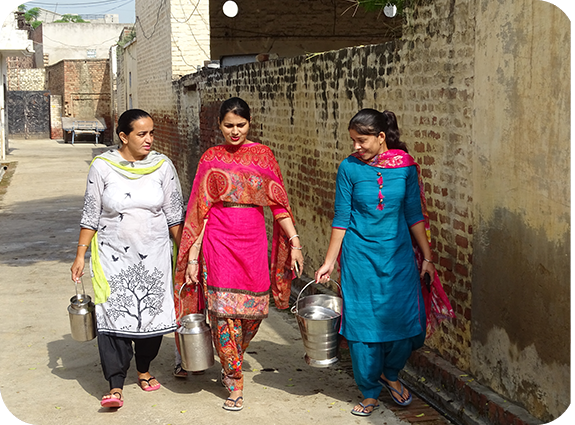
Women are encouraged to become members and their milk payment is transferred to their bank accounts. This may lead to enhanced decision making ability and self-dependence.
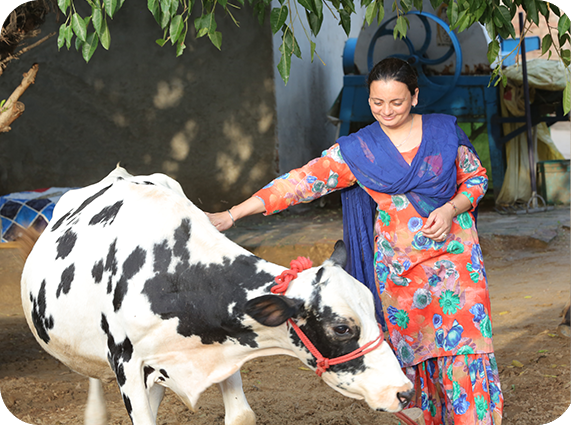
The company communicates about women’s roles in every meeting and forum to emphasize their importance in the dairy sector.
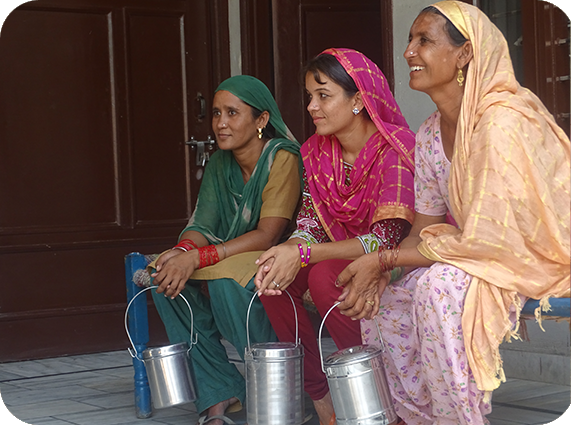
Women have equal opportunities to join the Village Contact Group (VCG) and Member Relation Group (MRG) at the MPP (Milk Pooling Point) level.

Women members who consistently pour quality milk in the required quantity to the MPP of the company while fulfilling other criteria of continuing membership have a better chance than male members to induct themselves into the Board of Directors of the company. Board meetings give them an excellent opportunity to learn management and governance.
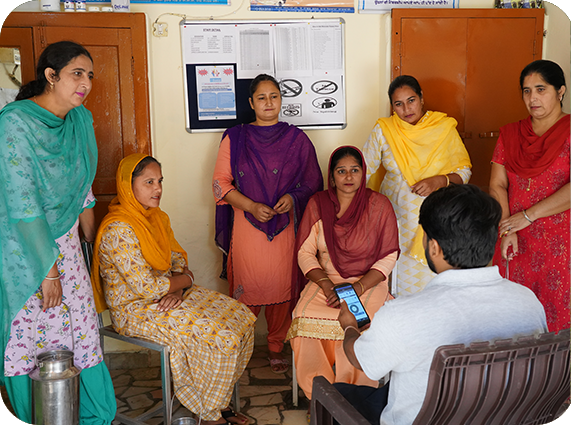
Currently, five of the board members of MPC are women.
